APLO (alineando planetas linderos órbitas) / office for architecture and landscape / Bogotá, Colombia
in collaboration with
Corporación Mano Cambiada / socio-environmental agency for community empowerment / Nuqui, Colombia
and
The Traditional Fishing Group Los Tiburones de Coquí
present
MOON ANTS MANGROVE
A retrospective display of three collaborative architectural works done by APLO in Colombia's Pacific coast, as well as a new milestone in the design process with local allies Mano Cambiada, a Nuquí organization empowering black and indigenous youth through science and arts while advocating for community-based tourism; and Los Tiburones, a traditional fishing group of Coqui that care for 600 hectares of mangrove forest while experimenting with techniques of artisanal fishing.
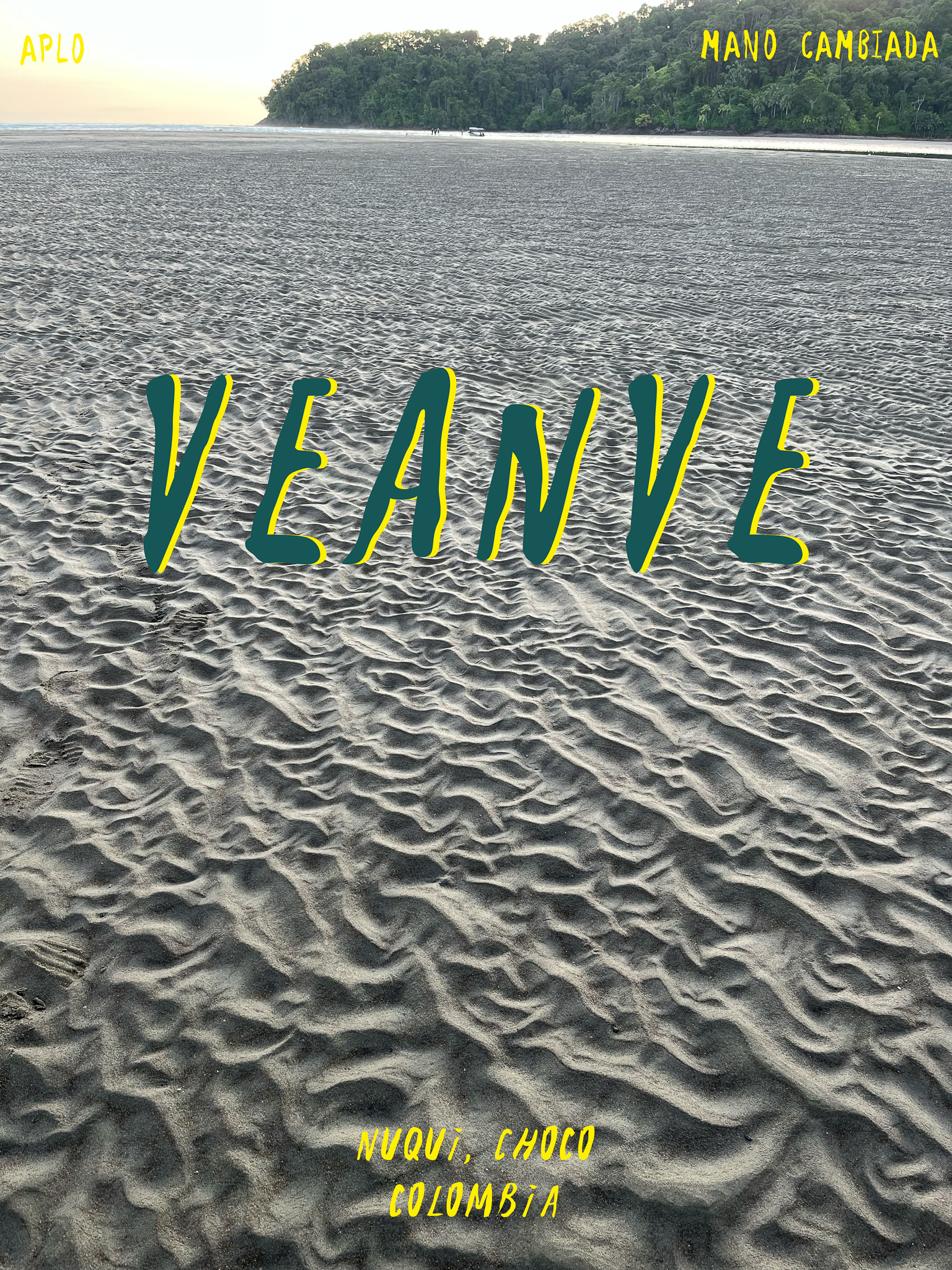
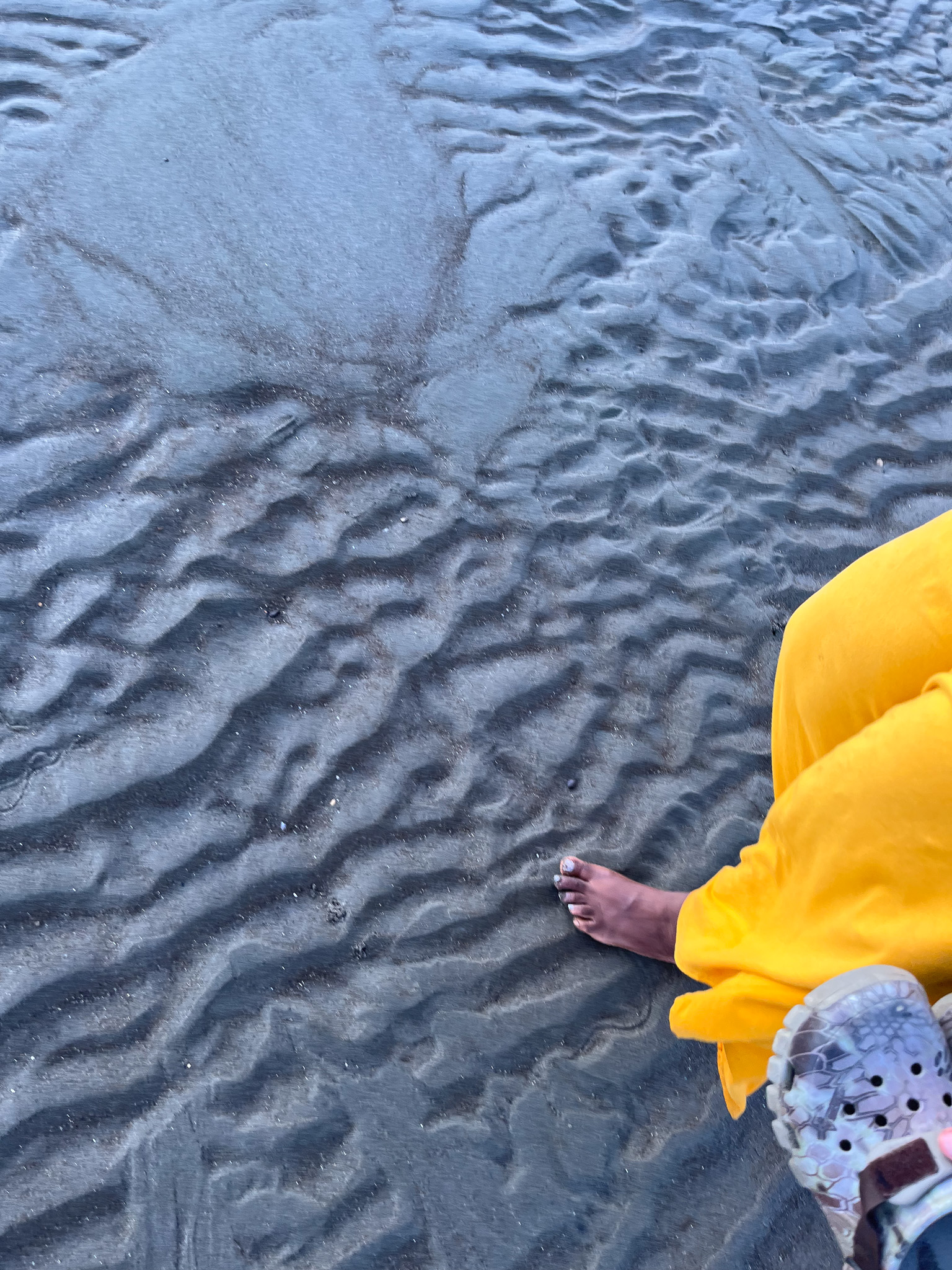
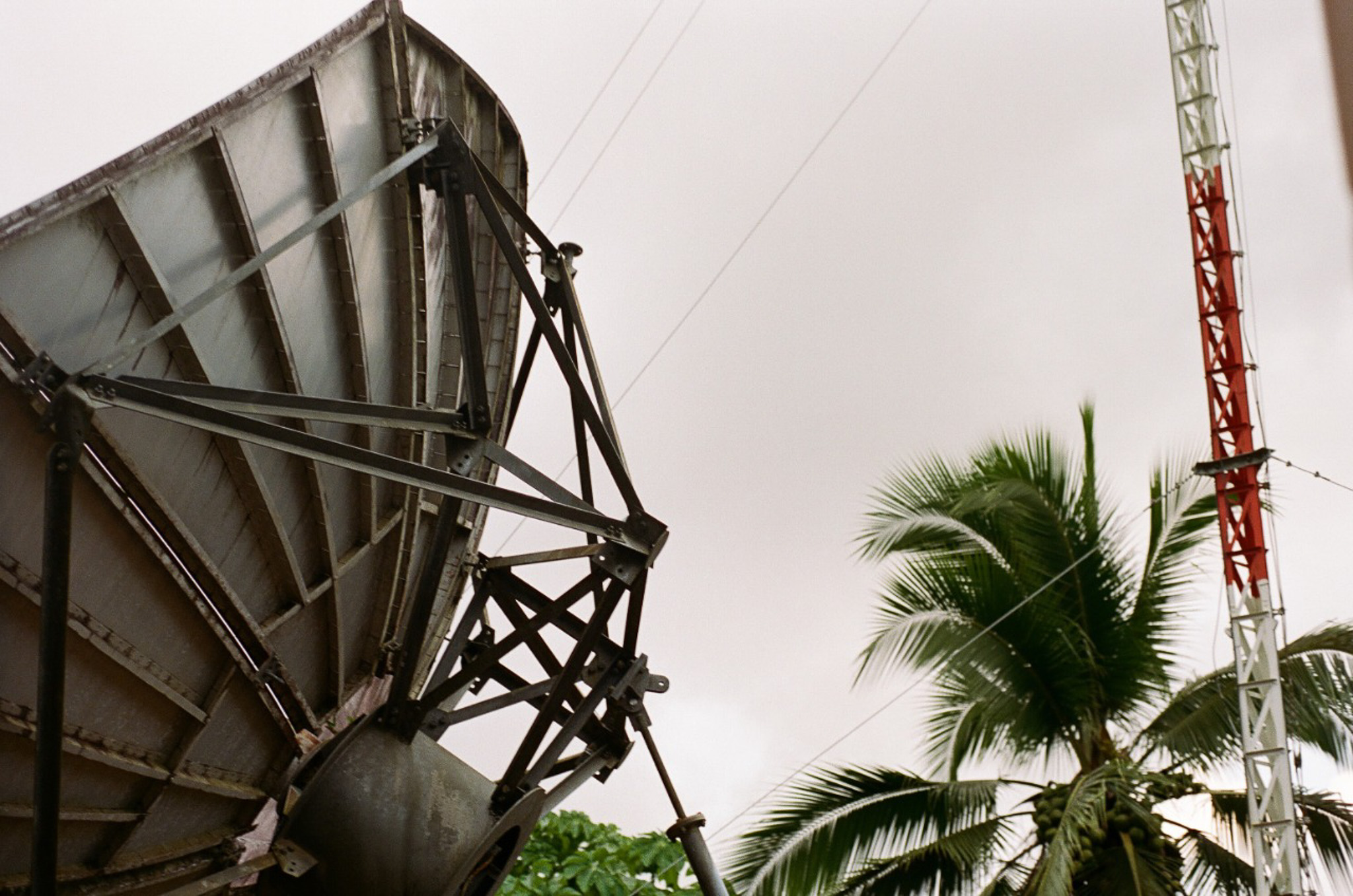
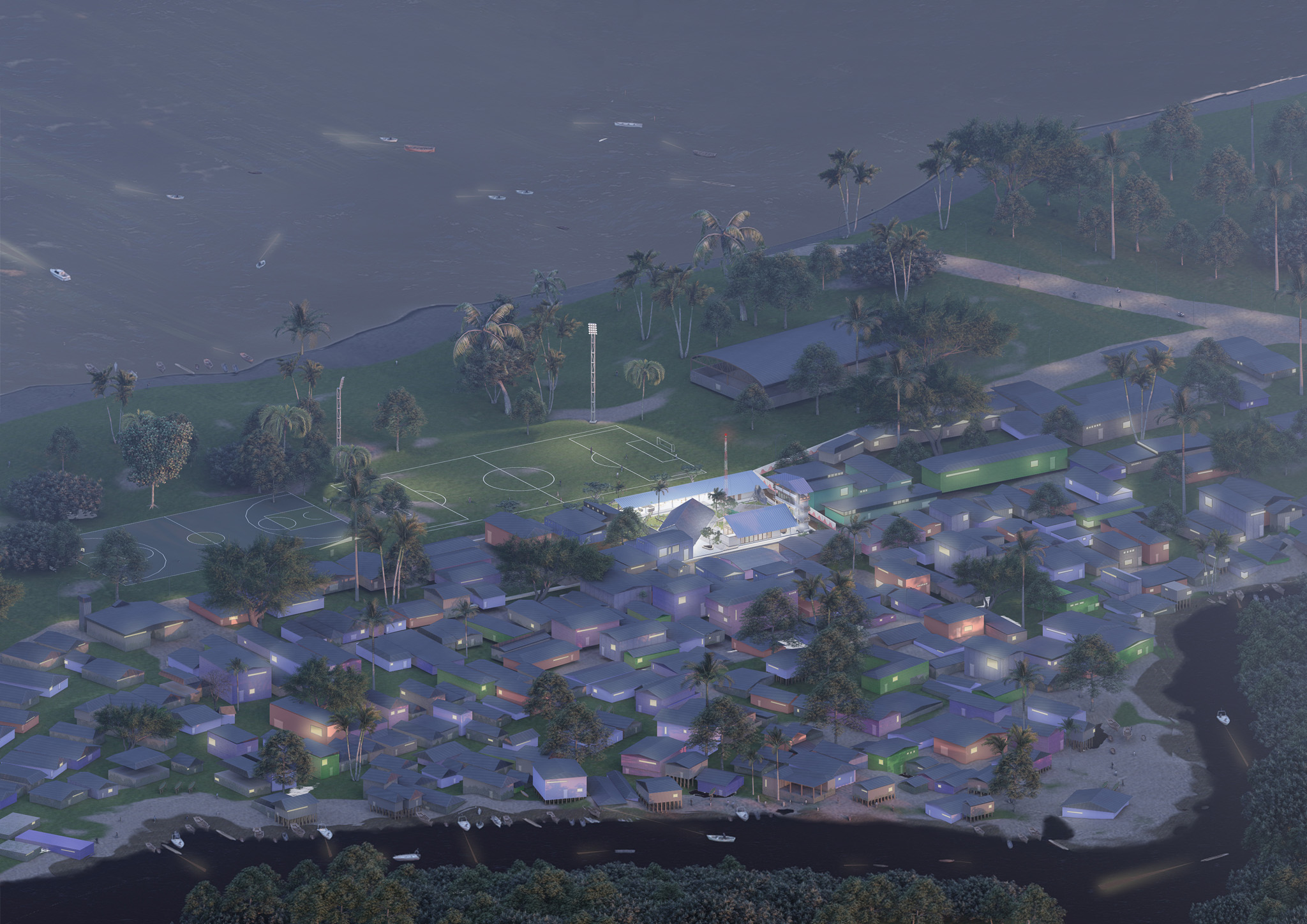
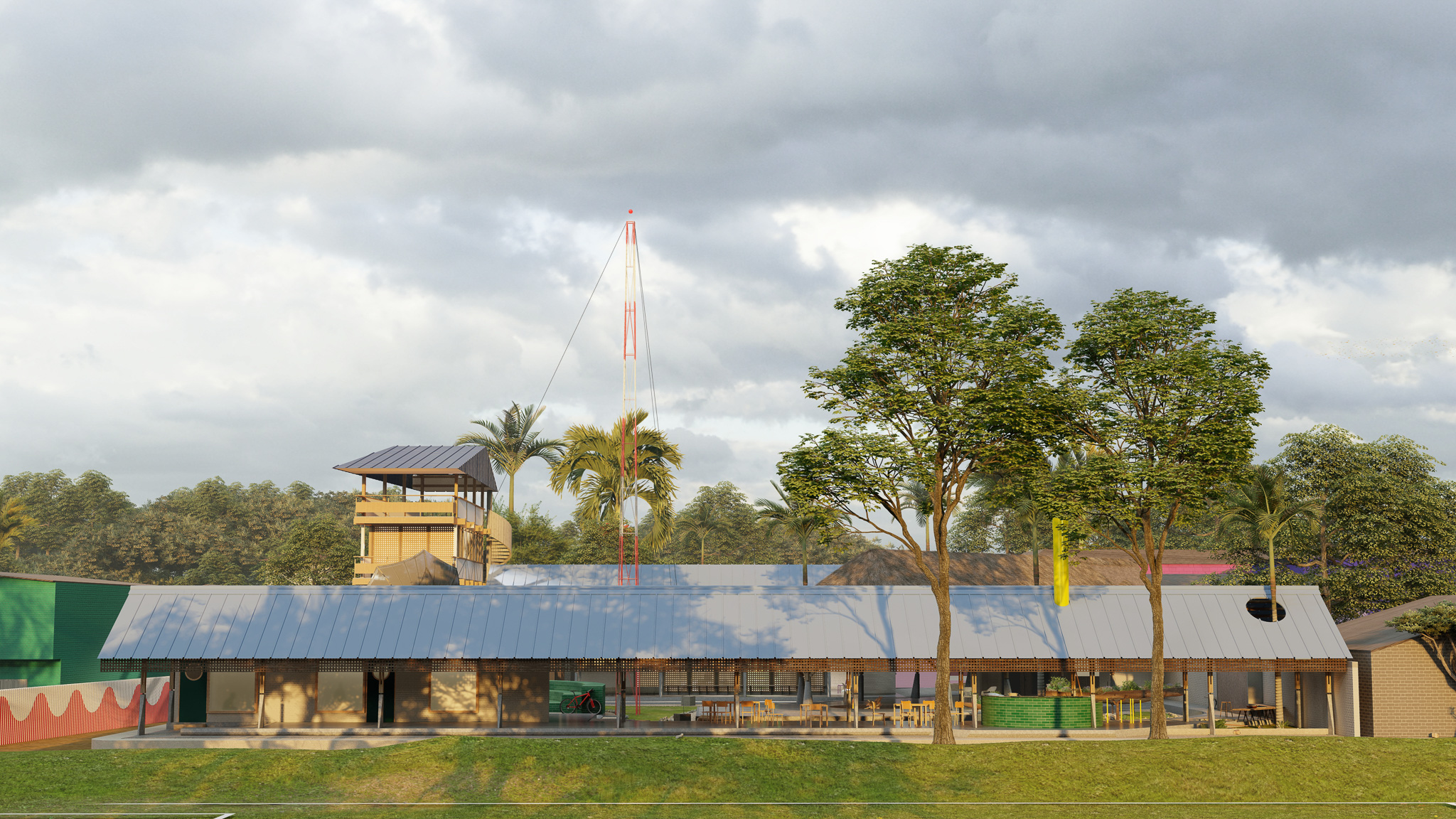
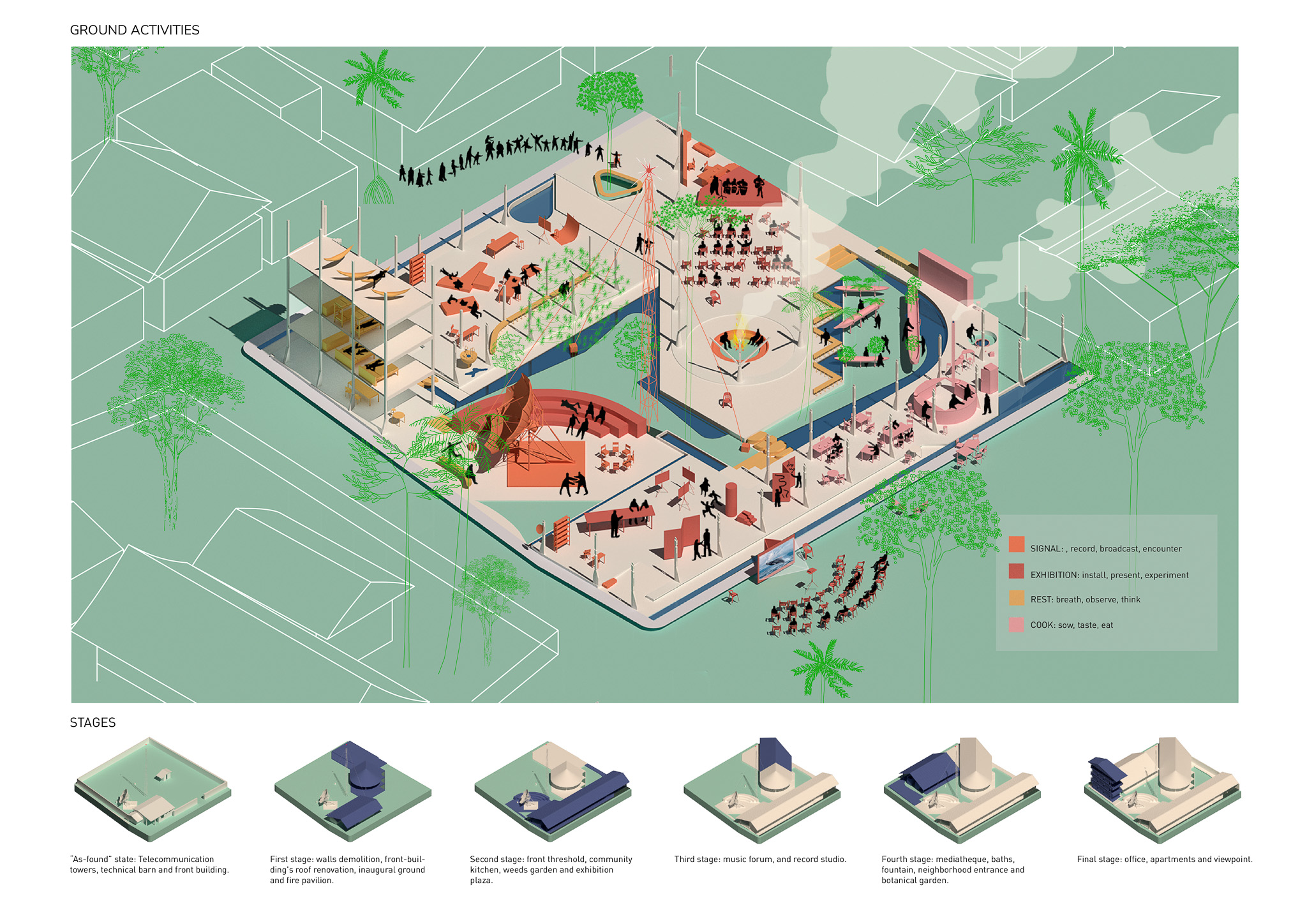
Veanvé is an environmental infrastructure for pluriversal pedagogy and planetary ocean health.
The Center aims to safeguard the traditional knowledge and ecosystems of Colombia's Tribugá Gulf, which was designated as a Hope Spot in 2019 due to its significant contribution to planetary ocean health, making it one of the most biologically diverse regions in the world.
Most recently the gulf was declared a Biosphere Reserve by UNESCO for being one of the few ecosystems in the world that is in balance.
VEANVÉ materializes the evolution of the Pacific Migration Festival, transitioning from an event-based strategy, spearheaded by local organization, Mano Cambiada, since 2010, into a productive and pedagogical infrastructure.
Annually the Festival brings together 1,000 young participants, offering a scientific, sporting, and cultural experience, to celebrate the uniqueness of their region as a safe place for humpback whales to migrate thousands of kilometers to give birth.
This narrative replaces the preconceived notion that Tribugá is a violent and hopeless place, with one that emphasizes love and life. The Festival recognizes the crucial role of women as the foundation of the territory.
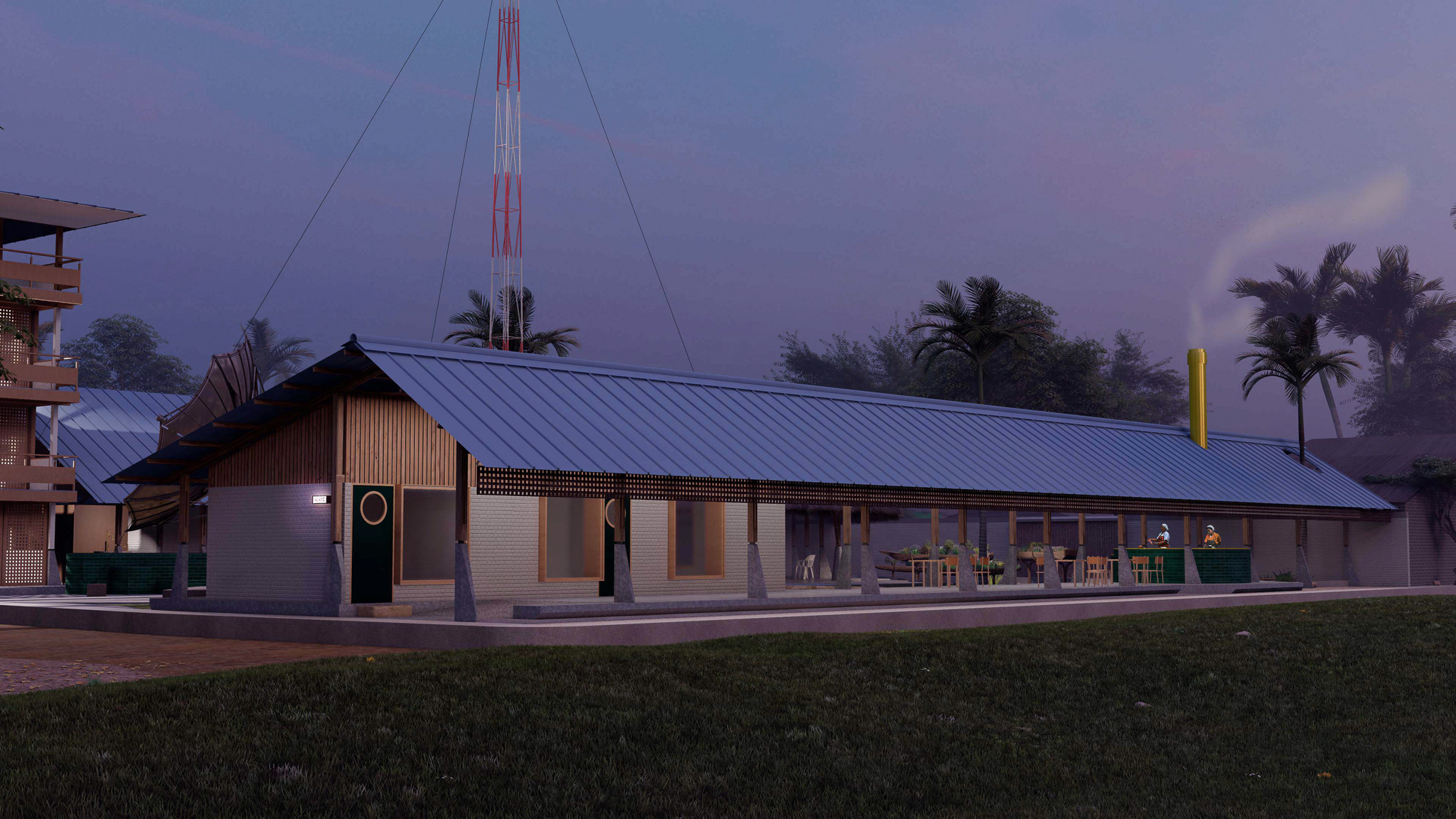
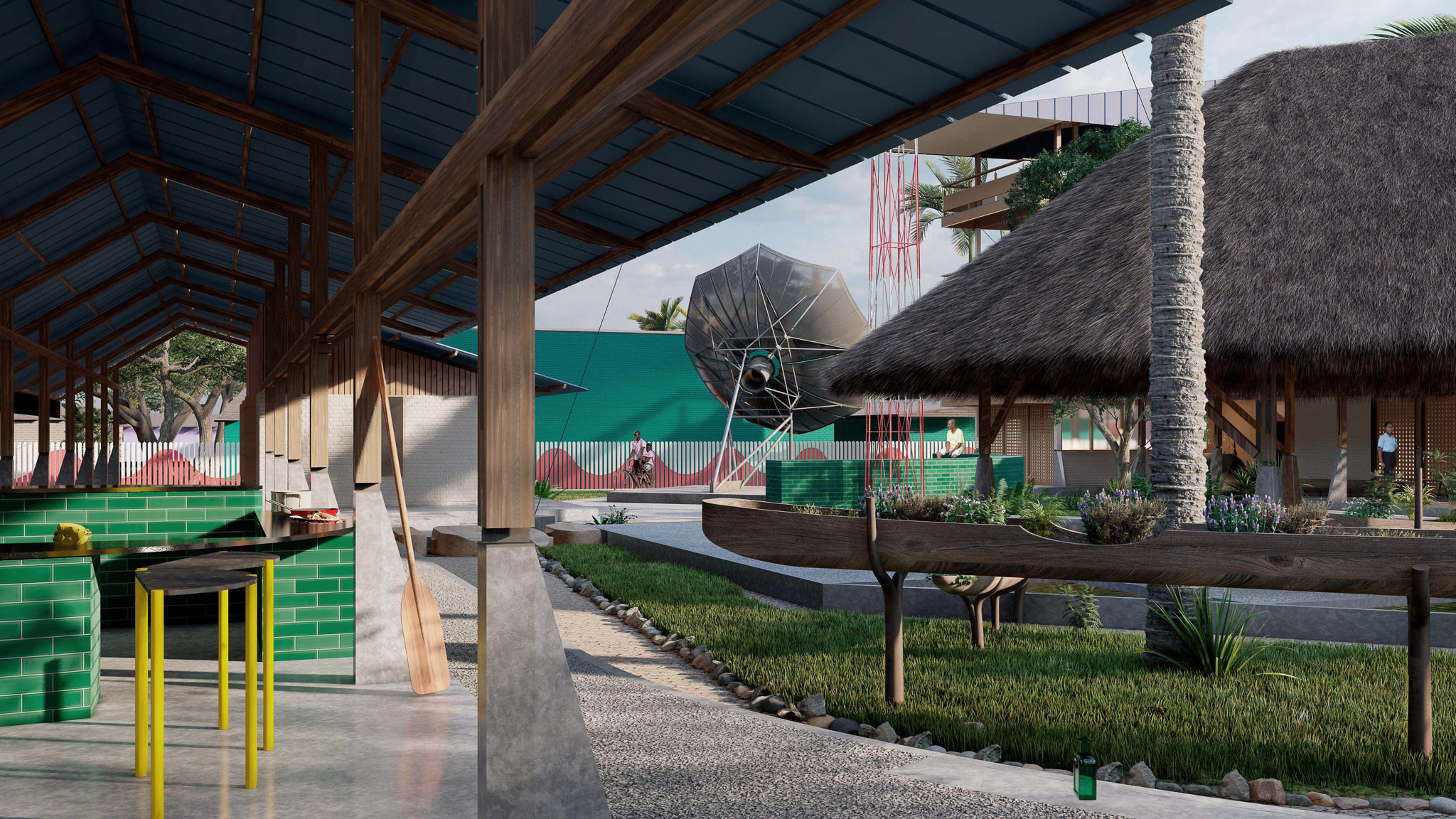
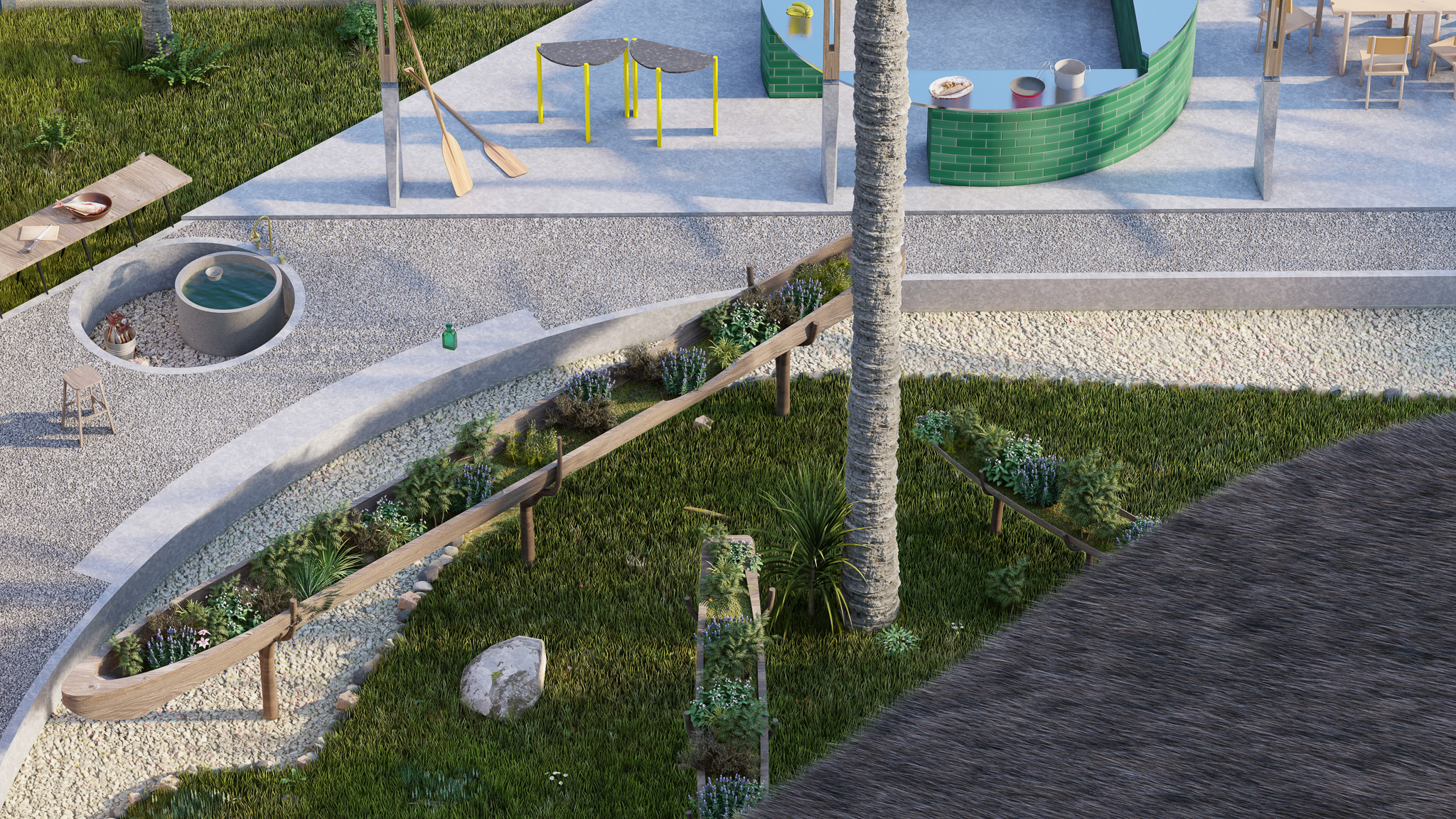
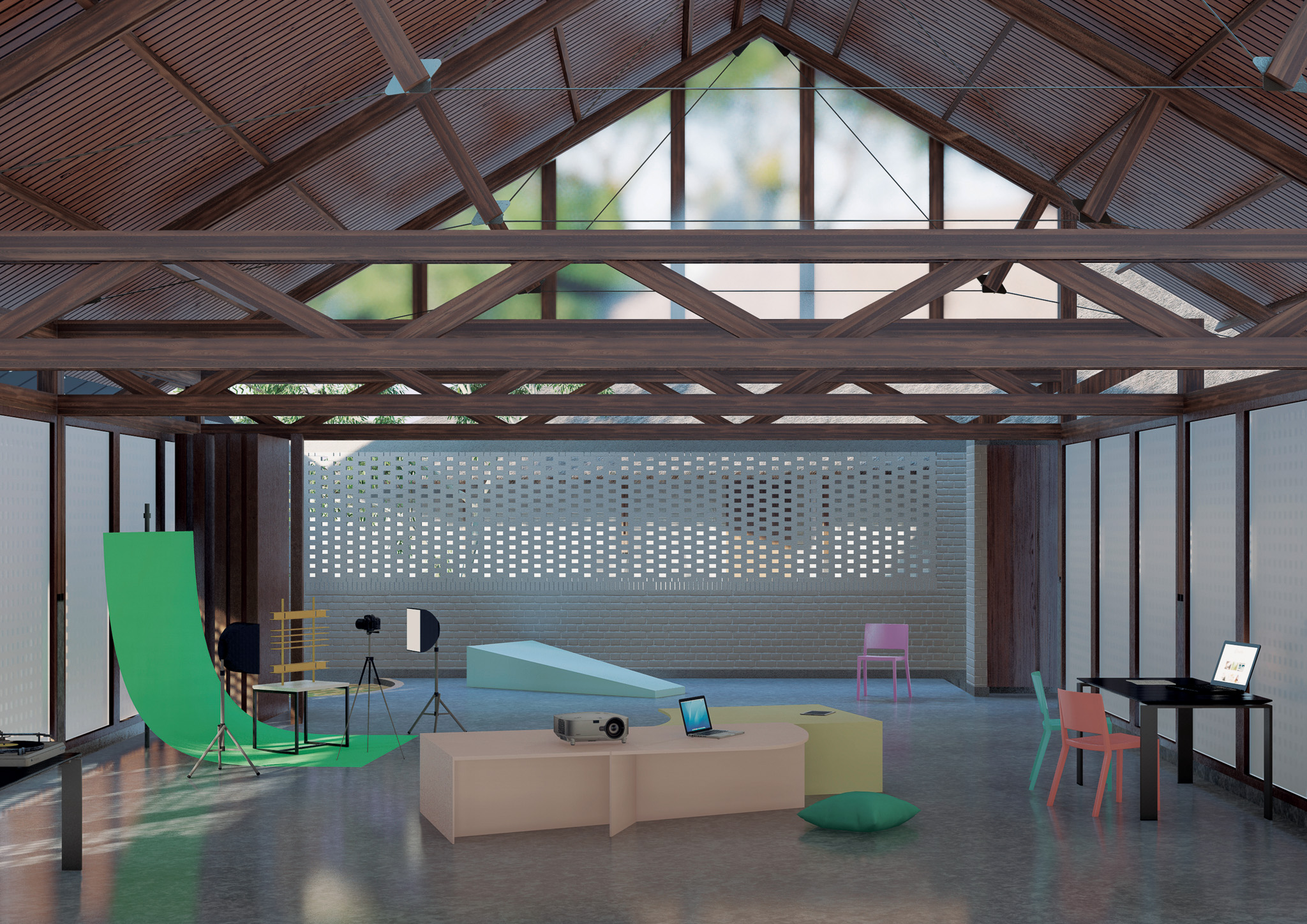
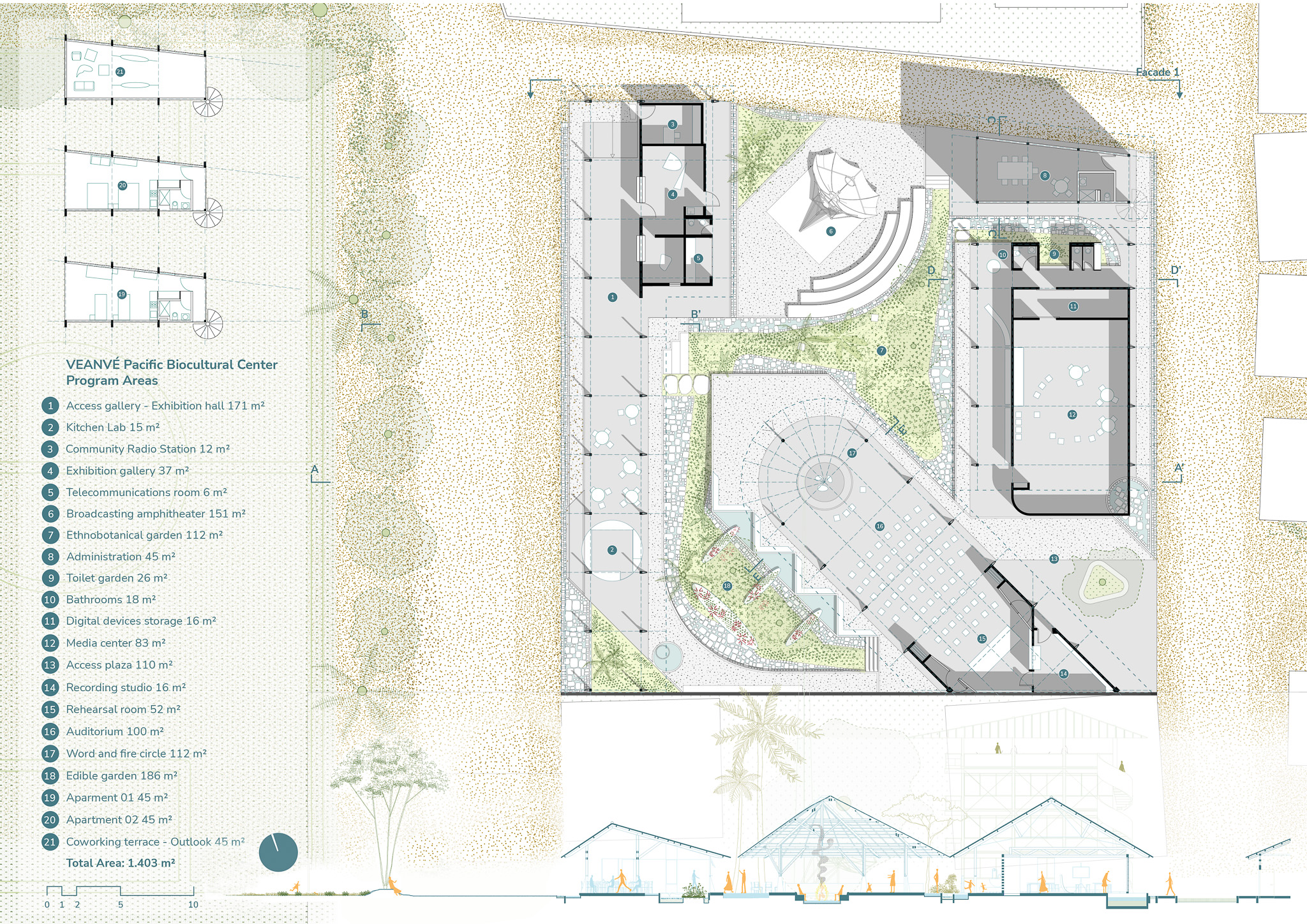
VEANVÉ asks how can architecture:
Strengthen trans-generational, multiethnic, and multicultural ties as a means for black and indigenous identity?
Foster digital technologies and embodied practices (botany, gastronomy, dance, music, theater) to equip children and youth with practical tools that enable their agency as guardians of their territory and biodiversity?
Support bio-cultural entrepreneurship to become sustainable?
We are looking for allies to make this dream happen.
Feel free to reach out :)
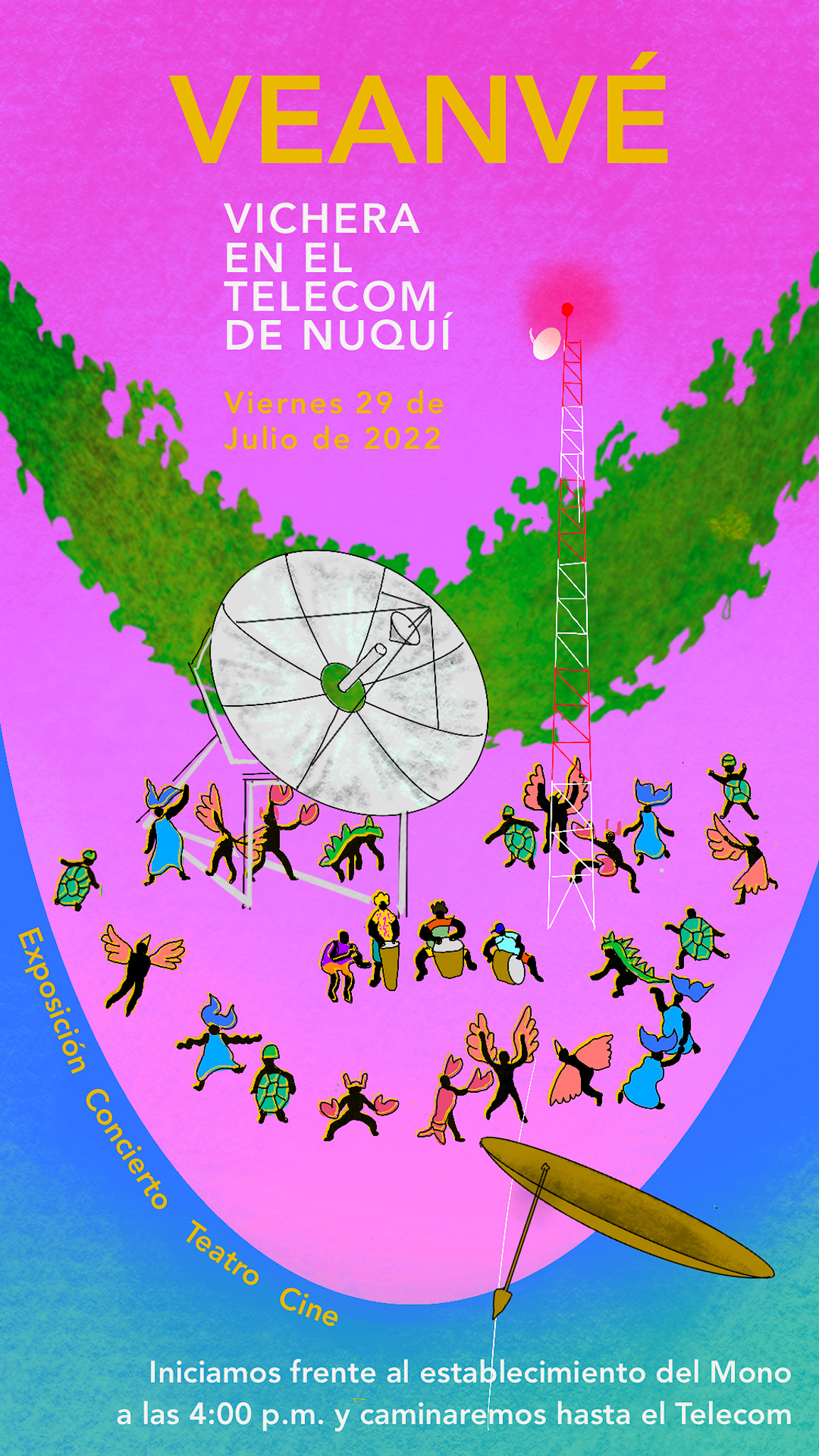
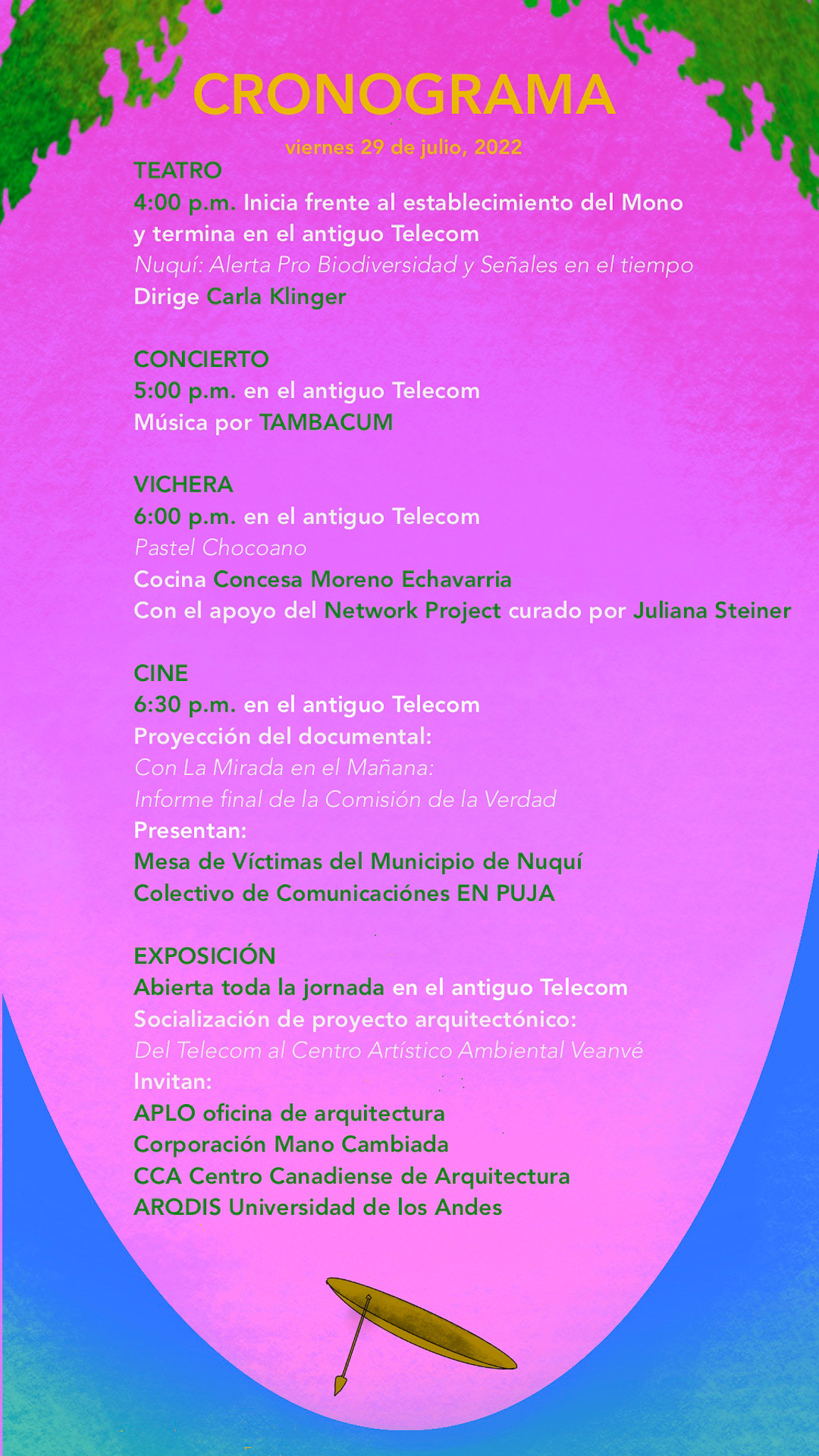
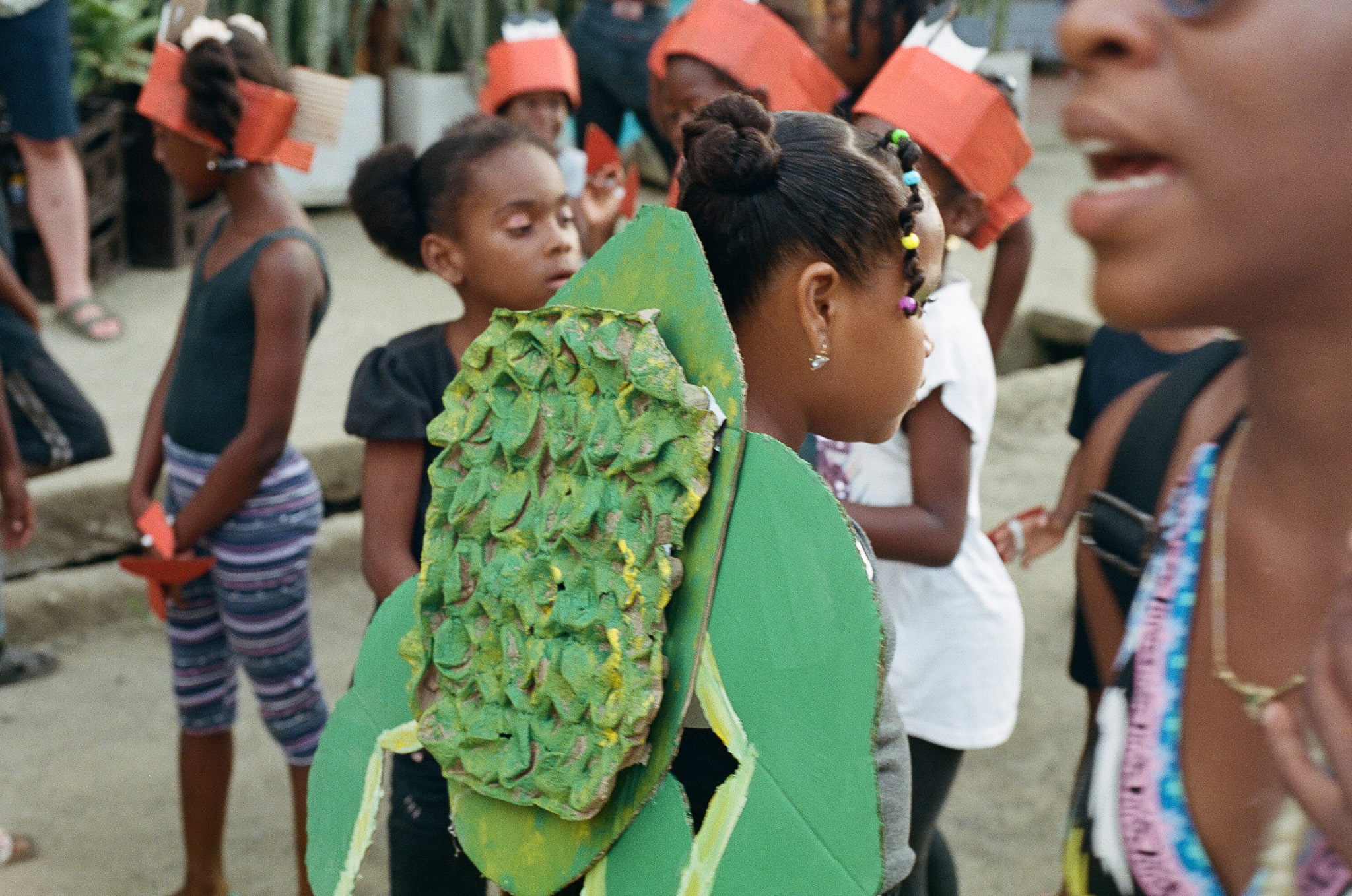
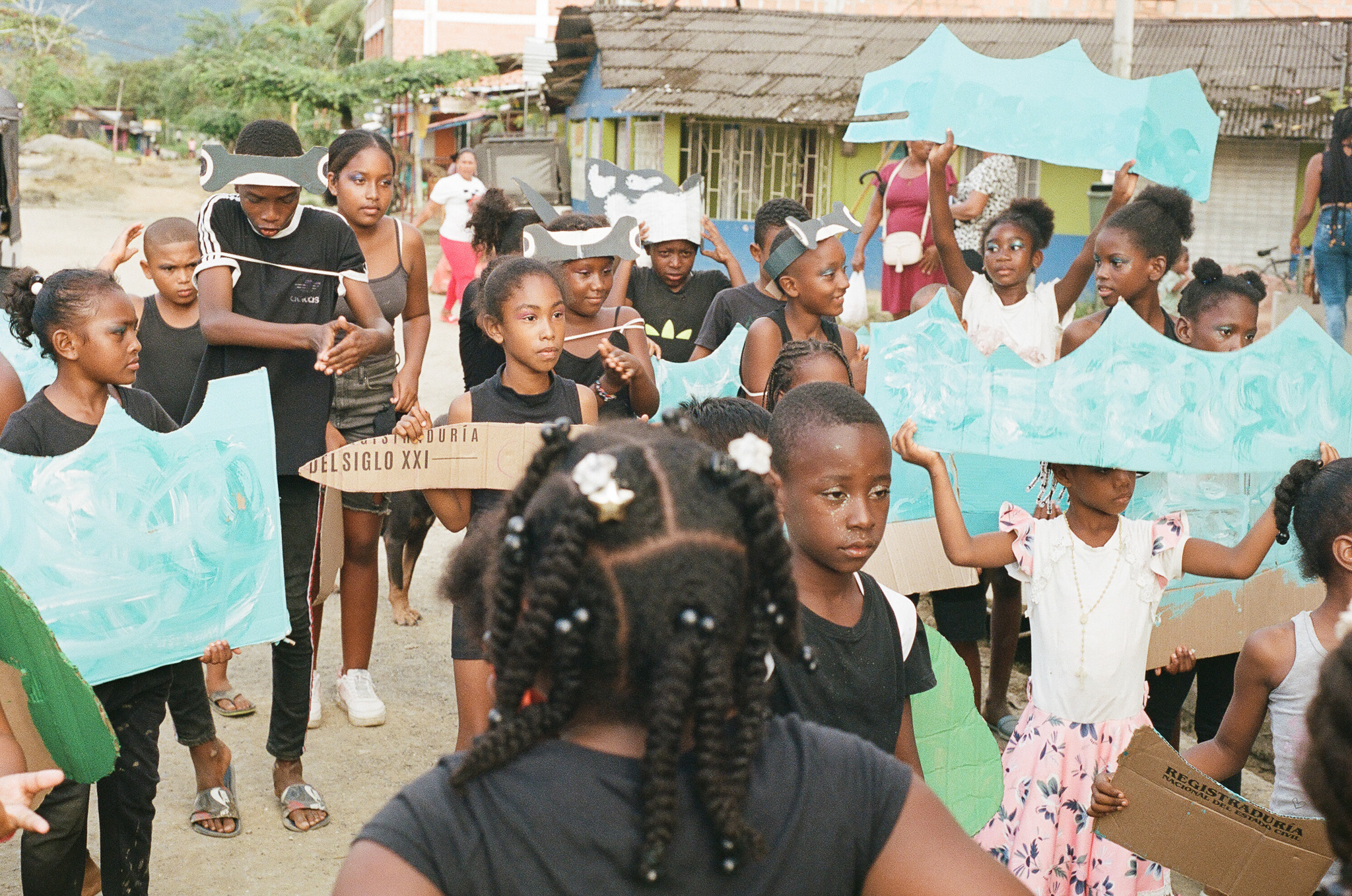
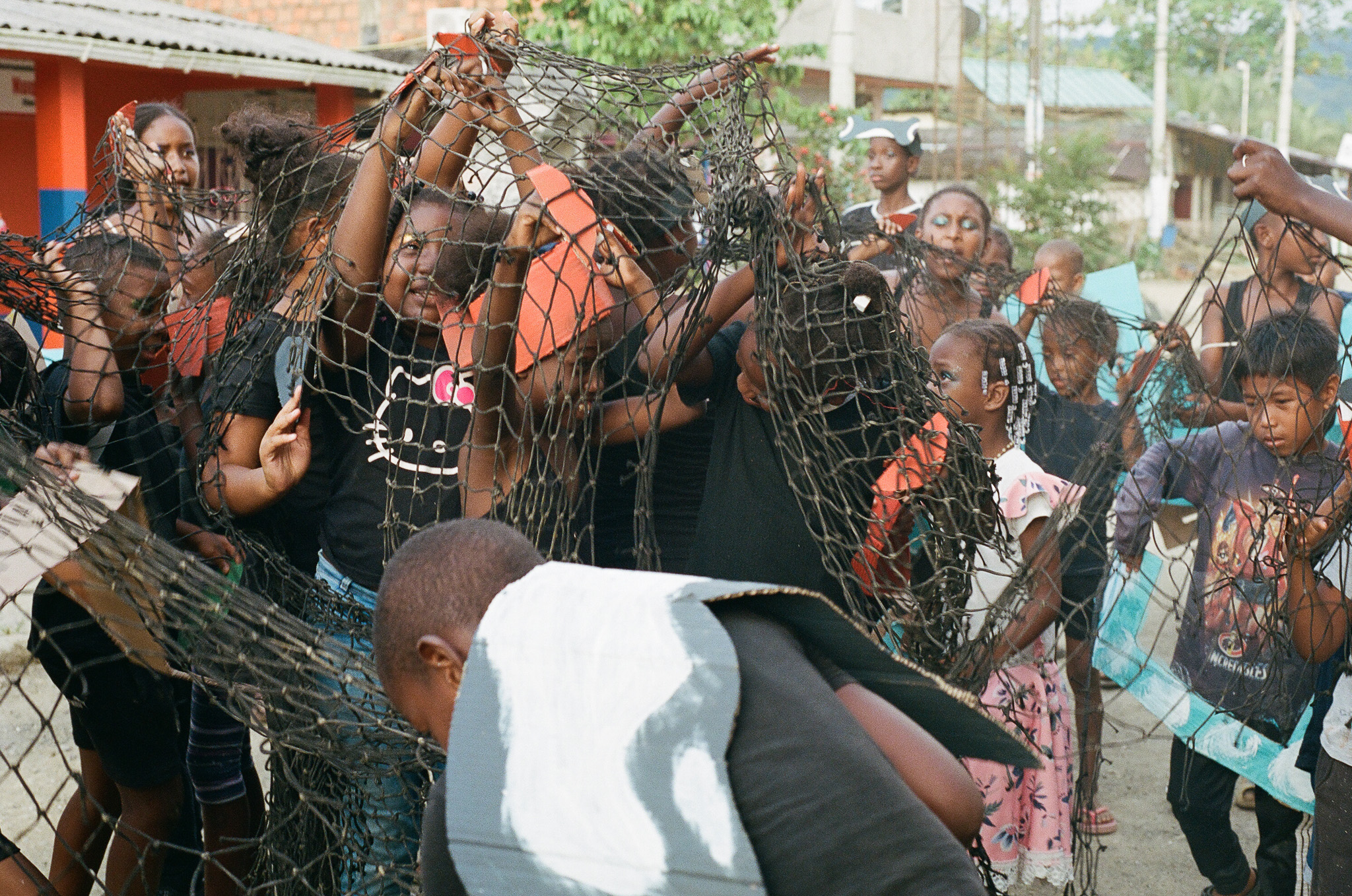
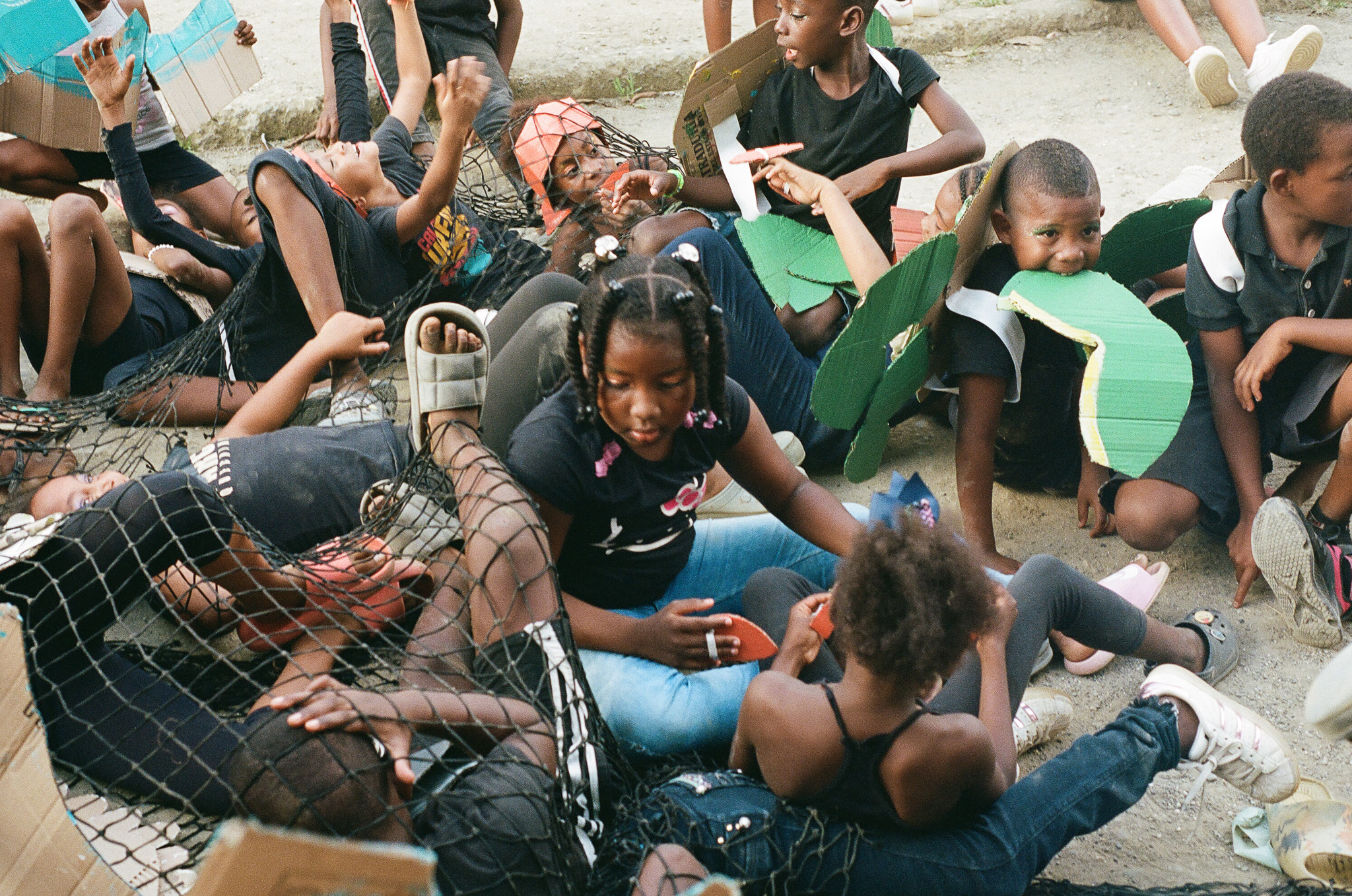
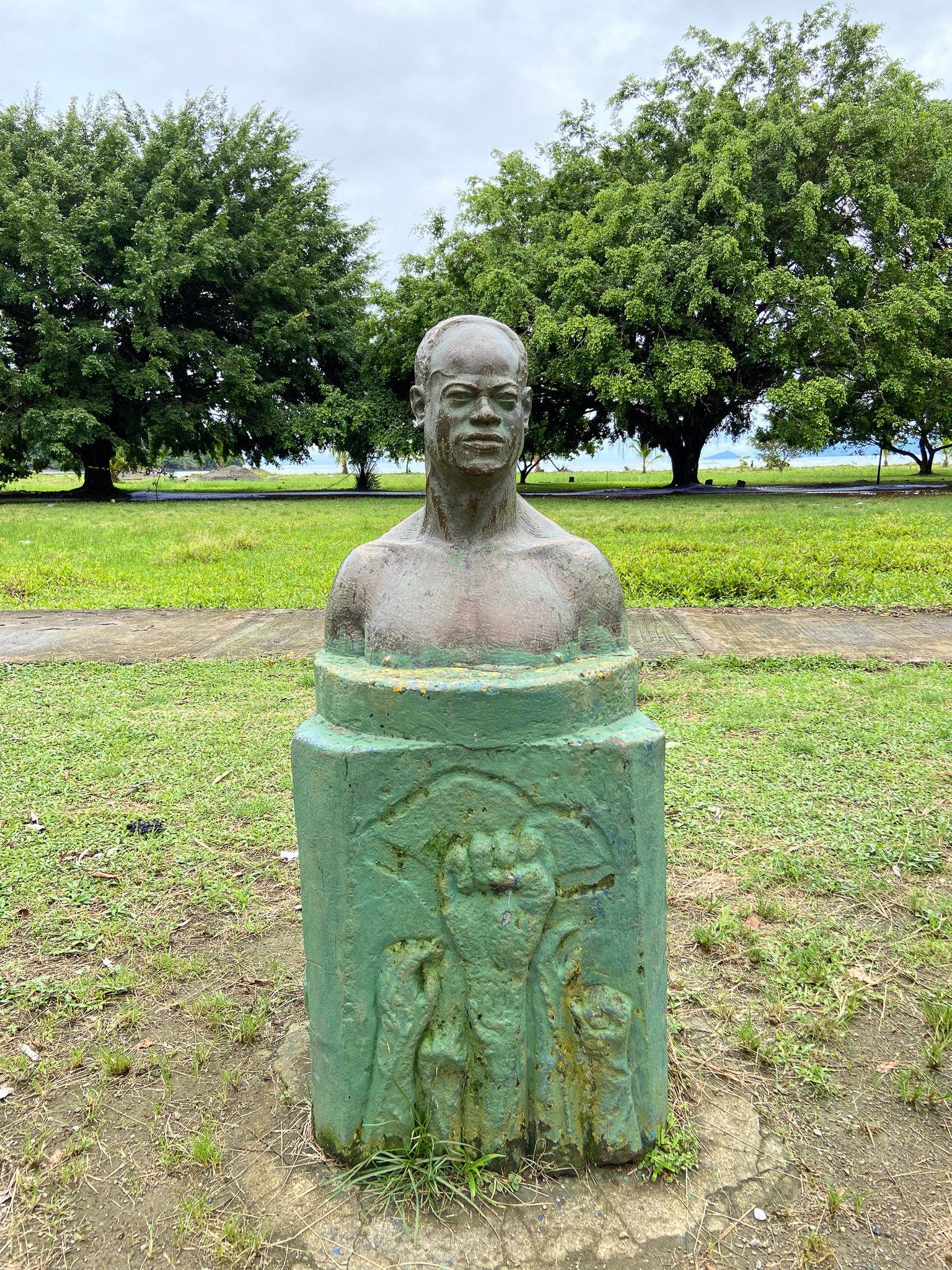
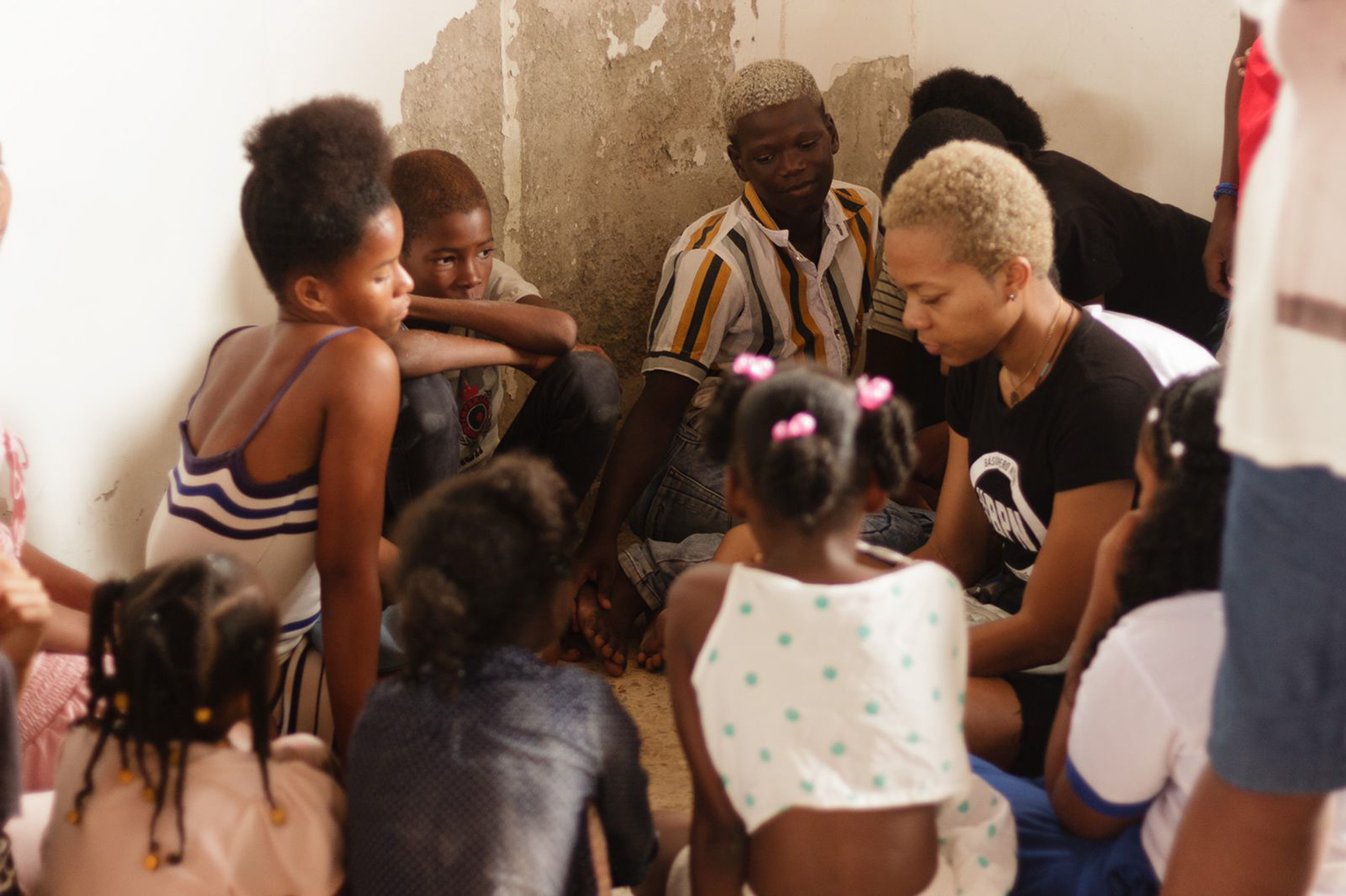
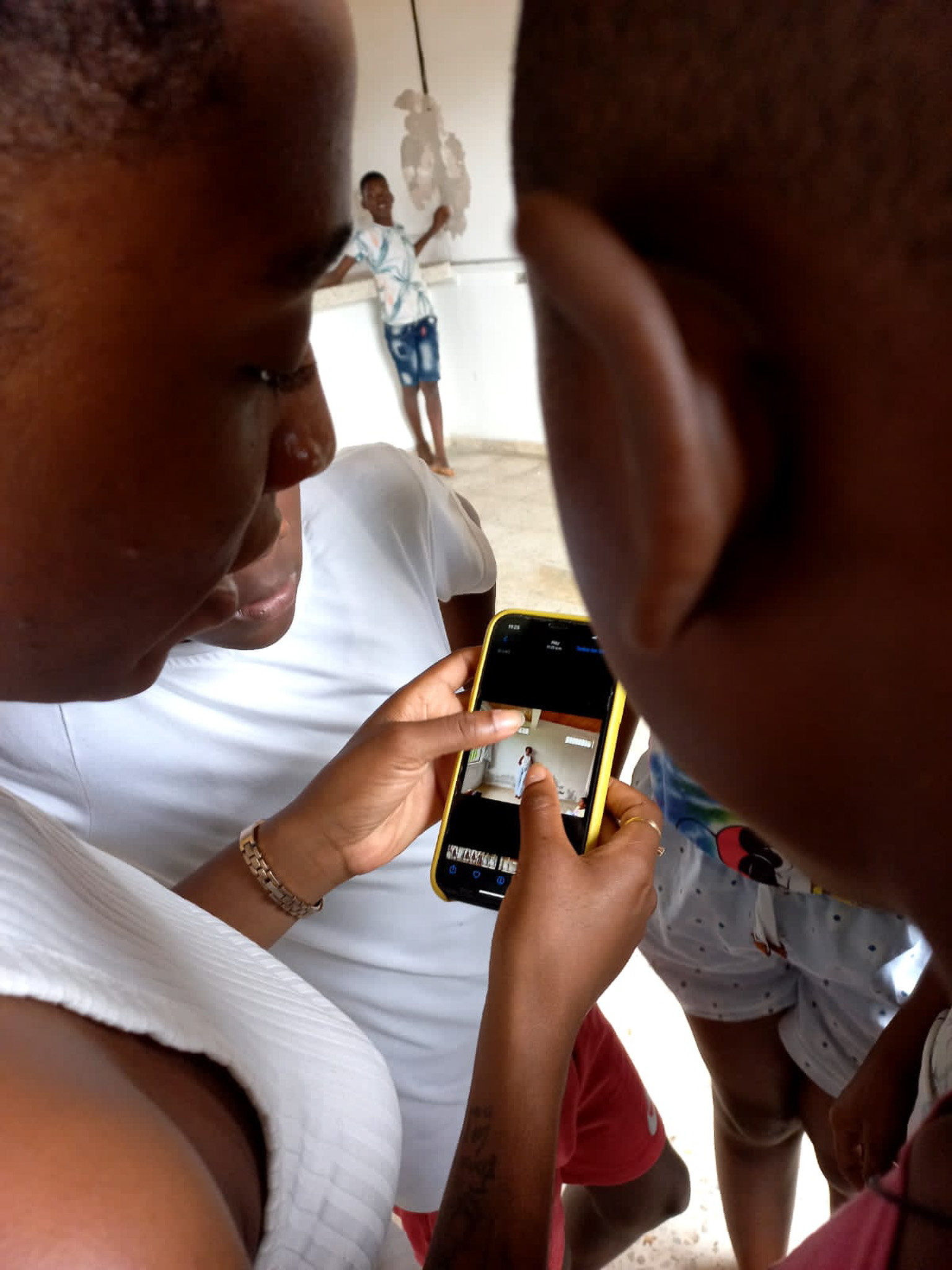
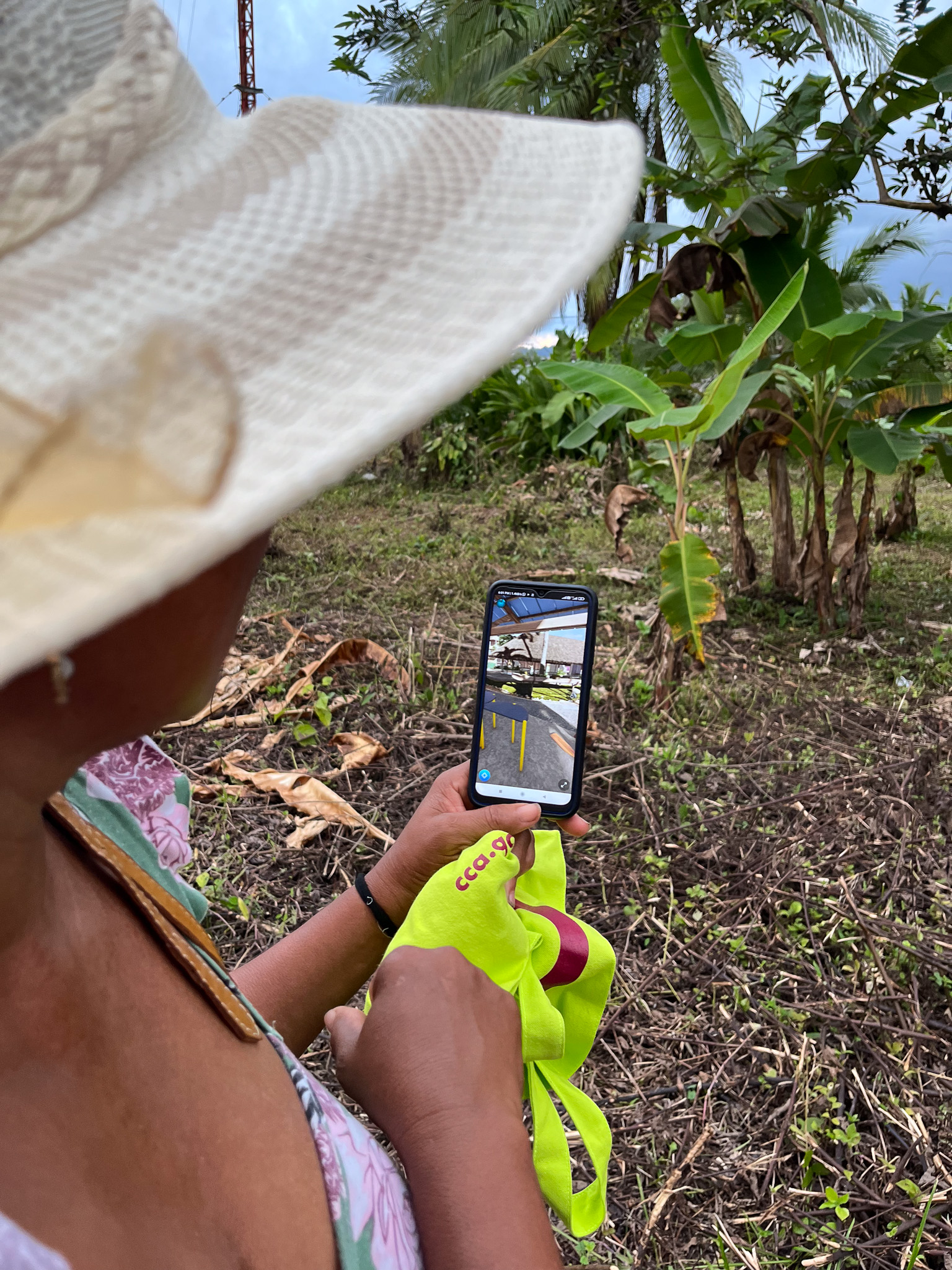
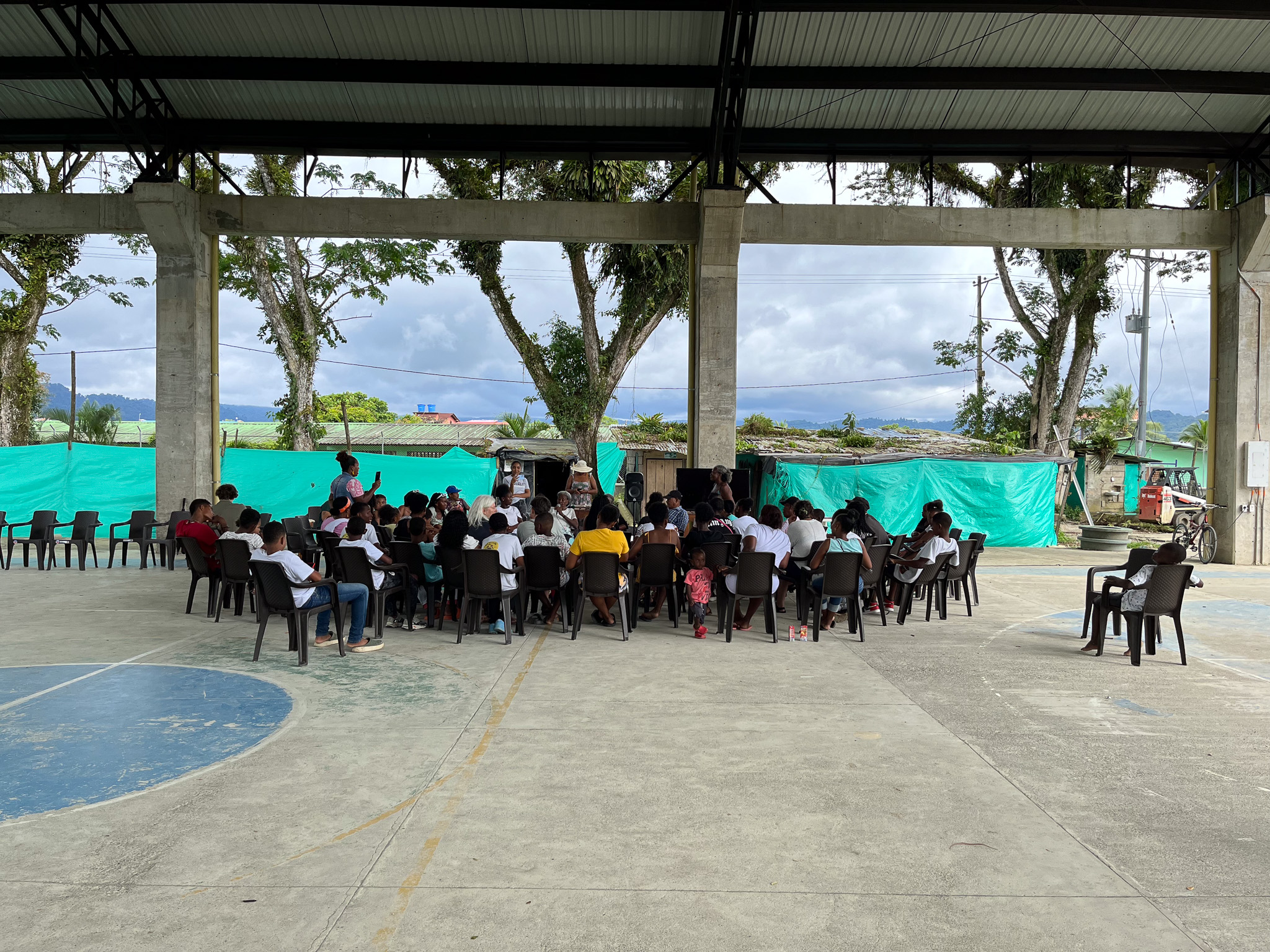

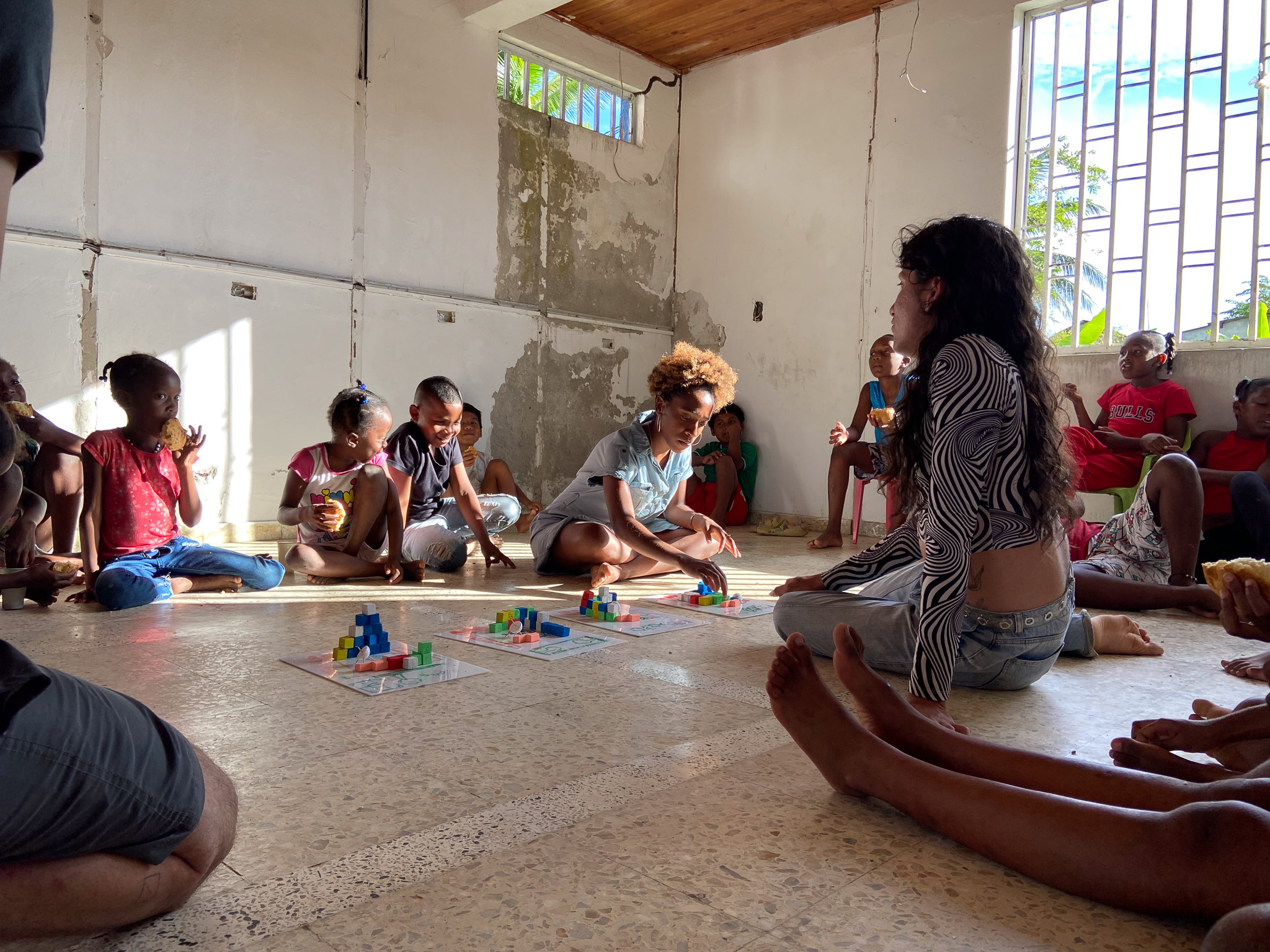
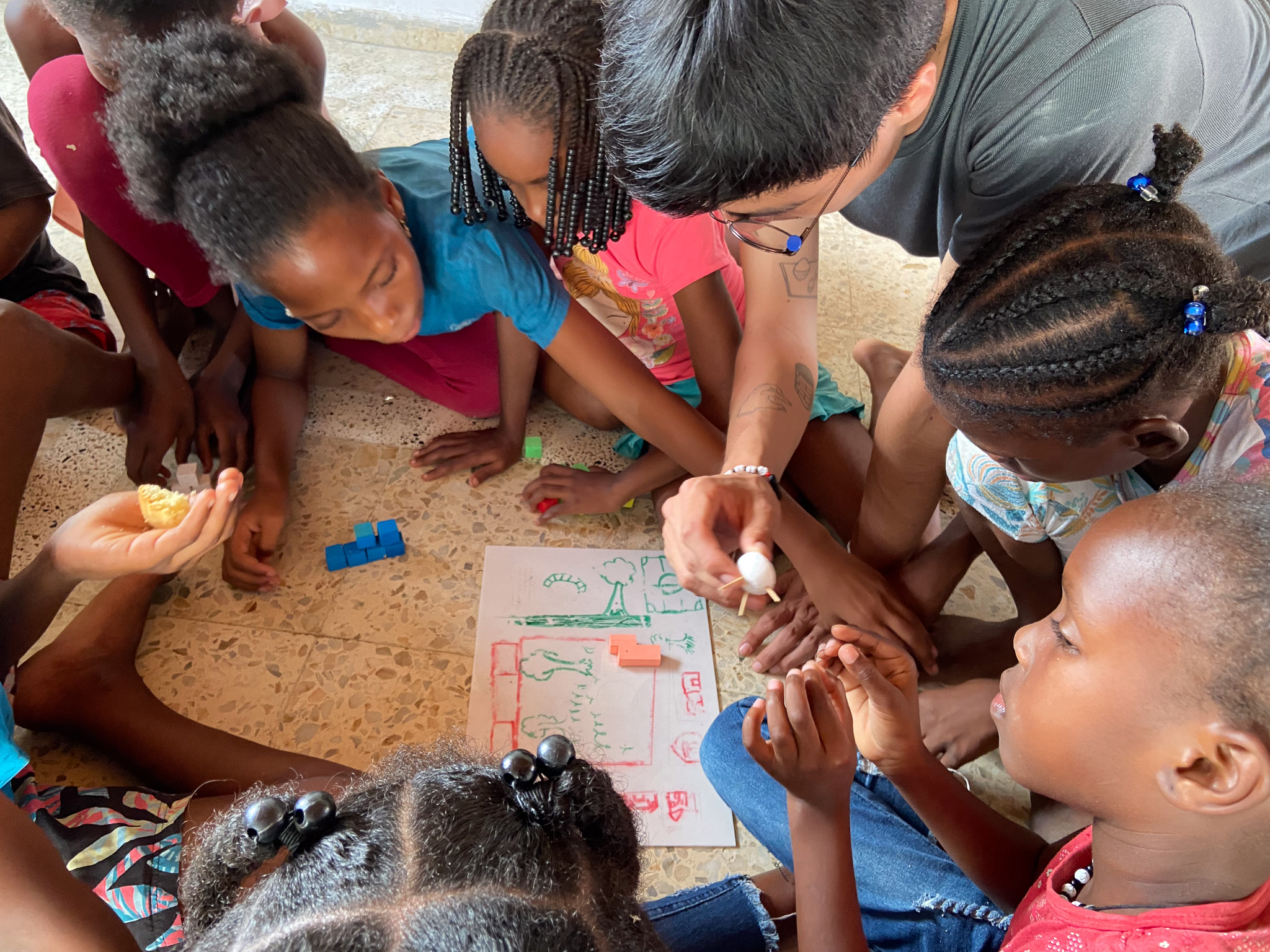
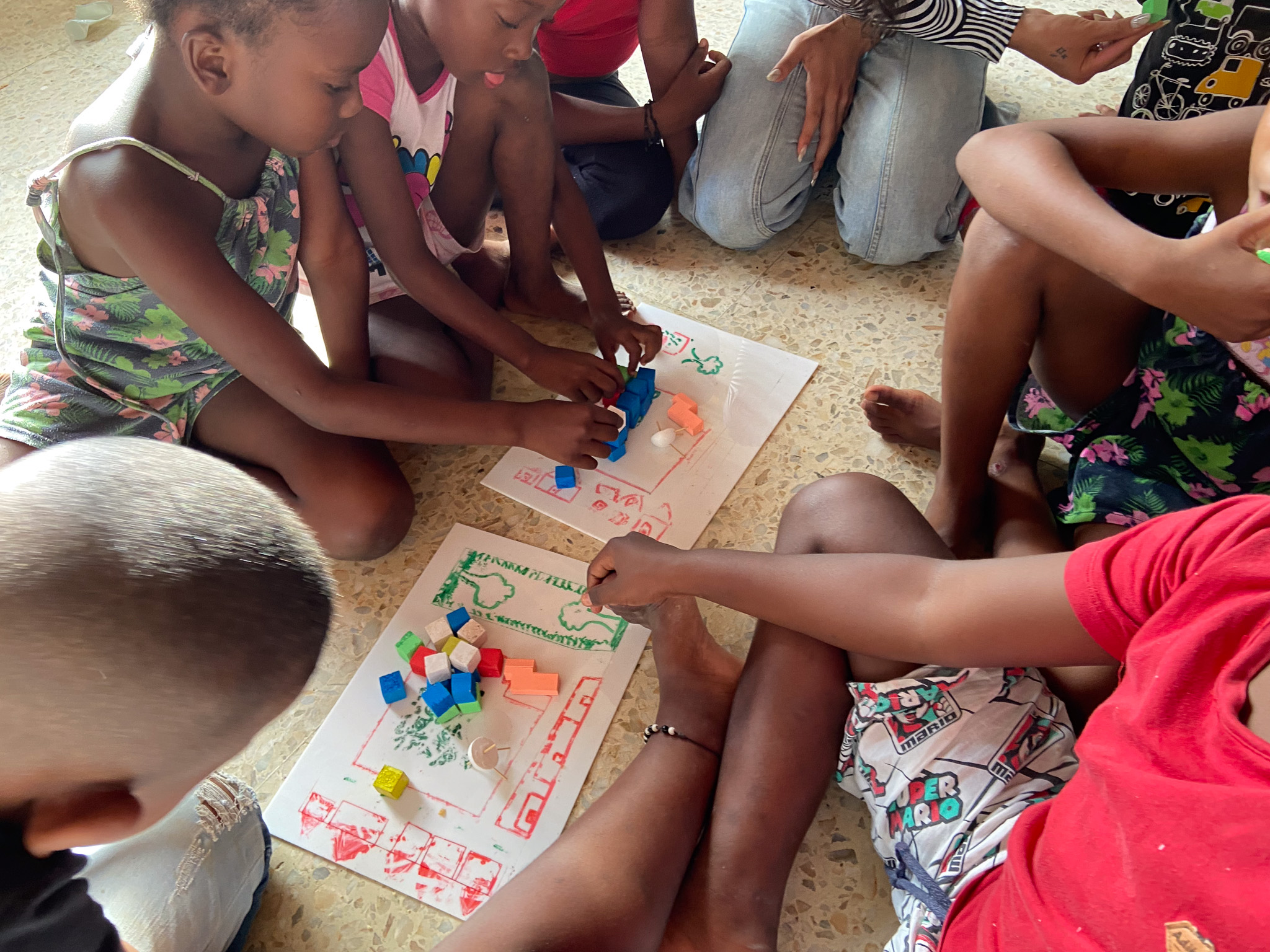
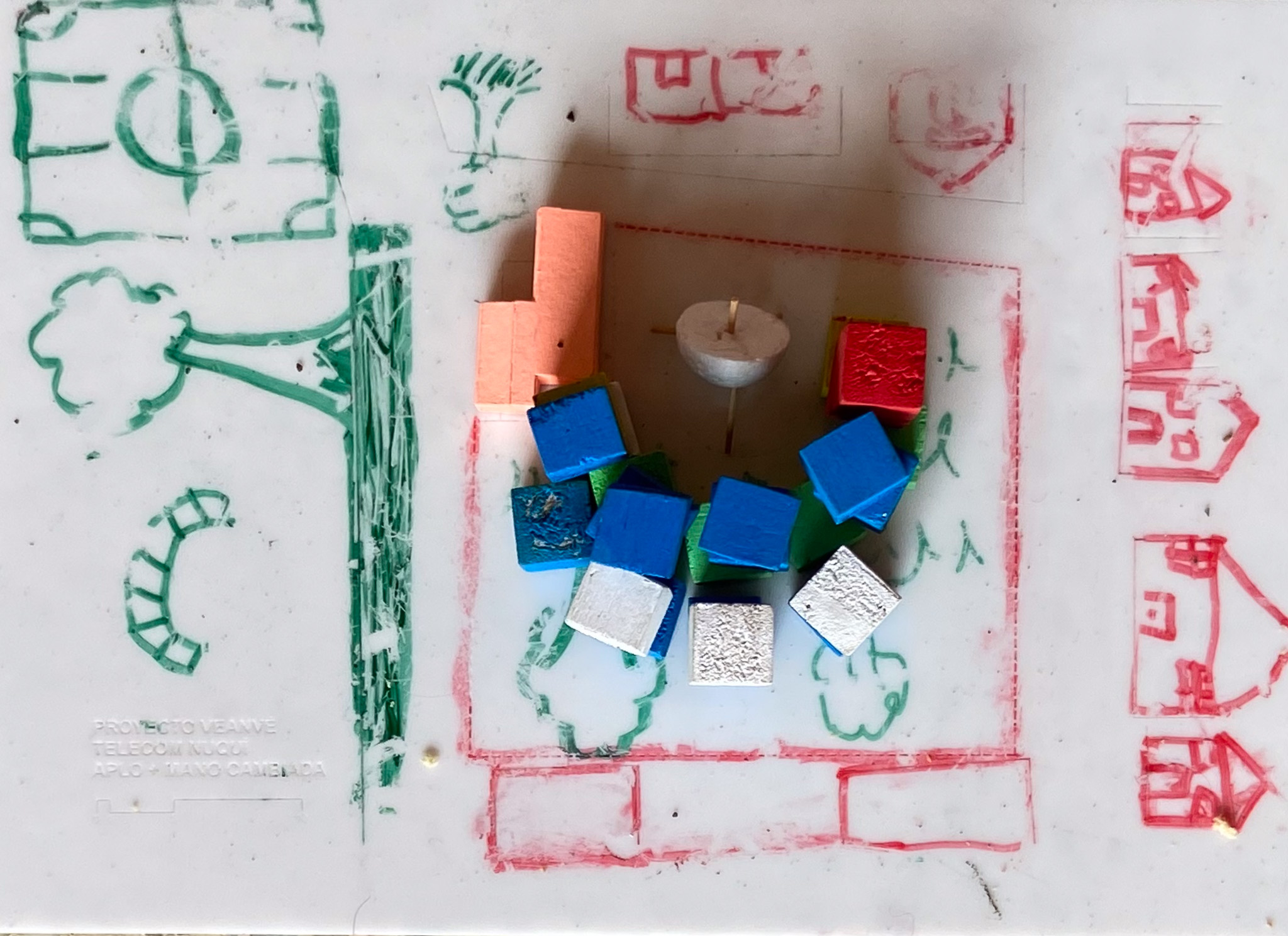
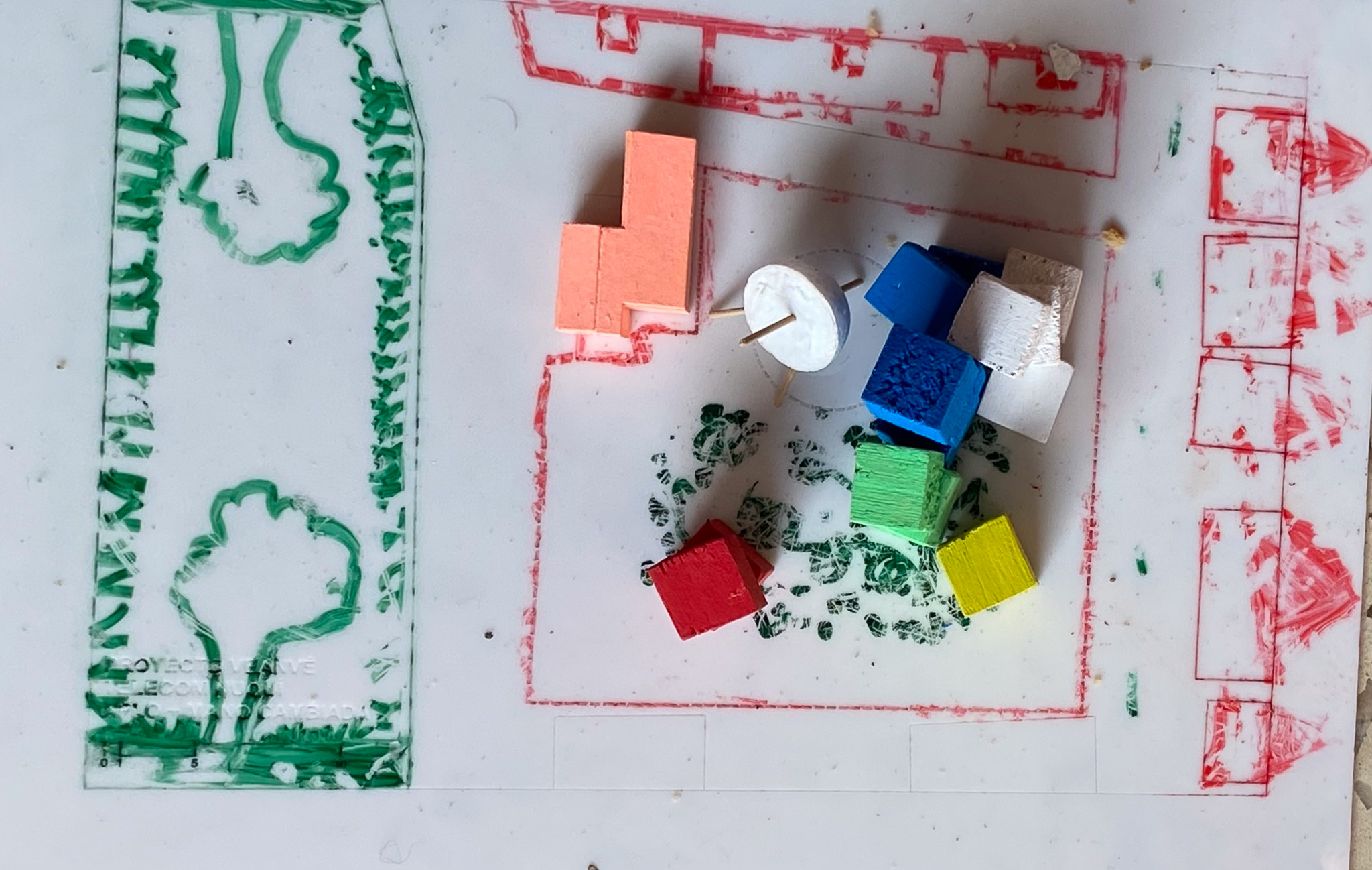
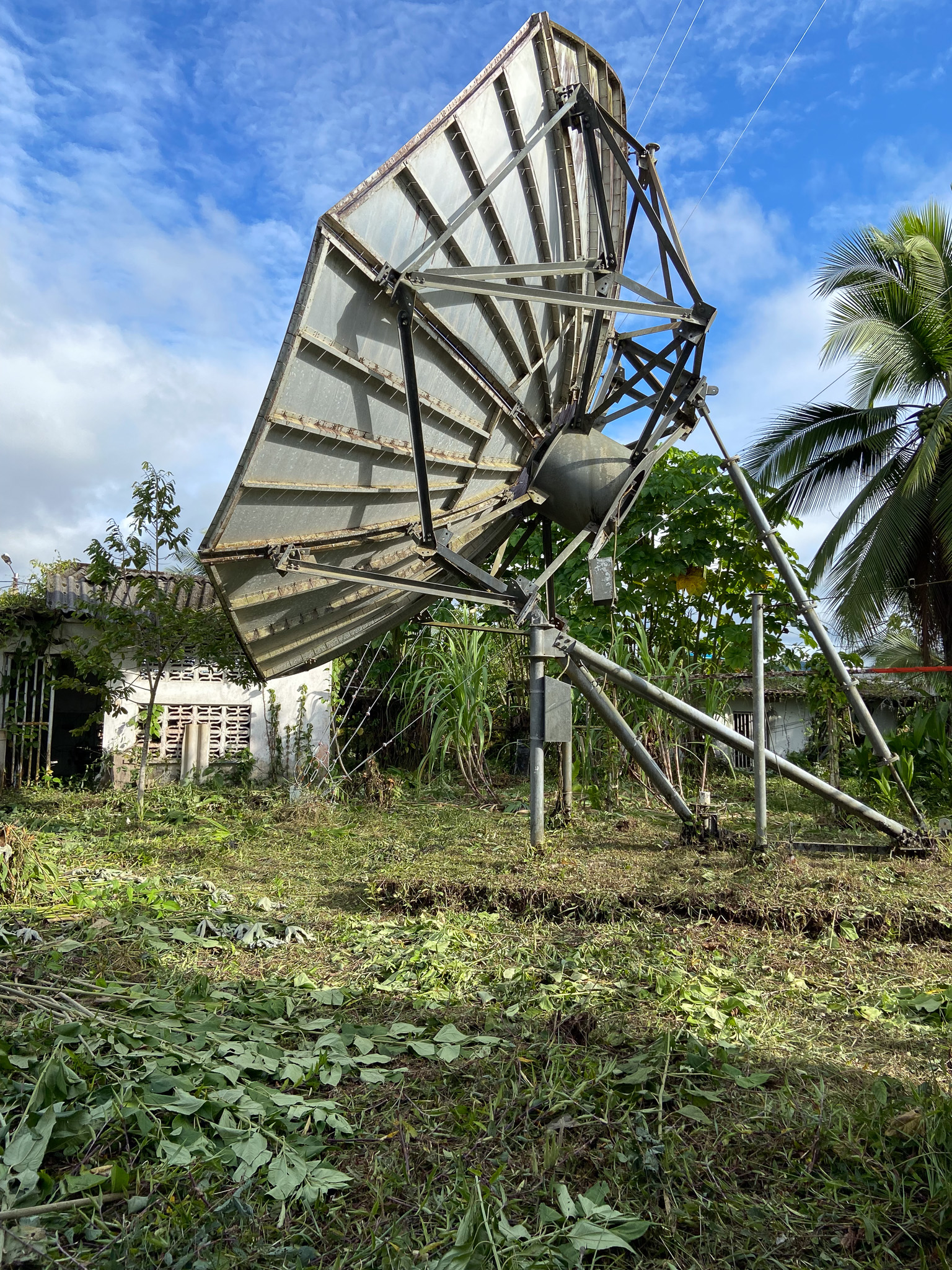
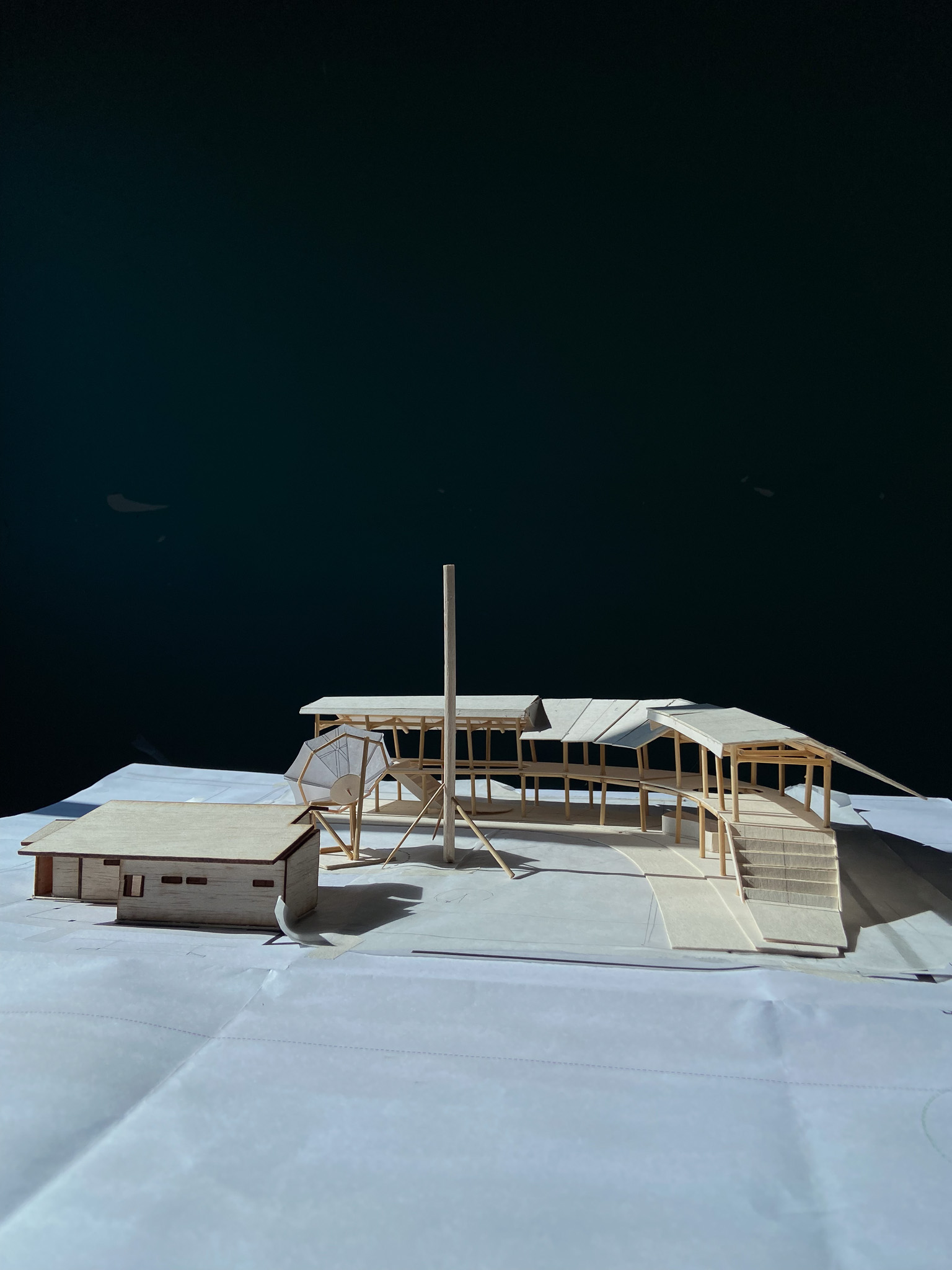
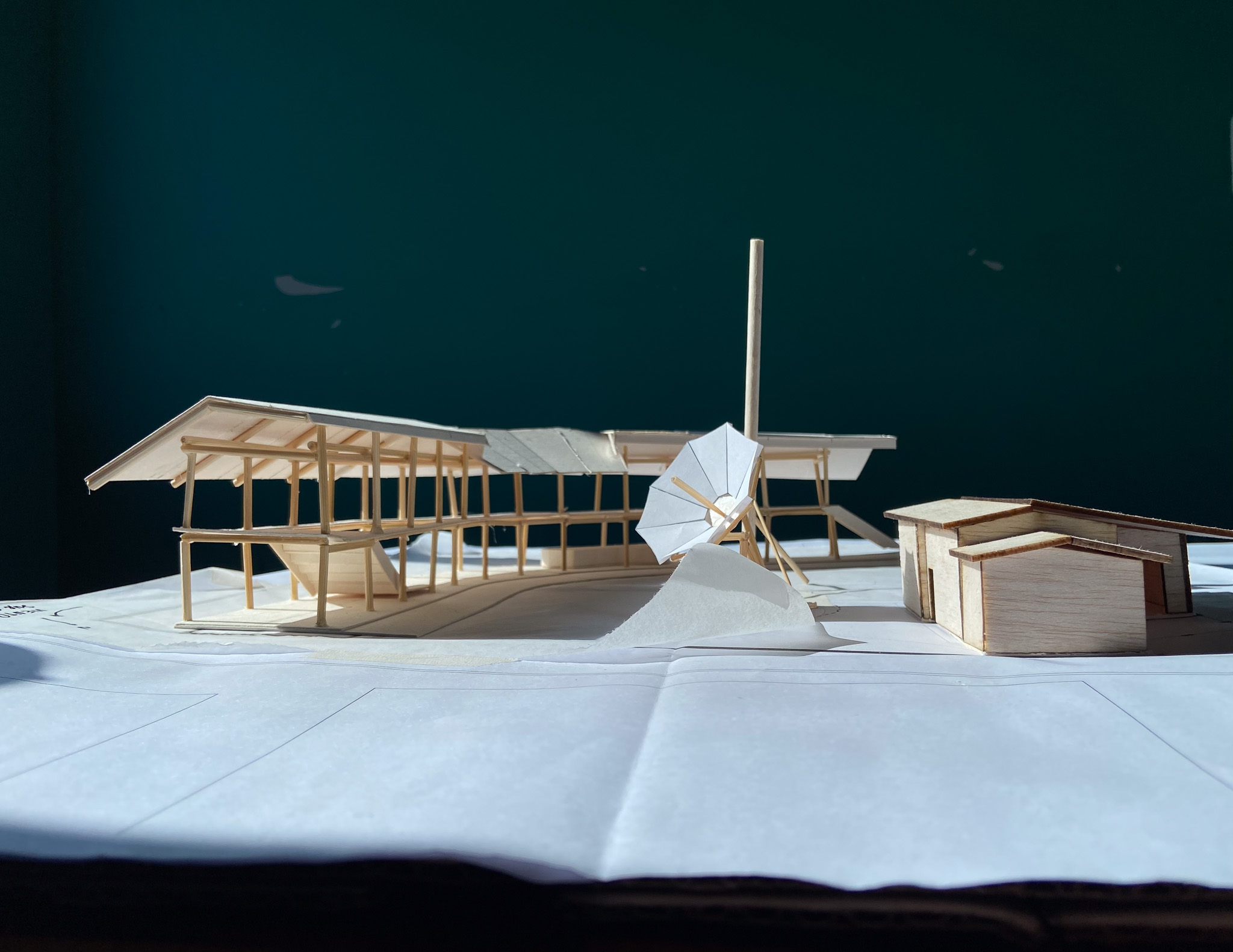
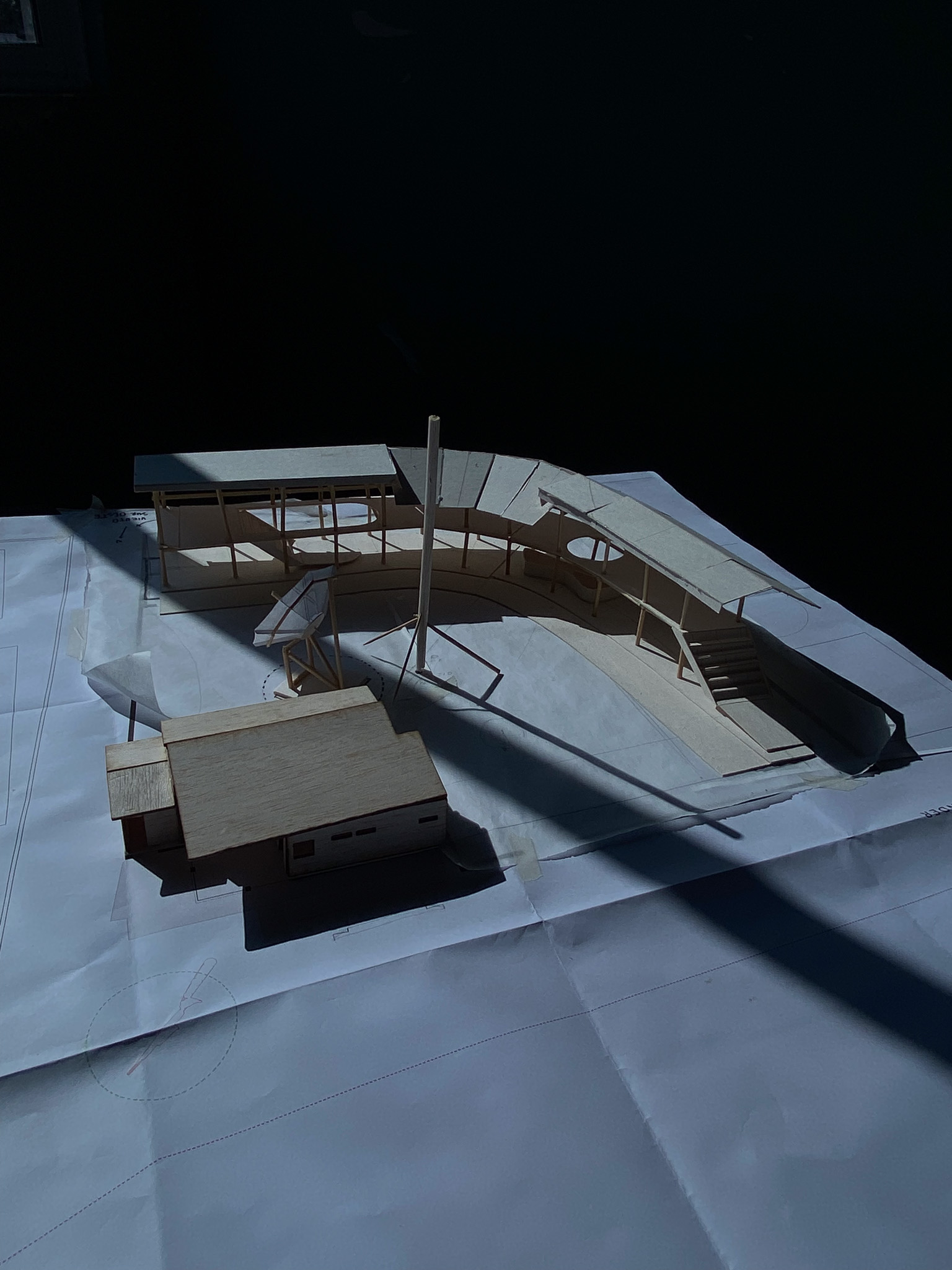
Dirección
Pedro Aparicio Llorente
Producción
APLO
Corporación Mano Cambiada
Guión y edición
Emily Blanco Lozano
Narración
Josefina Klinger Zuñiga
Investigación
Pedro Aparicio Llorente
Daniel Blanco Lozano
Josefina Klinger Zuñiga
Unidad Avanzada Salón Selva, Departamento de Arquitectura de la Universidad de los Andes
Ilustración animada
Daniel Blanco Lozano
Modelado 3D y renderizado
Camila Valencia
Archivo sonoro
Agrupación Musical Tambacum
Pedro Aparicio Llorente
Leonel Vásquez
Fotografía análoga
Daniel Blanco Lozano
Juliana Steiner Fraser
Fotografía aérea con dron
Alberto Ortiz Garcia
Fotografía digital
Pedro Aparicio Llorente
Tipografía
Juan Pablo Fajardo
Piedra Tijera Papel
Fuente JAGUAR
Metodología pedagógica
Pedro Aparicio Llorente
Escuela de la Migración
ANGELA ANGELE
Daniel Blanco Lozano
Carla Corina Palacios
Maria Angela Pineda
Diseño Arquitectónico
APLO oficina de arquitectura y paisaje
ANGELA ANGELE
Pedro Aparicio Llorente
Daniel Blanco Lozano
Ana Maria Diaz
Juan Manuel Fernandez
Gilbert Machado
Camila Valencia
Natalia Valencia
Apoyo en investigación y desarrollo
Canadian Center for Architecture CCA
International Architecture Biennale Rotterdam (IABR)
Agradecimientos
Niños, niñas y jóvenes de Nuquí que participaron de la Escuela de la Migración
Britny Arlenni García, Carlos David Gómez, Carolina Mosquera, Cindy Vanessa Martínez , Cristopher Moreno, Daniel Mosquera, Daver Alexander Moreno, Dayan Stiven Murillo, Einer Andrés García, Fausto Andrés Hurtado, Gabriel Lisinio Palacios, Germán Ariel Martínez, Heiser Kaleth Mena, Hilary Mosquera Murillo, Jainer Fabián Hurtado, Jainer Gonzáles Mosquera, Jhonier Andrés Asprilla, Johan Esteban, Jorge Iván Caicedo, Jossuar Smith Ibargüen, Karen Adriana Angulo, Karen Yiseth Hurtado, Keiny Johana Hernández, Leiny Carolina Largacha, Luis Ángel Prado, Milena García González, Neiton Iván Moreno Mosquera, Roger Andrés Maturana Asprilla, Rony James Wali Valencia, Roshy Ariadna Walis Valencia, Sharol Vanessa Alomía Perea, Sofía Hurtado Moreno, Víctor Johan García Arroyo, Yasira Jaramillo Garcés, Yilker Faider Mosquera Mosquera y Yuner Zahír.
Josefina Klinger y Corporación Mano Cambiada, Festival de la Migración, Telefónica Movistar por prestar en comodato el antiguo Telecom de Nuqui, Miembros de la agrupación musical Tambacúm, Salón Selva, Juliana Ramírez y Alejandra Wills, Cohorte de investigación CCA Digital Now: Architecture and Intersectionality, Ecotono, proyecto de Juliana Steiner para Common Ground OSUN Center for Human Rights and the Arts de Bard College, Lobos del Manglar de Tribugá, Asociación de Reciclaje de Nuquí, Luis Perea del Grupo Intercomunitario de Pesca Artesanal GICPA, Oscar Saya de la Fundación Mar y Monte, Posada Nativa Vientos de Yubarta y Camila Restrepo Acevedo,
Al Océano Pacifico por acogernos. Al Festival de la Migración por convertirnos en tortugas, aves y ballenas.
© 2024
APLO SAS / Corporación Mano Cambiada










Payao is an old fishing technology widely used in the Philippines that made its way to the Colombian Pacific beach town of Coqui around 10 years ago.
Fishing aggregating devices have a long history in South-East Asia and extensive research exists around the political ecologies they create.
However, current investigations regarding their presence in the eastern tropical Pacific marine corridor suggests a research priority in relation to their potential effect on biological connectivity between Ecuador, Colombia, Panama and Costa Rica.
Payao is a technology embraced by Los Tiburones as a medium to host migrating sardines, catch larger fish that follow, and strengthen their efforts for mangrove regeneration.
The specific case of Coqui´s Payao invites architecture to think of underwater design as ocean stewardship and community-space-making and presents a case for situated architecture practice and body pedagogies, or forms of teaching-learning from the knowledge of the body.
Close ties between the Payao and the mangrove ecosystem have been crafted by some of the members of the Tiburones de Coqui. In addition to a sustained mangrove reforestation process, the Payao receives one tree a year in order to maintain its lushness as a marine garden.
















This cyclical relationship of care presents fishermen with the question of changing the existing Payao strategy to one where mangrove trees are replaced by artificial structures.
Dialogues around the use of driftwood, iron reebars or alternate materials open new imaginations in regard to the space created by this technology and how it can benefit fish with a temporary home.
Where can architecture contribute to the scientific and community based call for a turn from fishing aggregating devices to fish-enhancing devices?
What materials and geometries better serve the living habits of fish?
Where can people meet in the ocean?
How embodied knowledge of traditional fishermen informs the architectural design process?
What does it mean to design to the beats of migration, currents and tides?

Dirección
Pedro Aparicio Llorente
Producción
APLO (alineando planetas linderos y órbitas)
Grupo de Pesca Artesanal Tiburones de Coqui
Harry Ovidio Asprilla, Benedicto Garcia, Bairon Garcia, Dayan Camilo Garcia, Elianny Garcia, Robinson Garcia, Rubén Garcia, Plácido Guaitoto Morenologoand, Bairon Manyoma, Jesús Moreno, Alexander Murillo, Enrique Murillo, Lander Murillo, Nestor Murillo, Florencio Sanchez, Yina Valencia Potes y Smith Valencia Potes.
Guión y edición
Emily Blanco Lozano
Narración
Smith Valencia Potes
Metodología pedagógica
Daniel Blanco Lozano
Ilustración
Daniel Blanco Lozano
Fotografía análoga
Daniel Blanco Lozano
Juliana Steiner Fraser
Fotografía aérea con dron
Alberto Ortiz Garcia
Fotografía digital
Pedro Aparicio Llorente
Fotografía submarina
Fundación Squalus
Archivo sonoro
Leonel Vásquez
Tipografía
Juan Pablo Fajardo
Piedra Tijera Papel
Fuente JAGUAR
Acompañamiento Payao 2021
Colectivo Radio Manglar
Apoyo en investigación y desarrollo
Graham Foundation for Advanced Studies in the Fine Arts
International Architecture Biennale Rotterdam (IABR)
Agradecimientos
Miembros del Grupo de Pesca Artesanal Tiburones de Coquí
Posada Nativa La Churuleja de Coquí en cabeza de la buena cocina de Coral Pretel y el espíritu joven de Los del Mar.
Luis Perea del Grupo Intercomunitario de Pesca Artesanal GICPA
XII Bienal Iberoamericana de Arquitectura y Urbanismo - Acciones al Margen
Camila Restrepo Acevedo
Al Océano Pacifico por acogernos.
Al manglar por alimentarnos.
Al Riviel por guiarnos.
© 2024
APLO SAS / Grupo de Pesca Artesanal Tiburones de Coqui
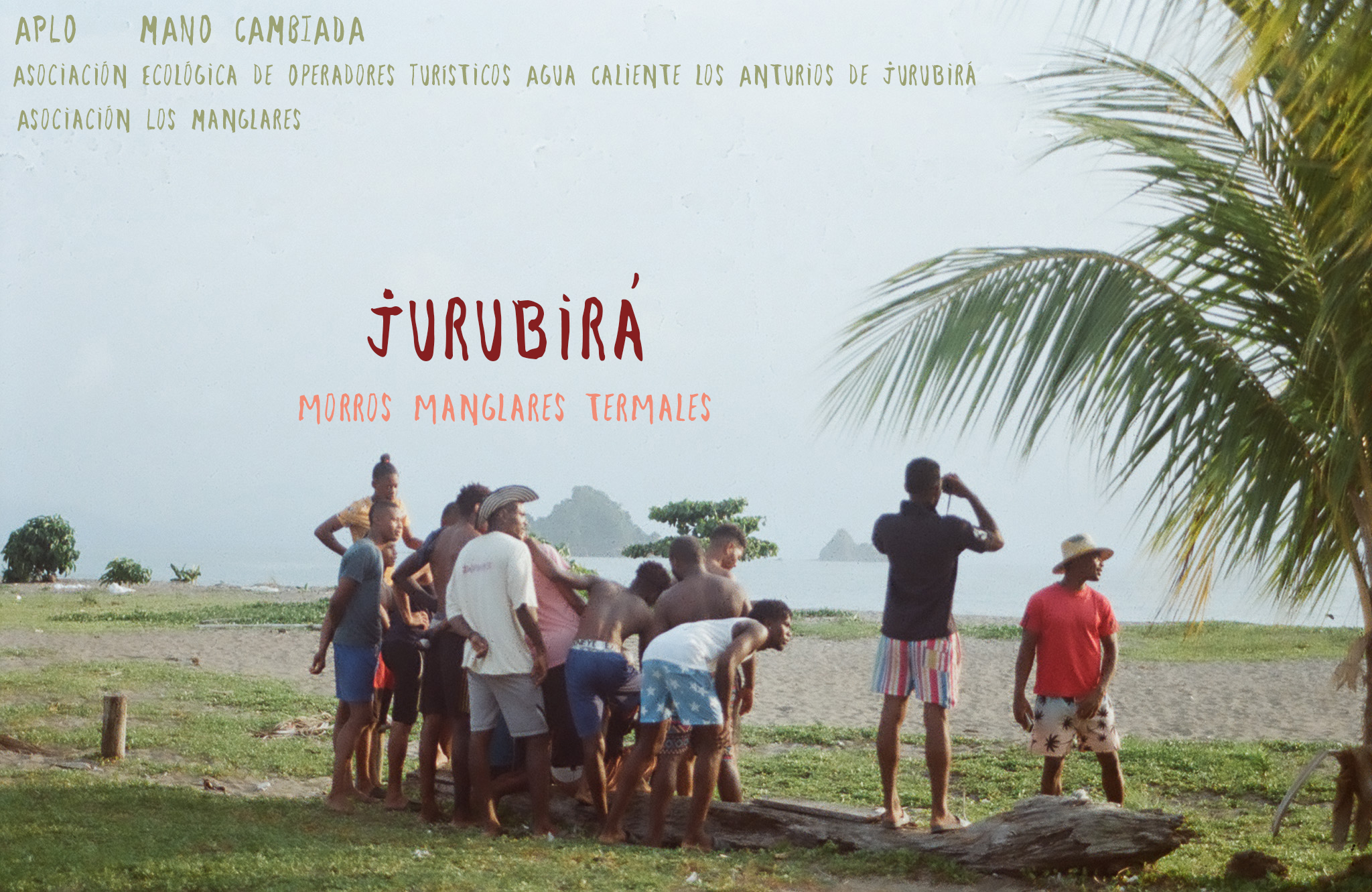
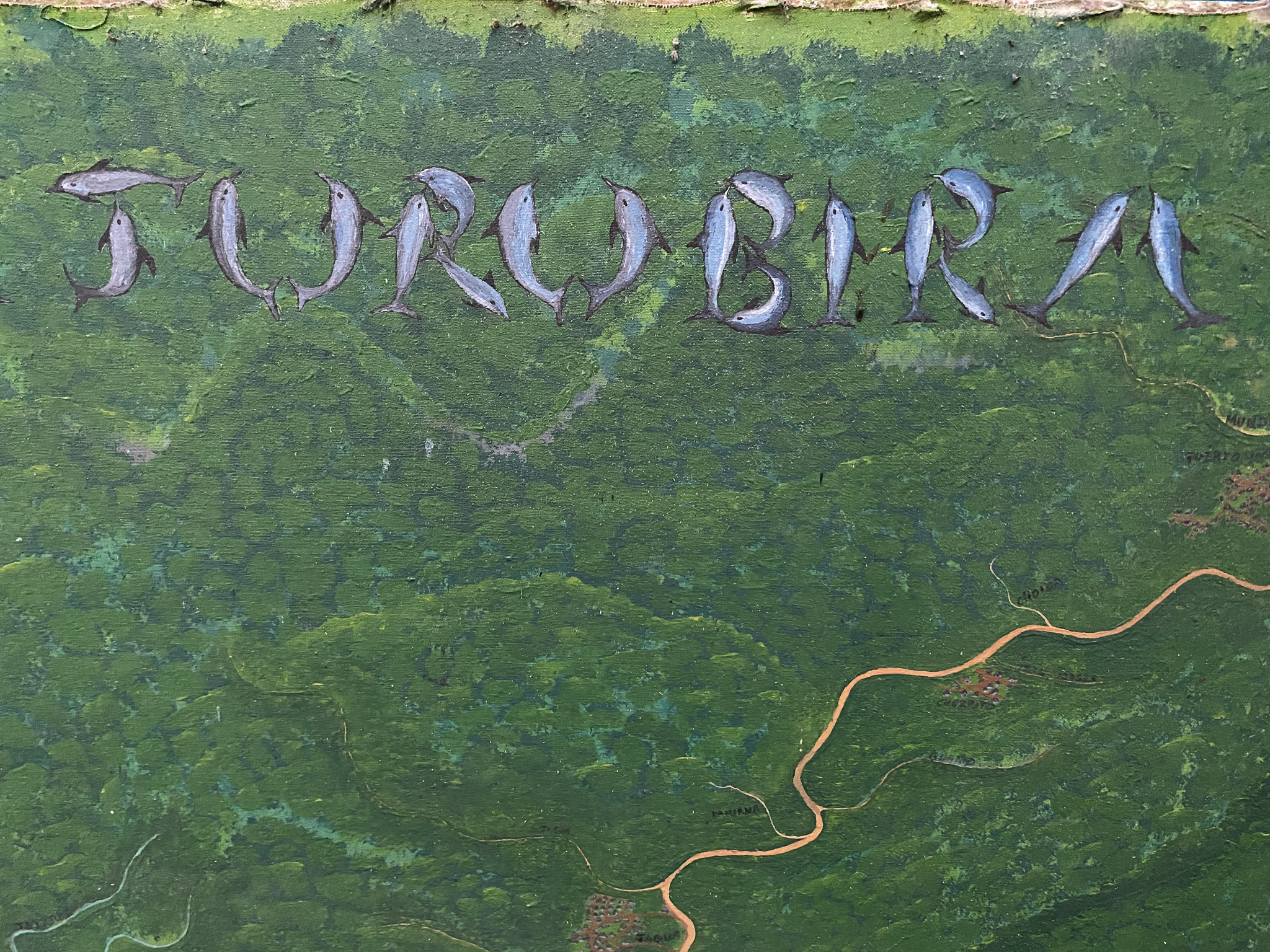
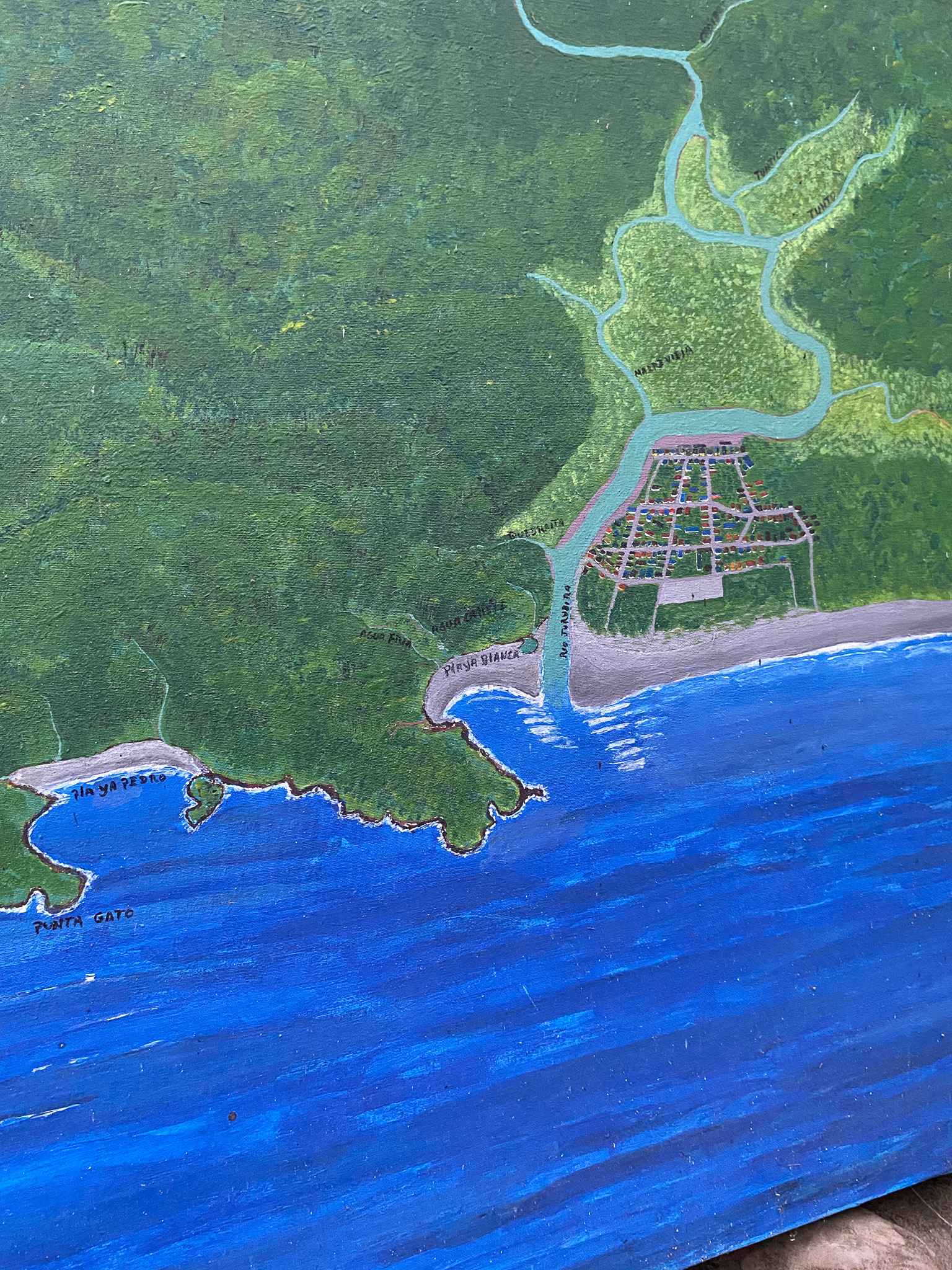
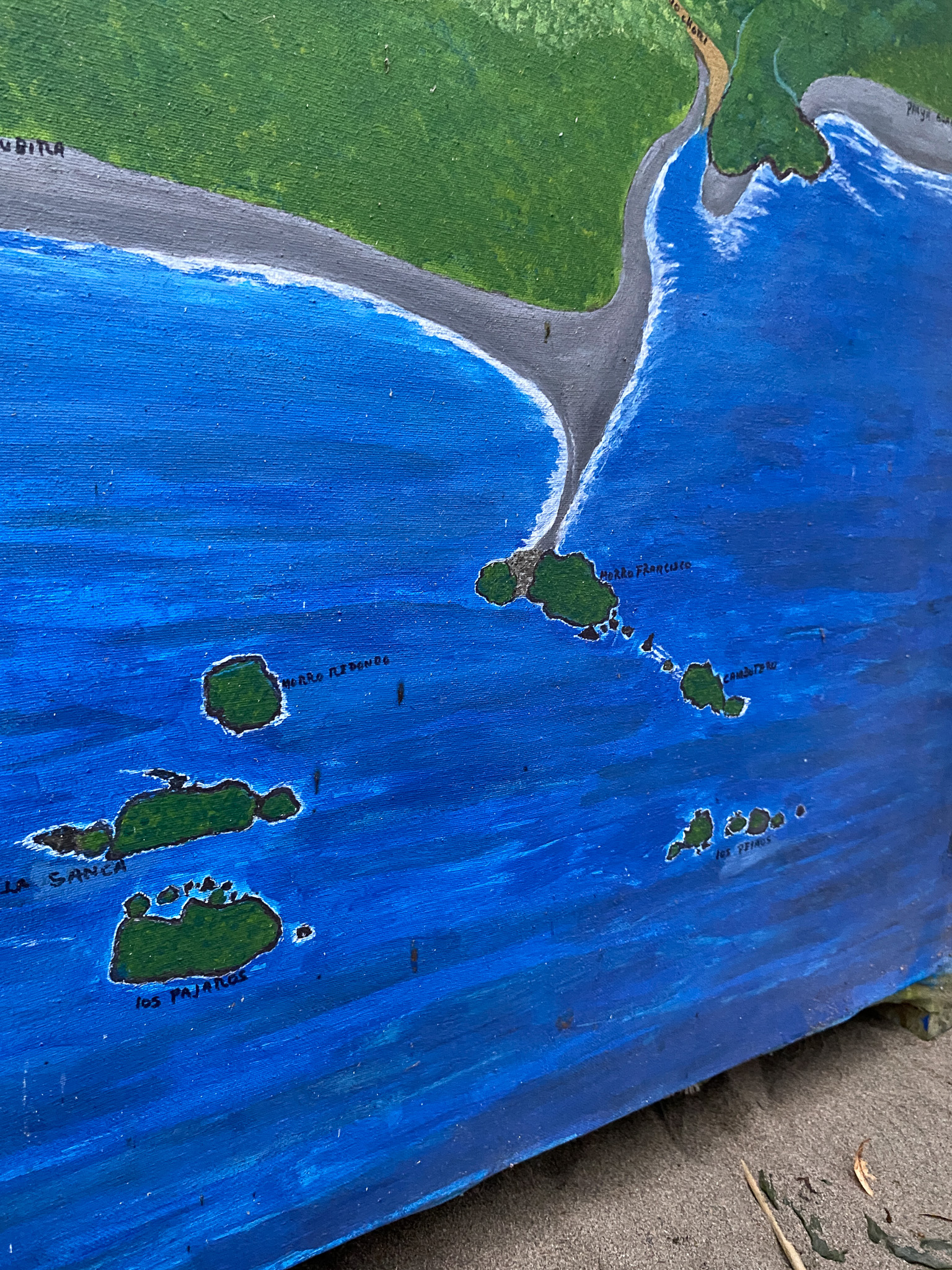
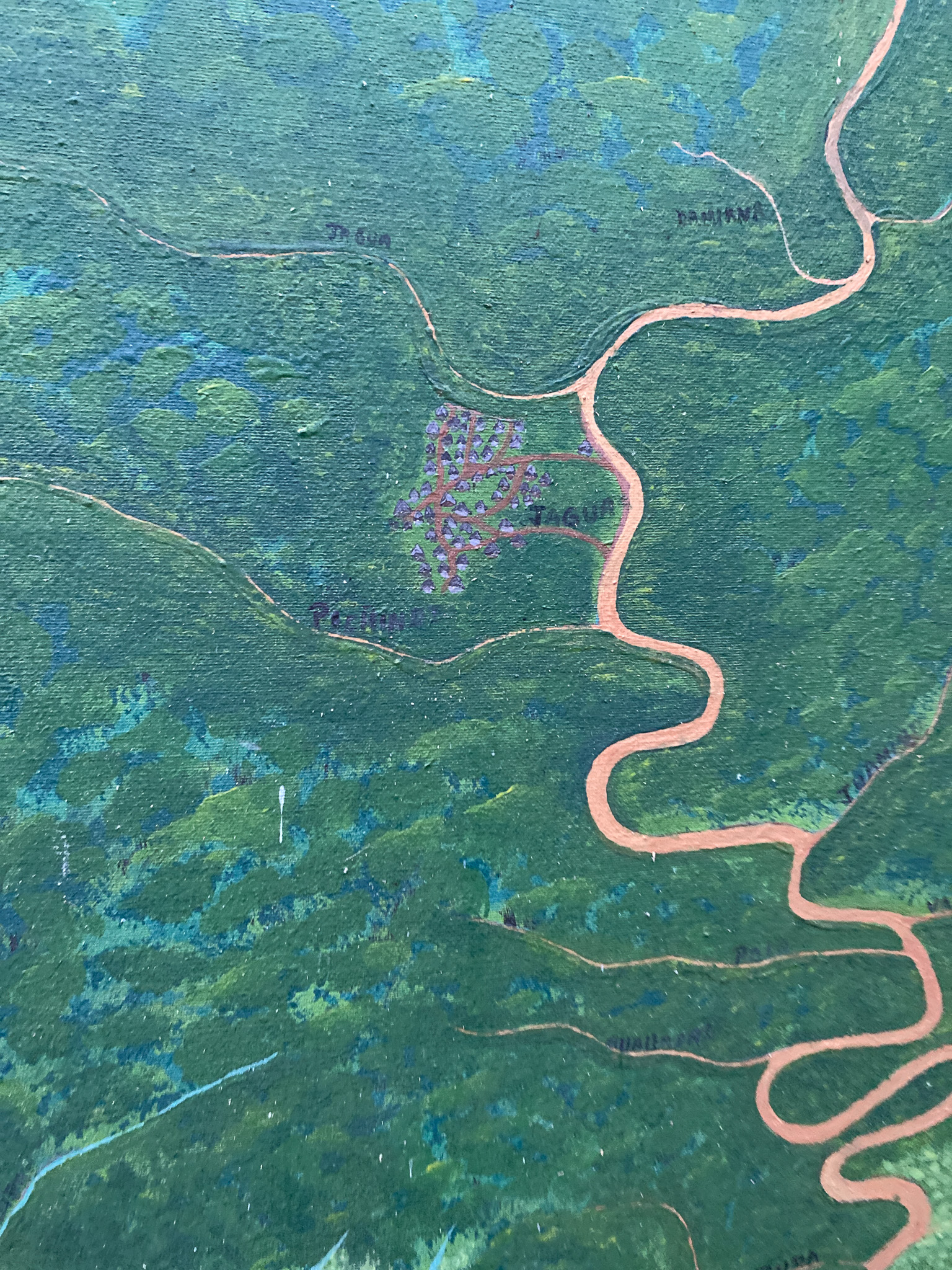
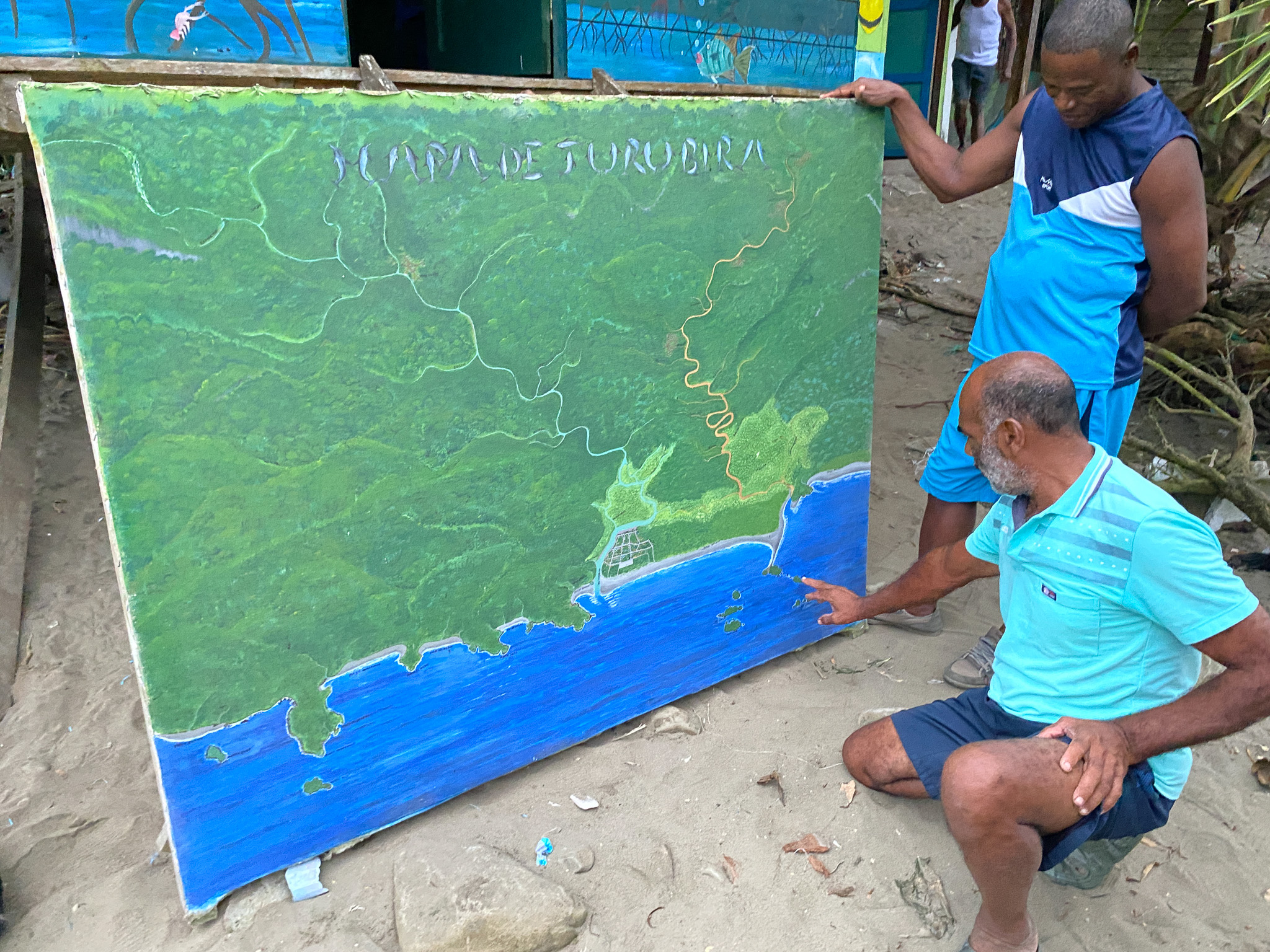
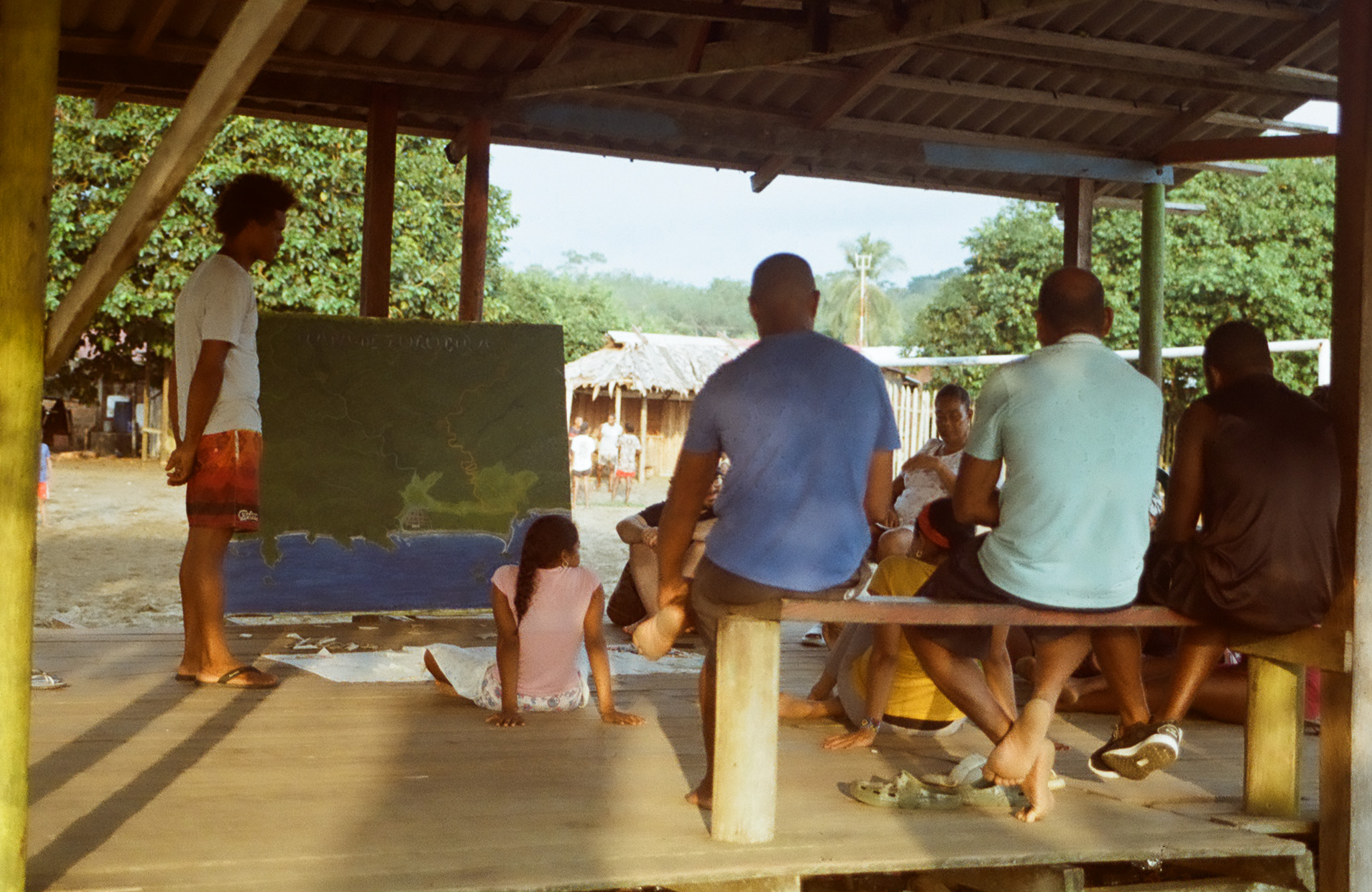
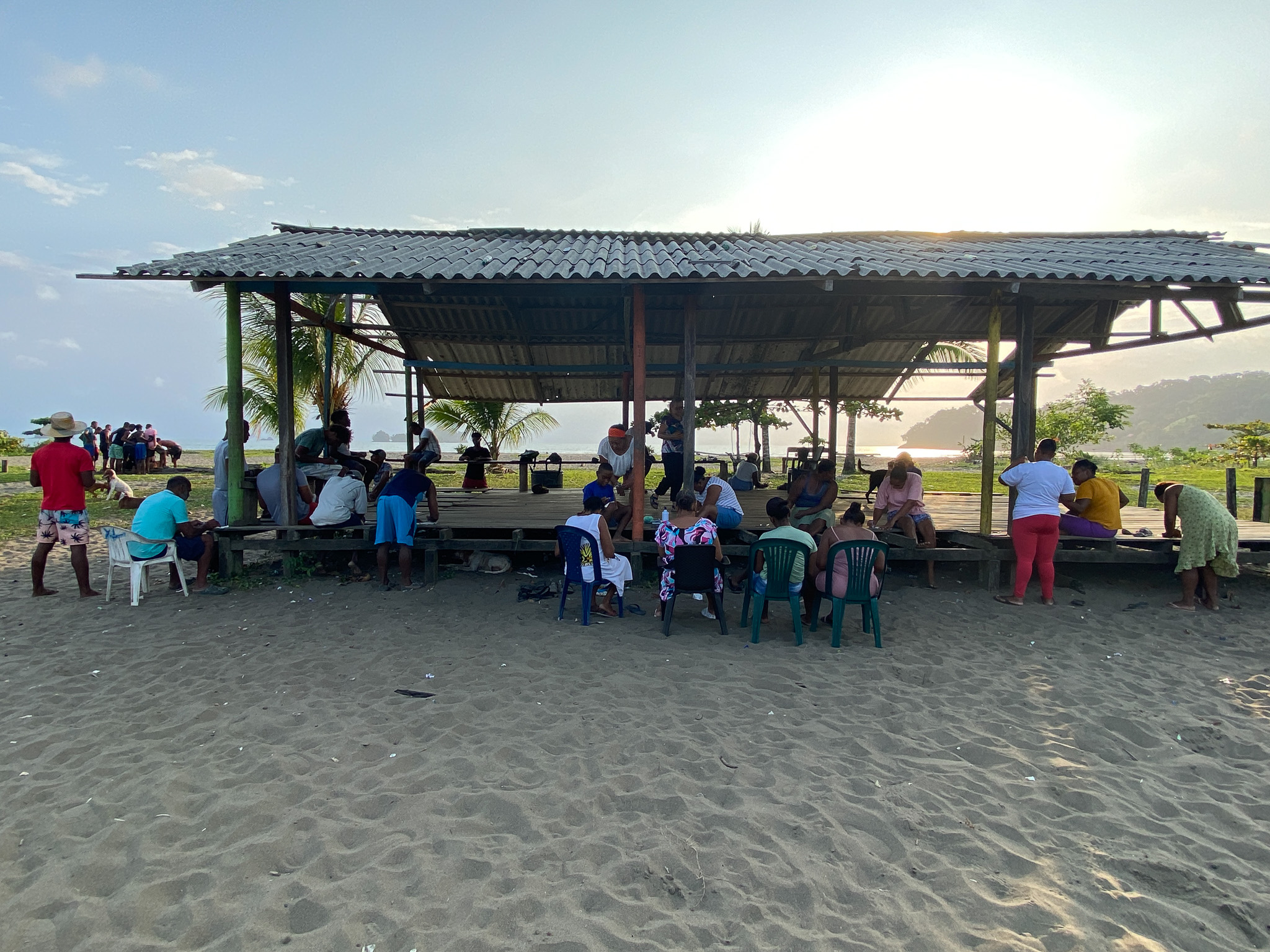
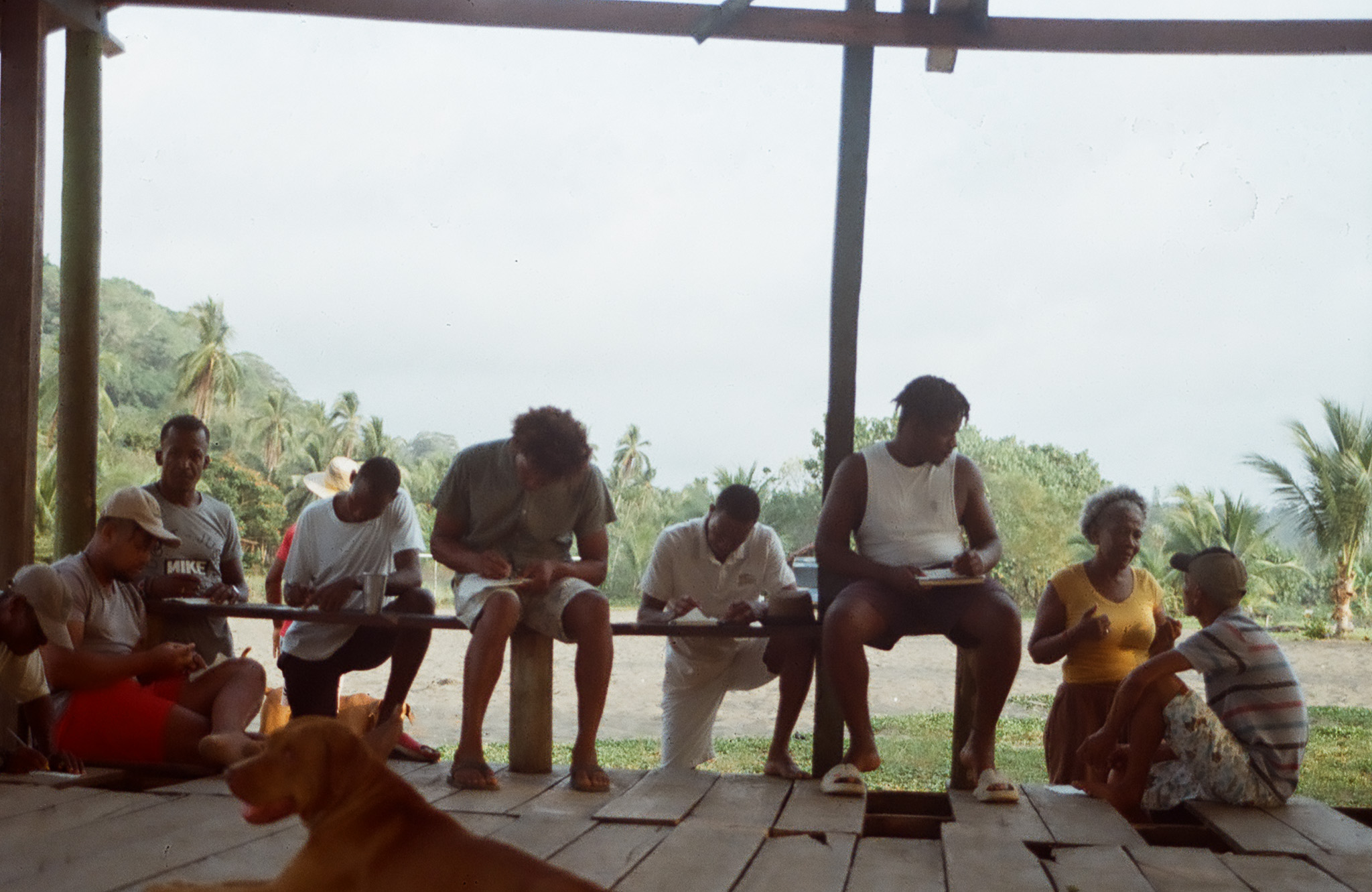

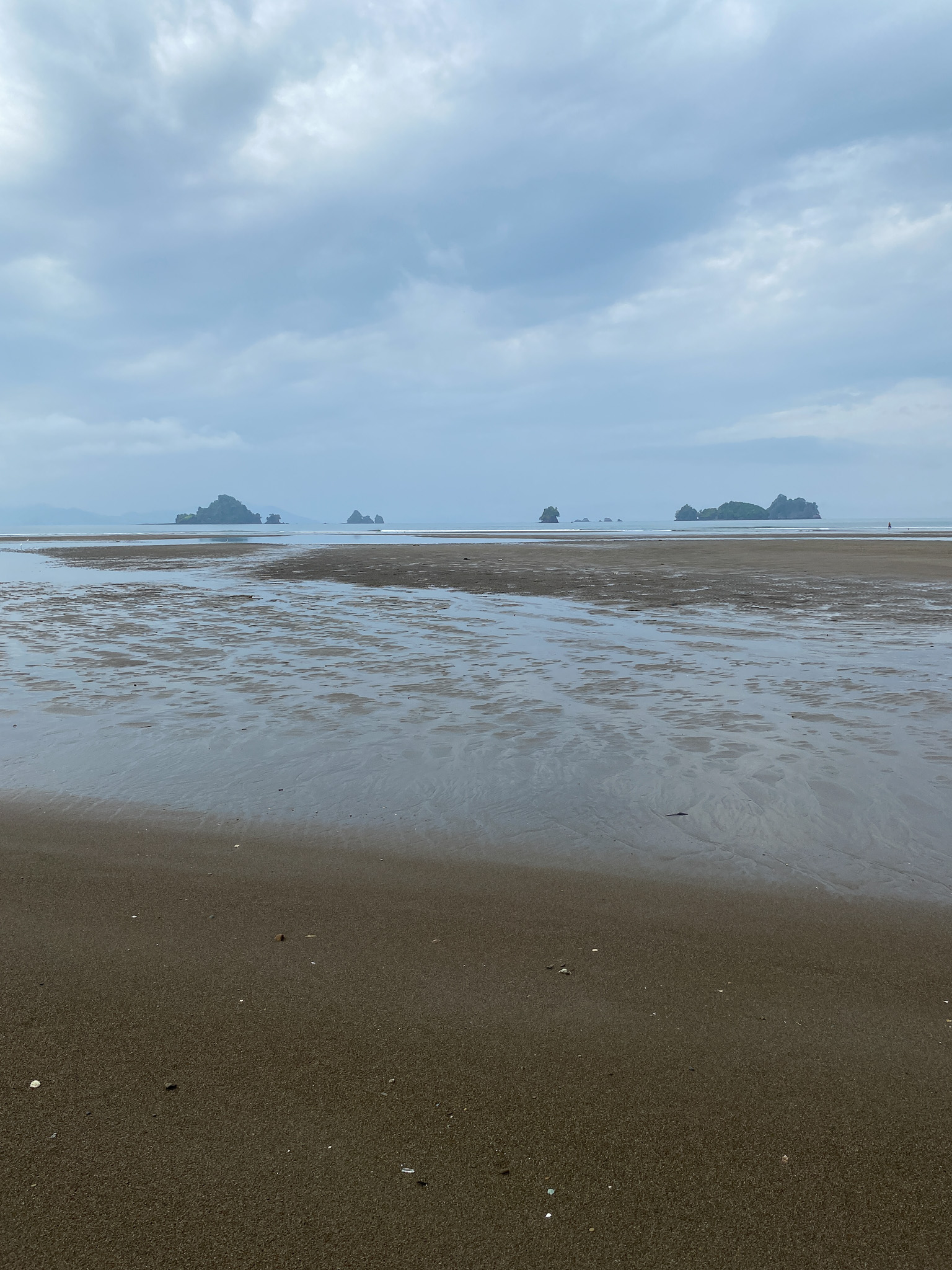
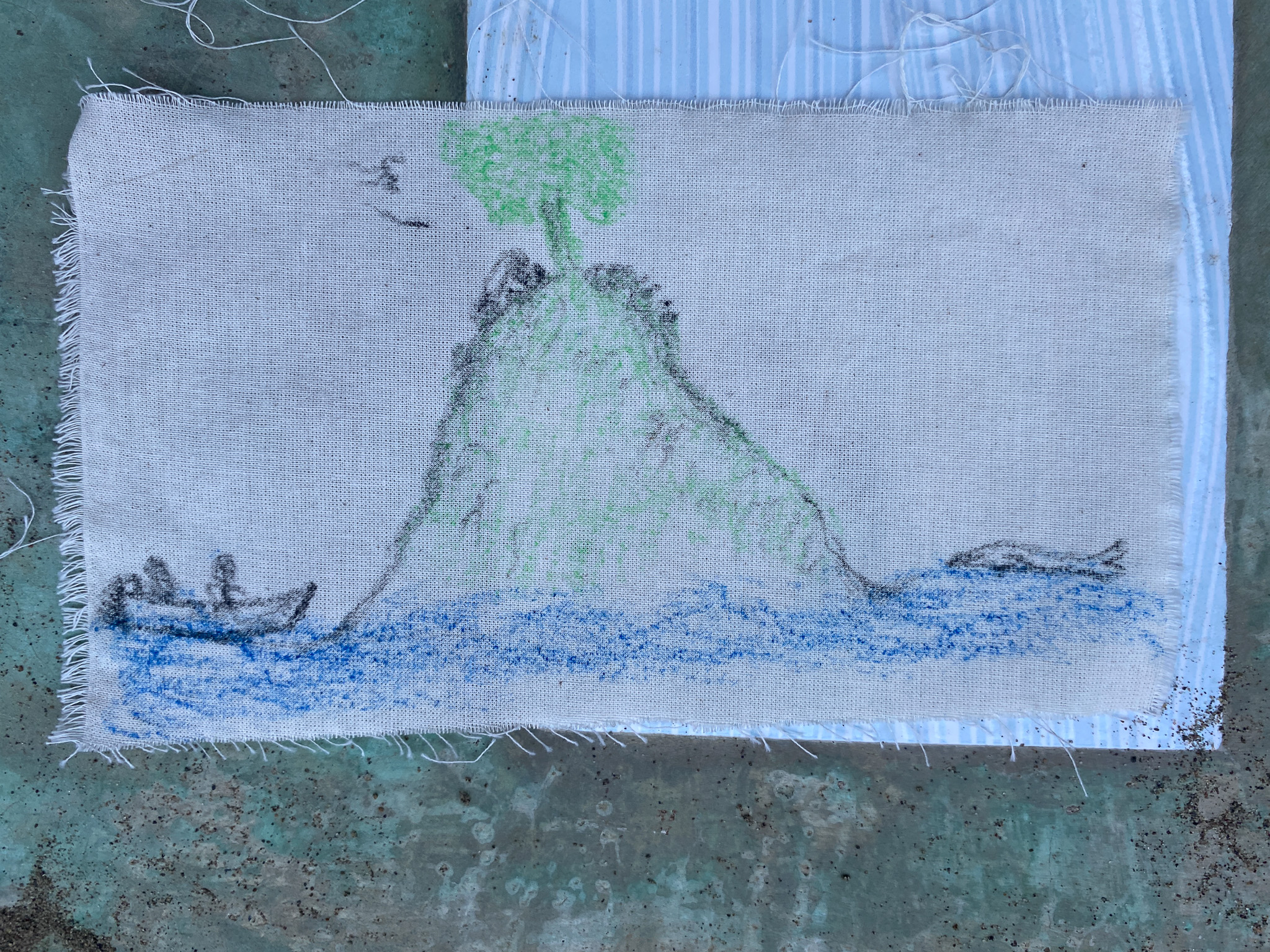
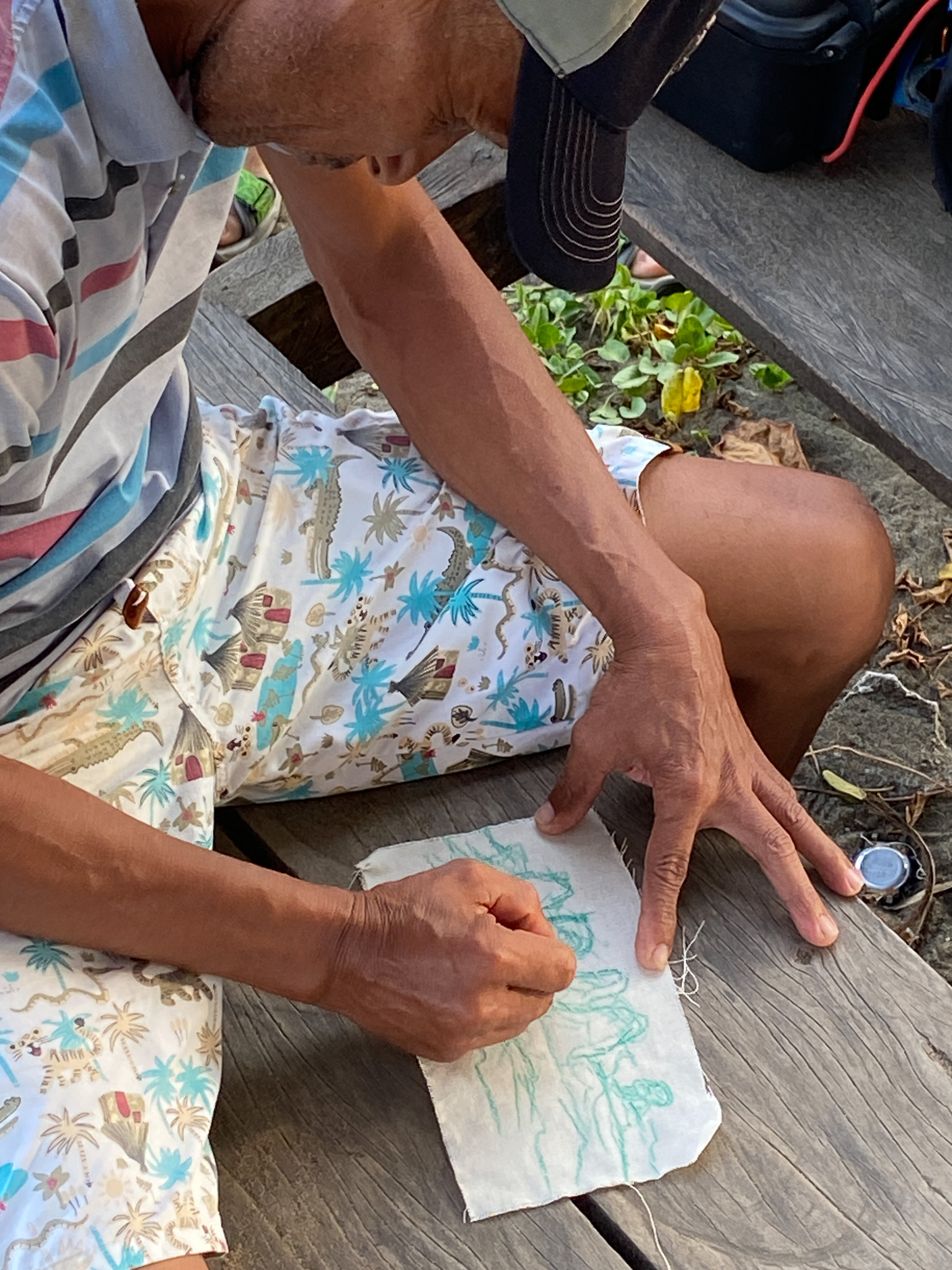

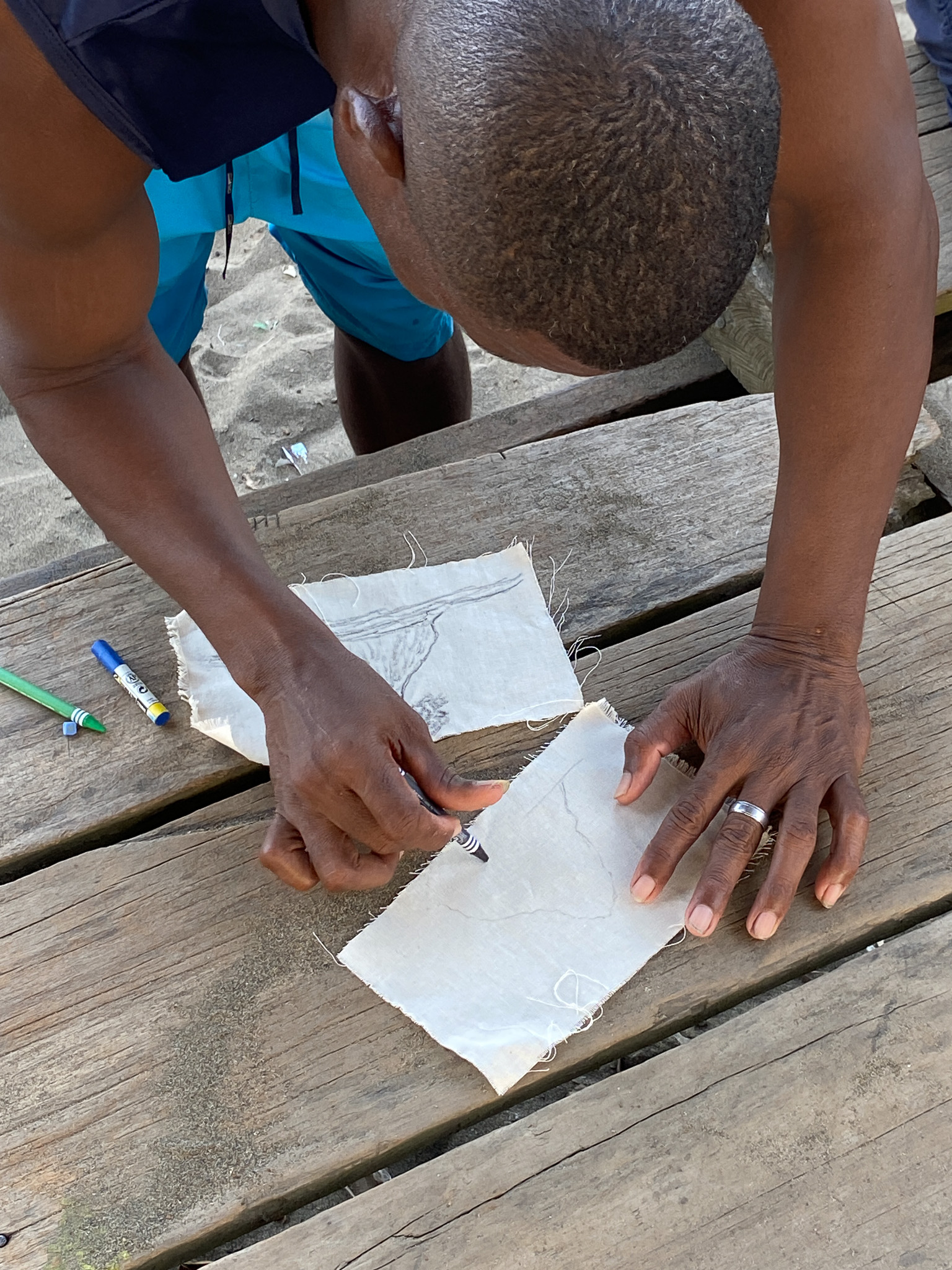
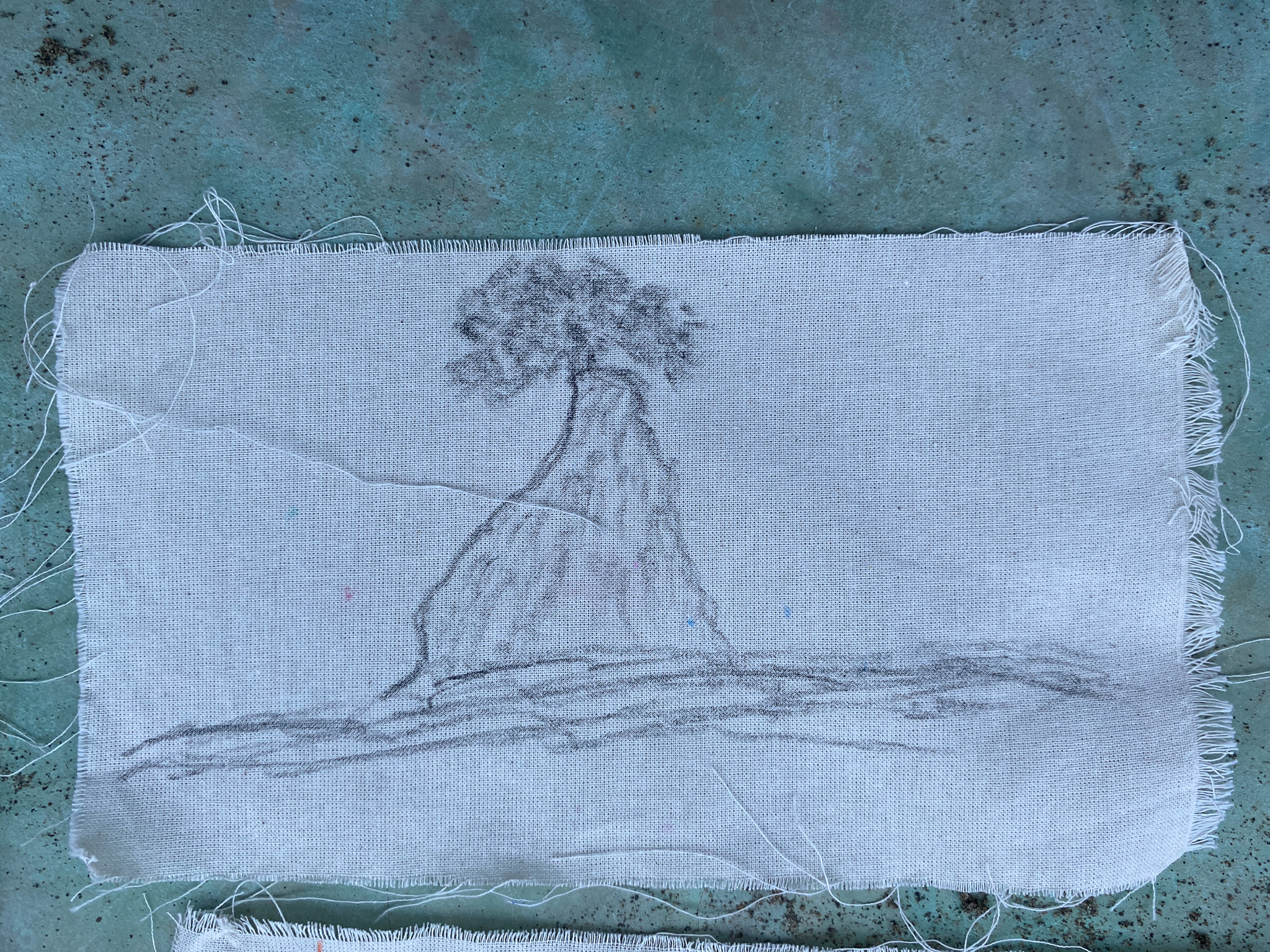
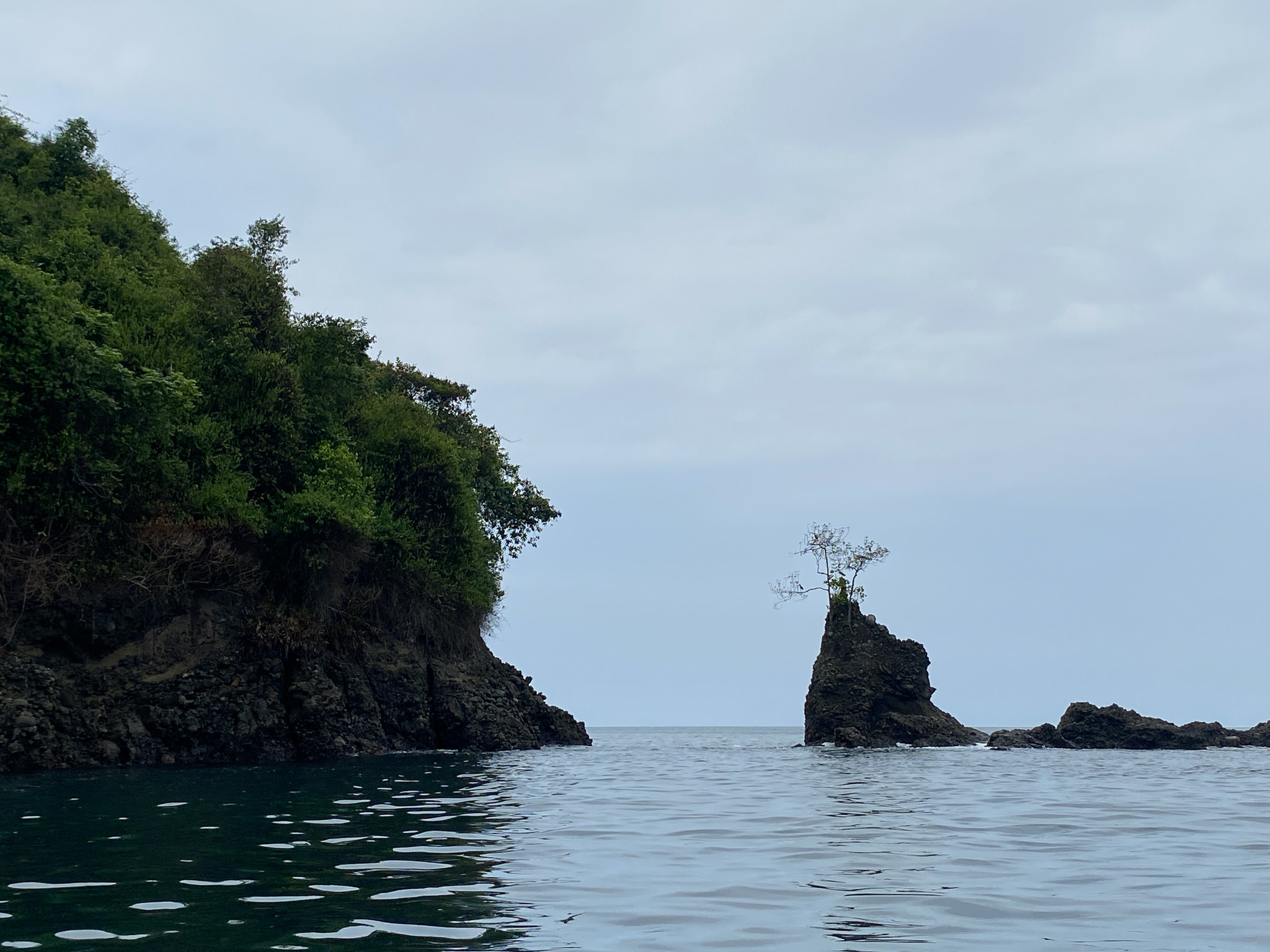
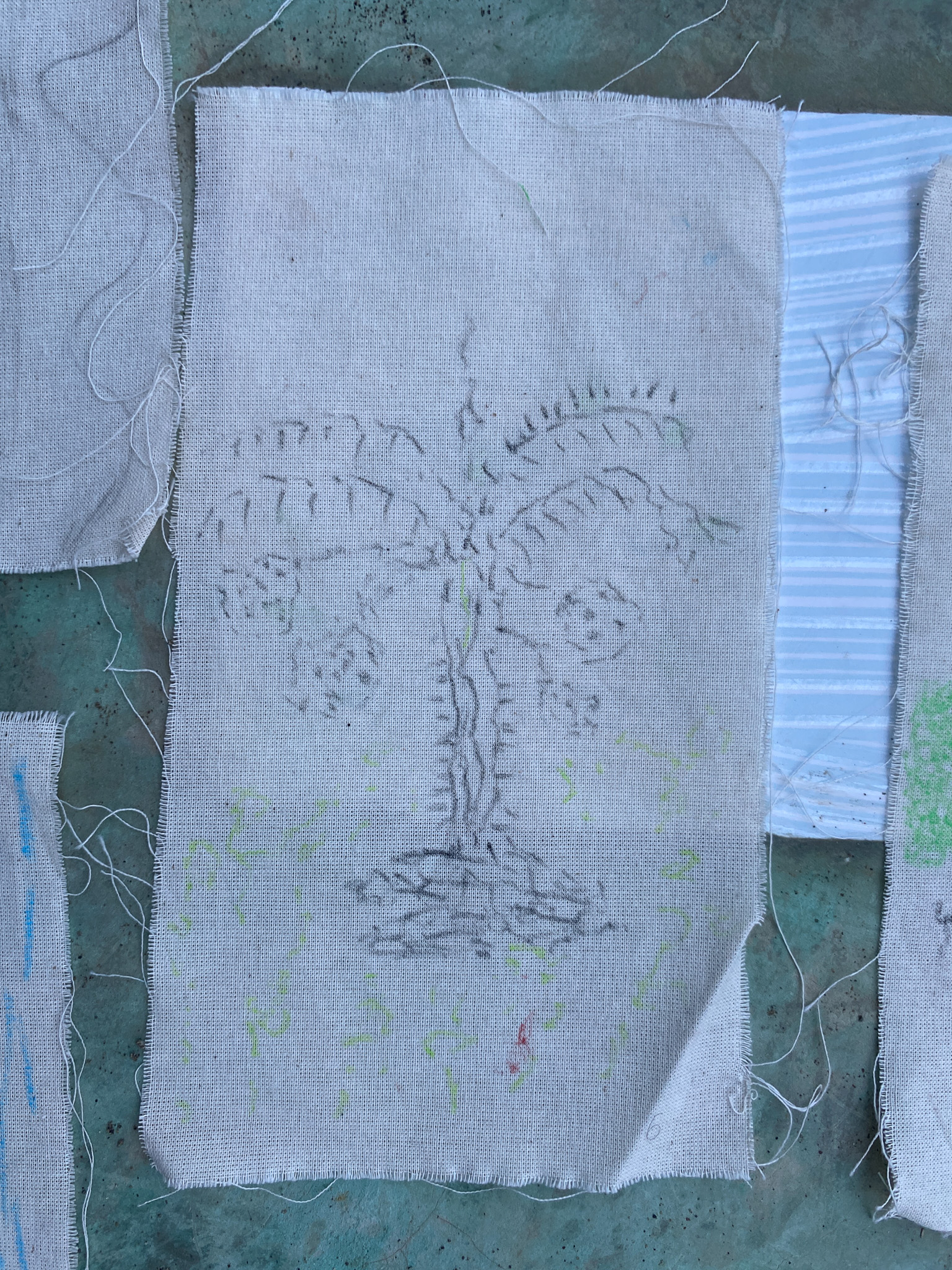
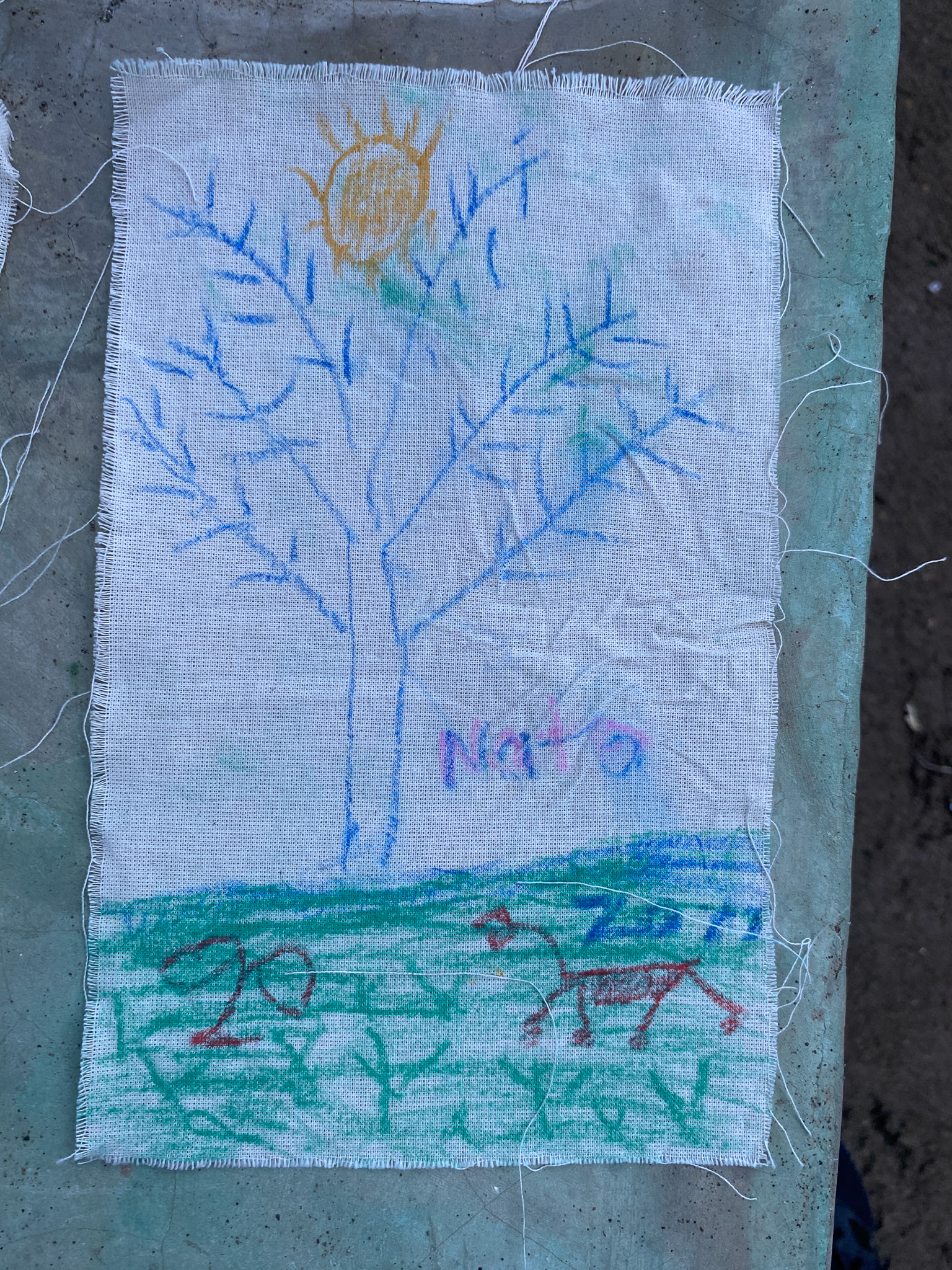
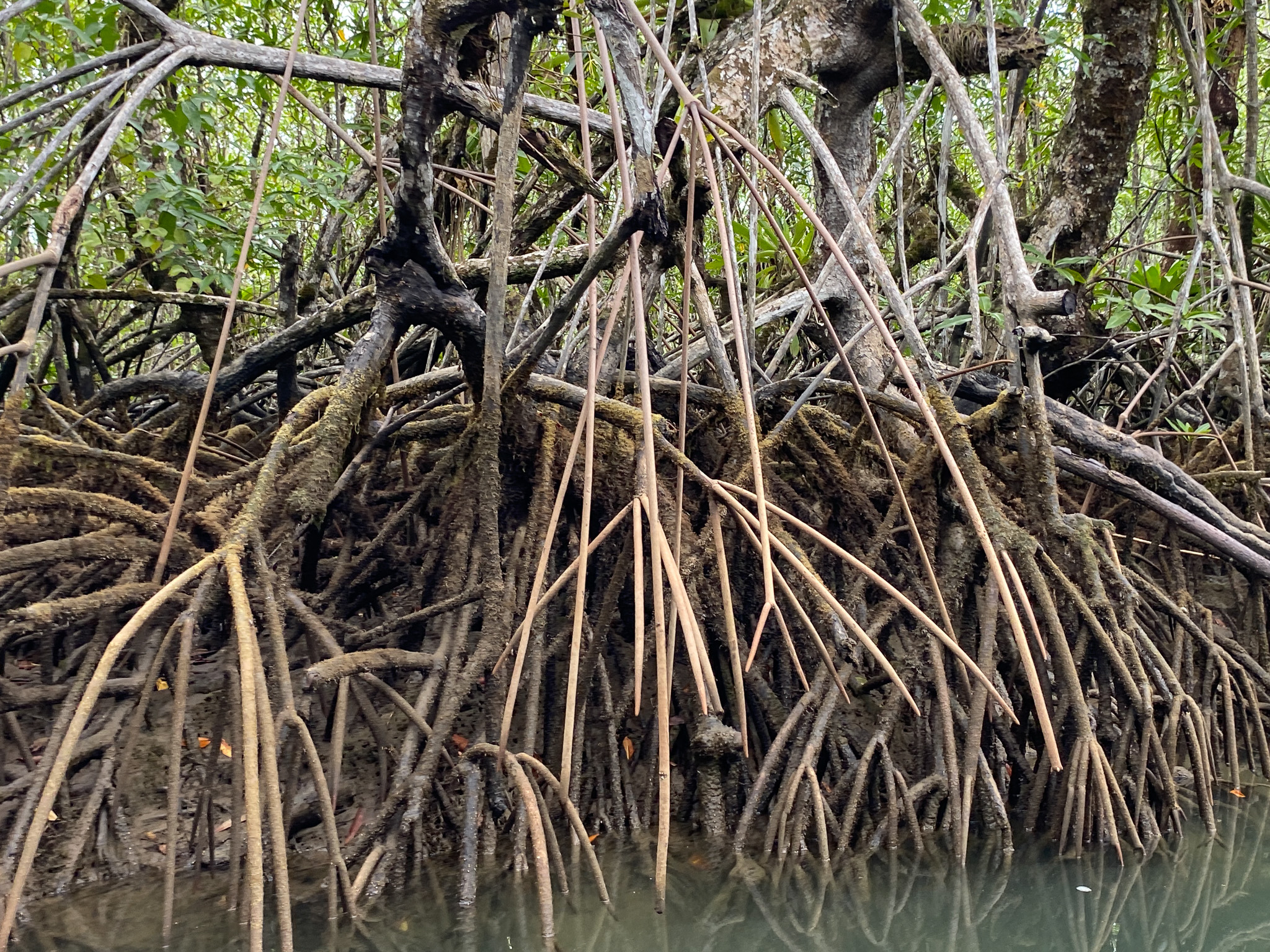

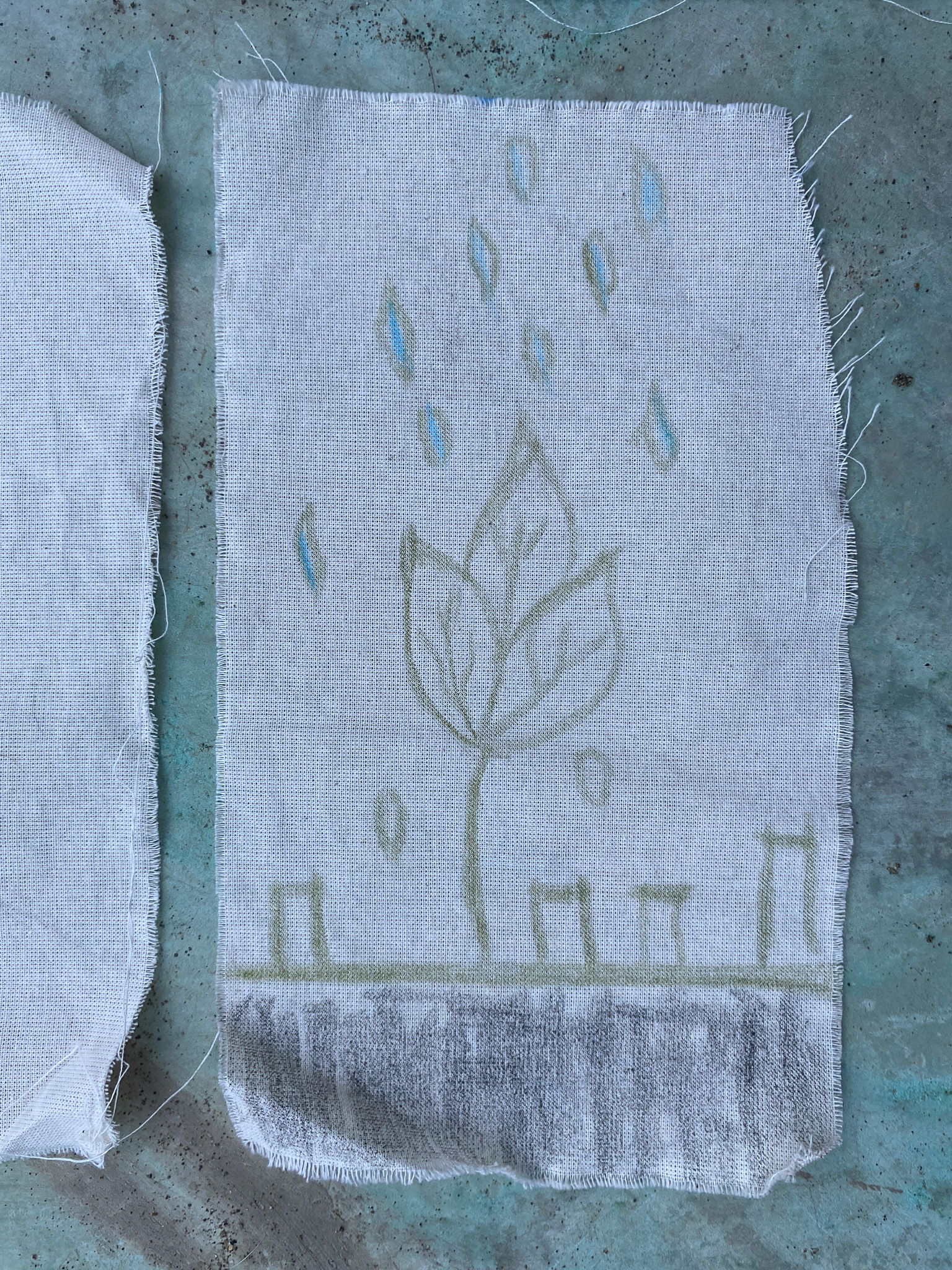
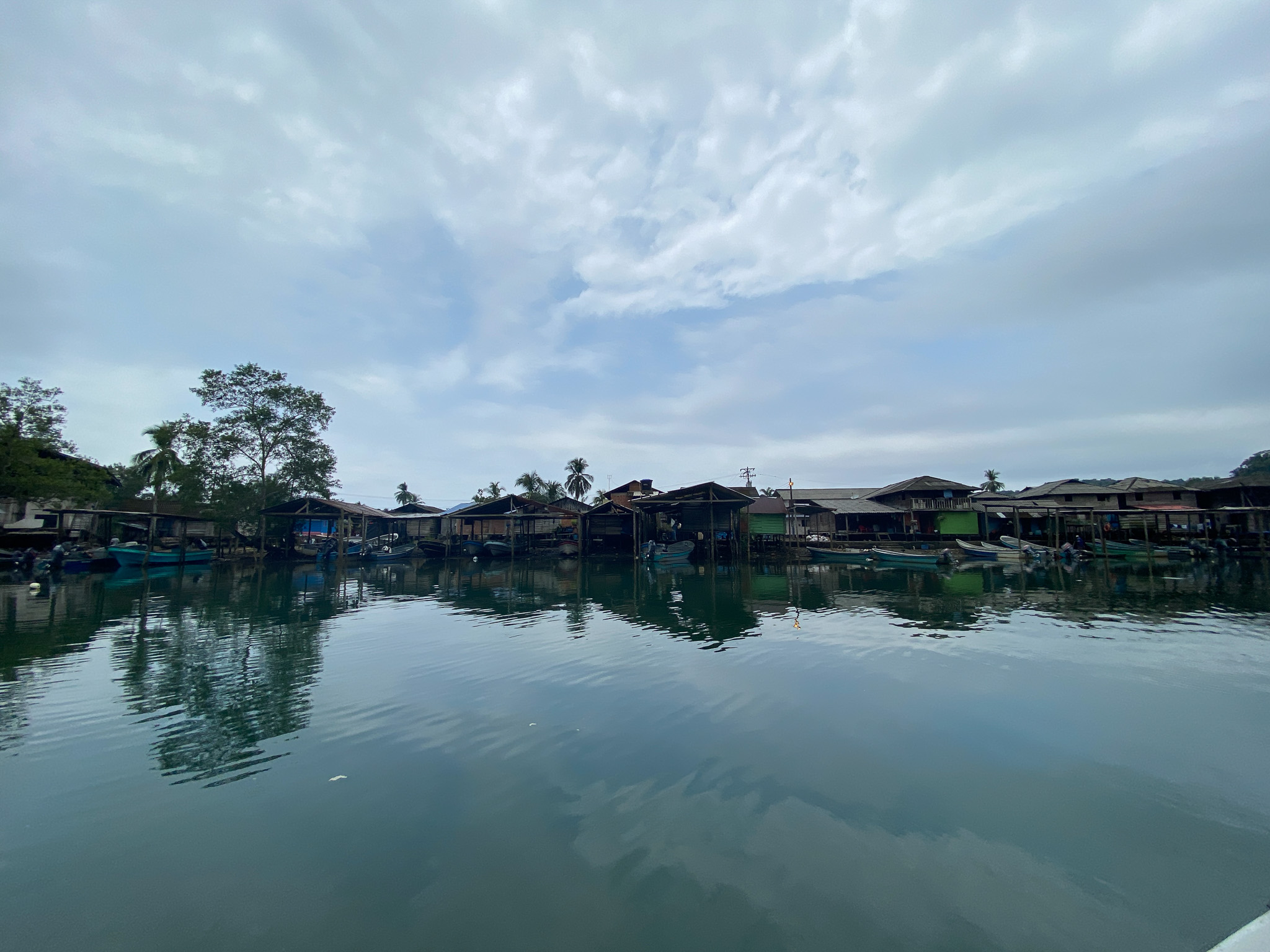
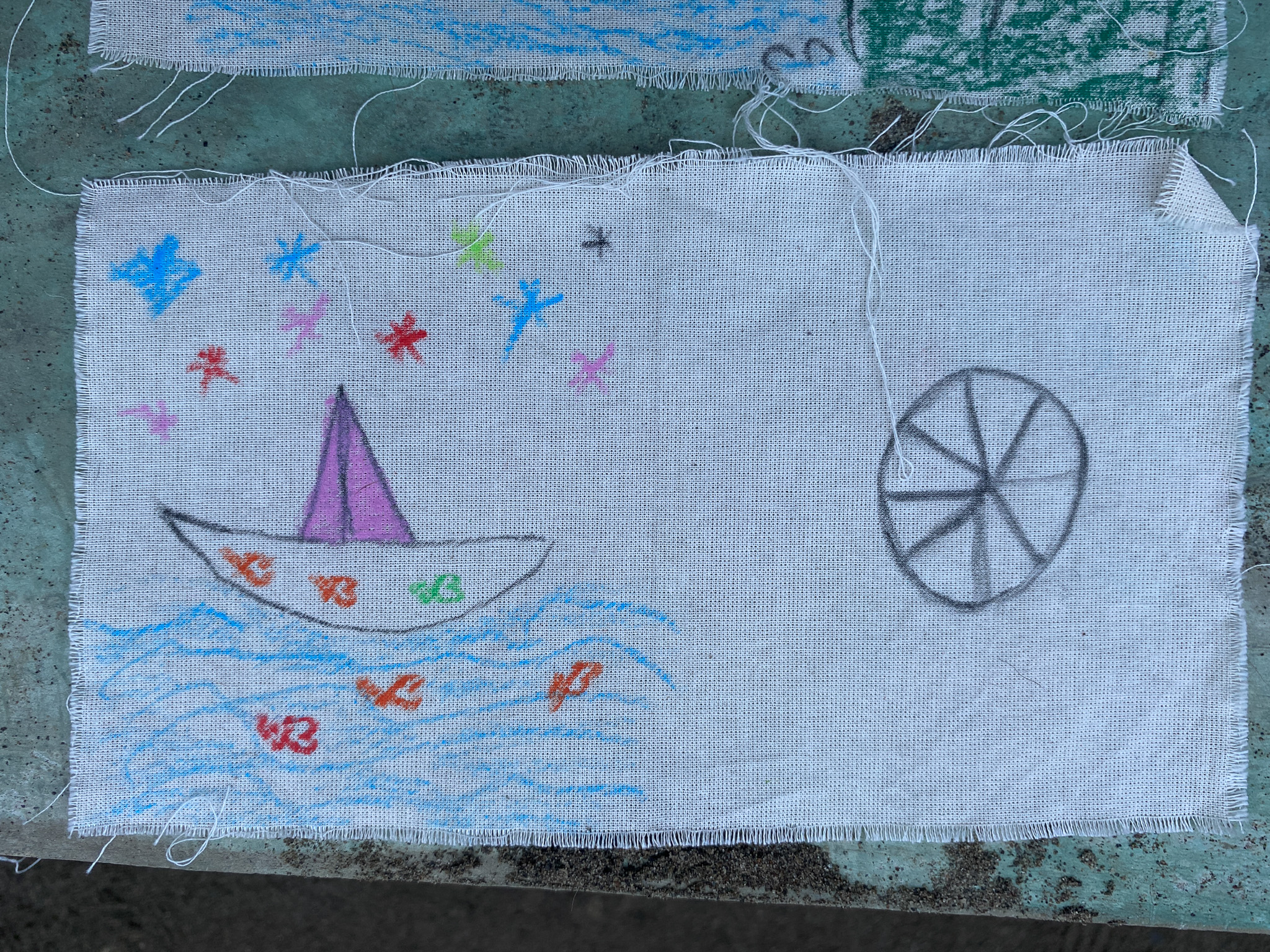
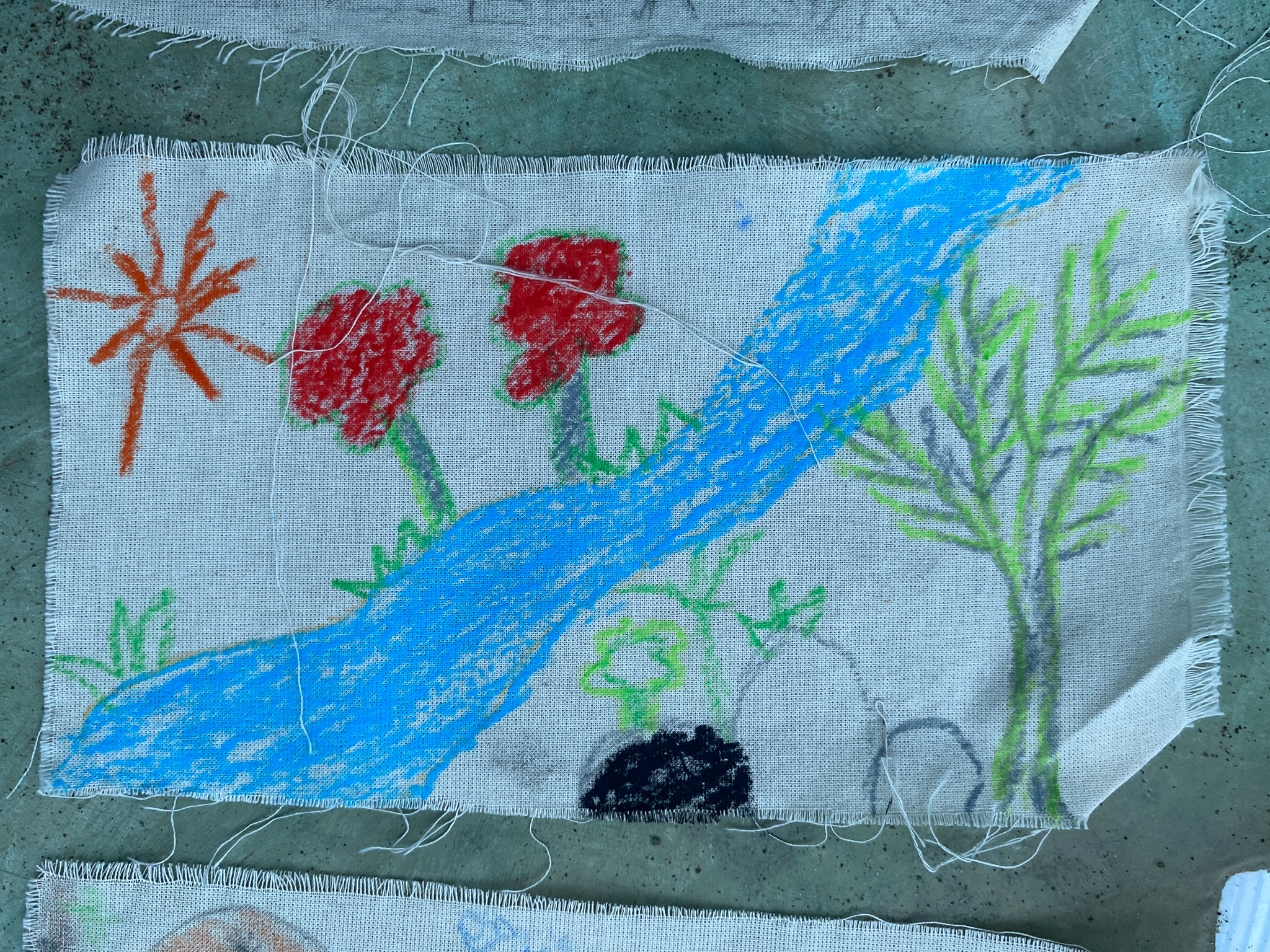
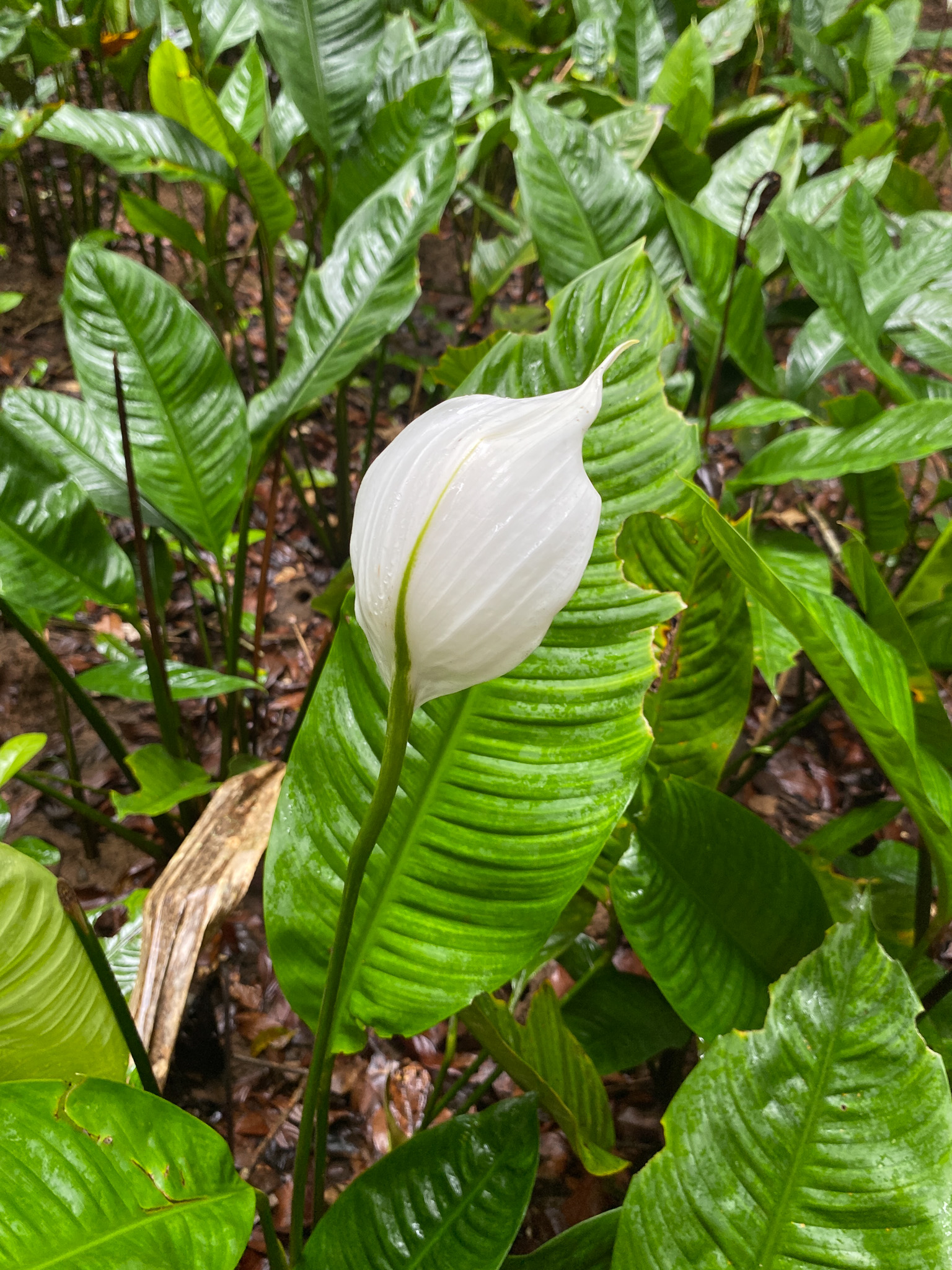
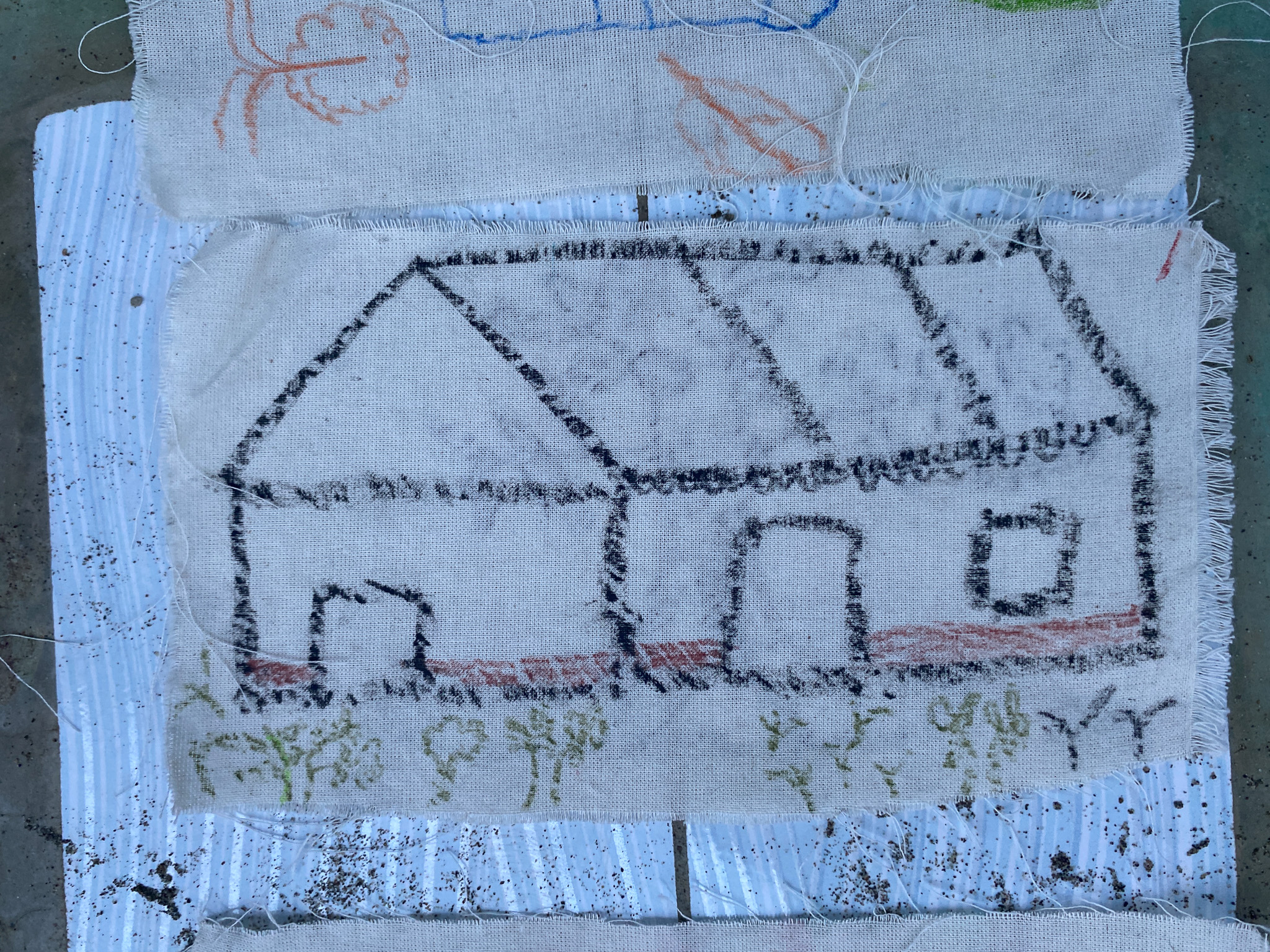
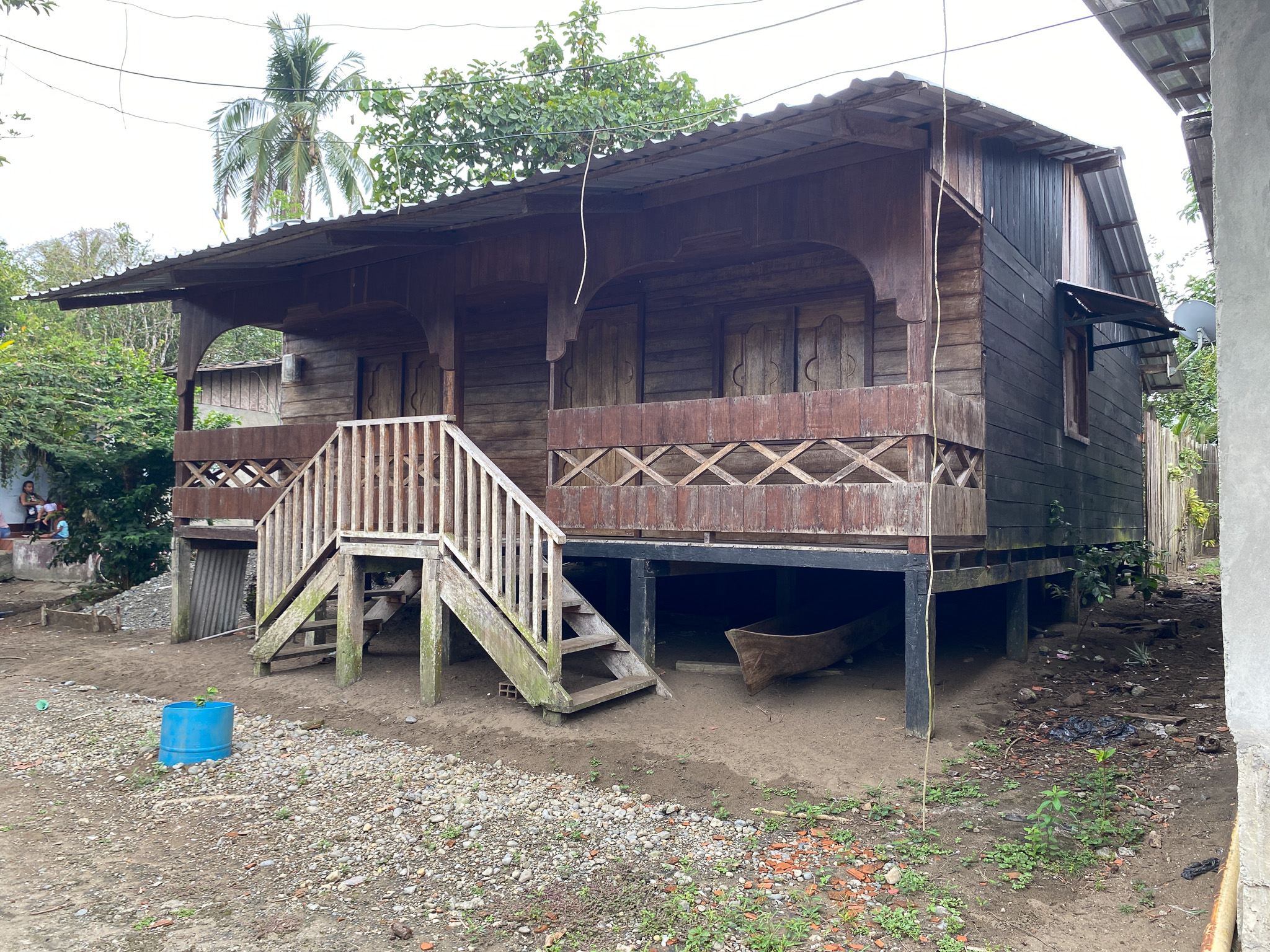
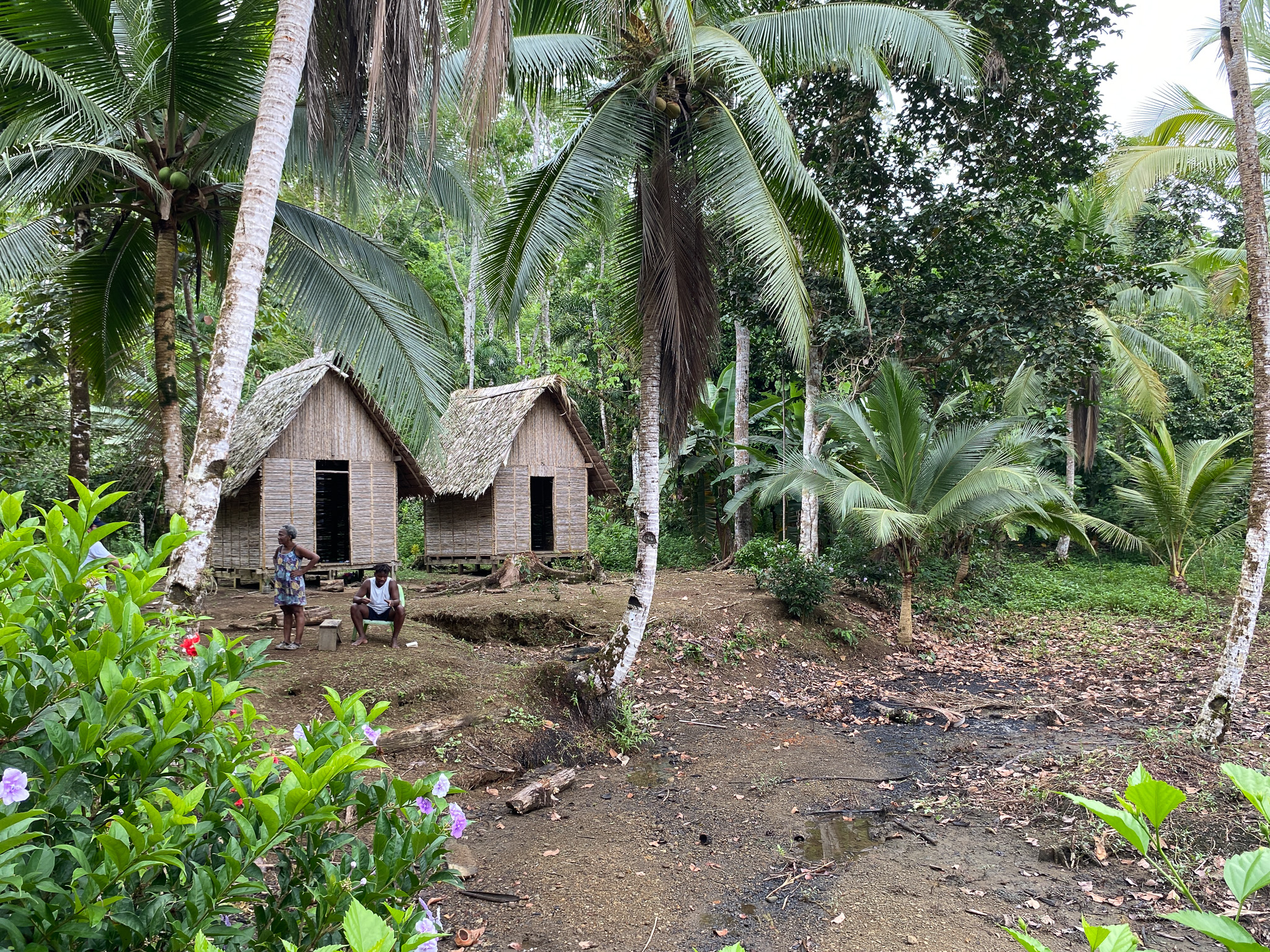
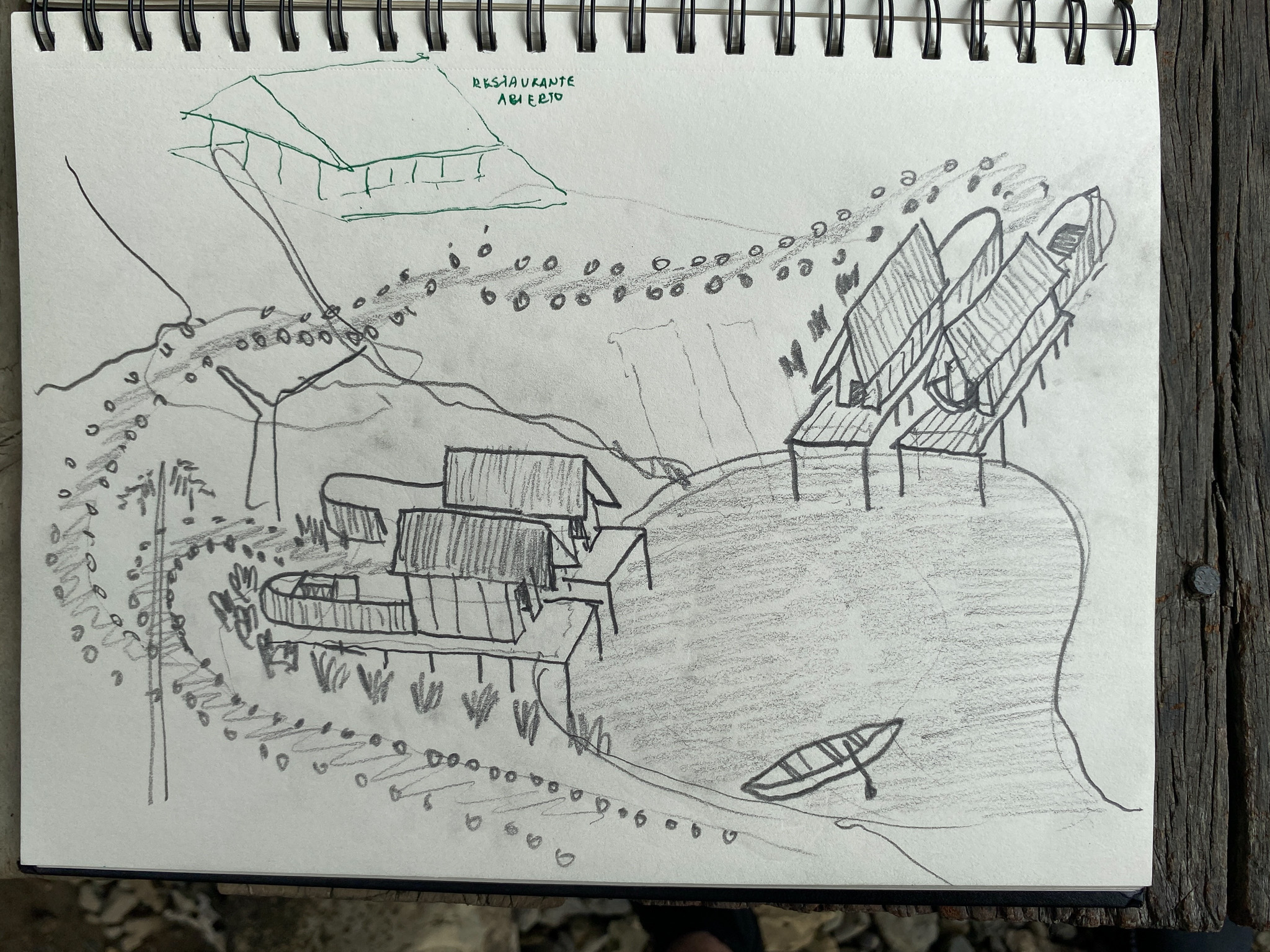
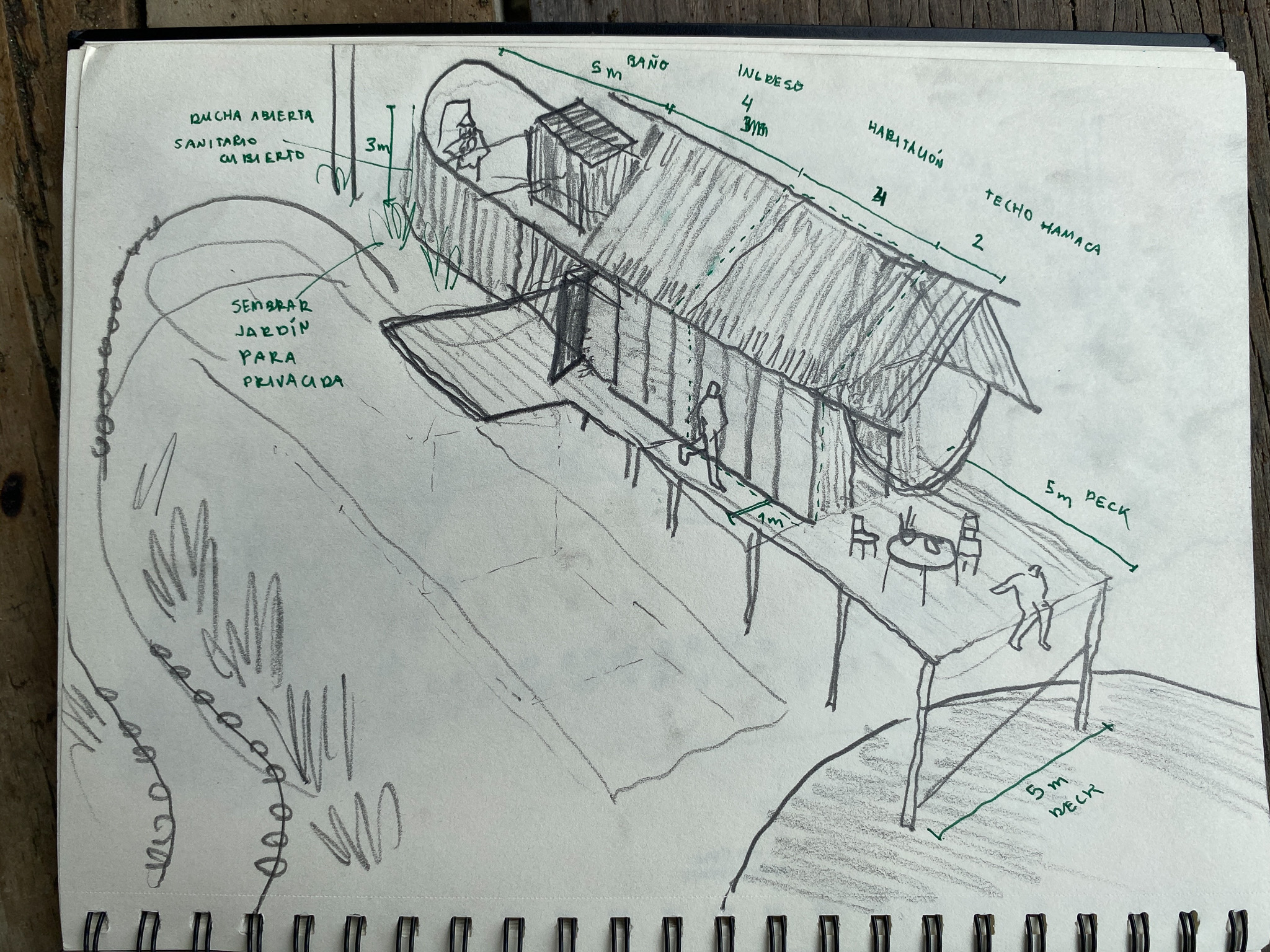
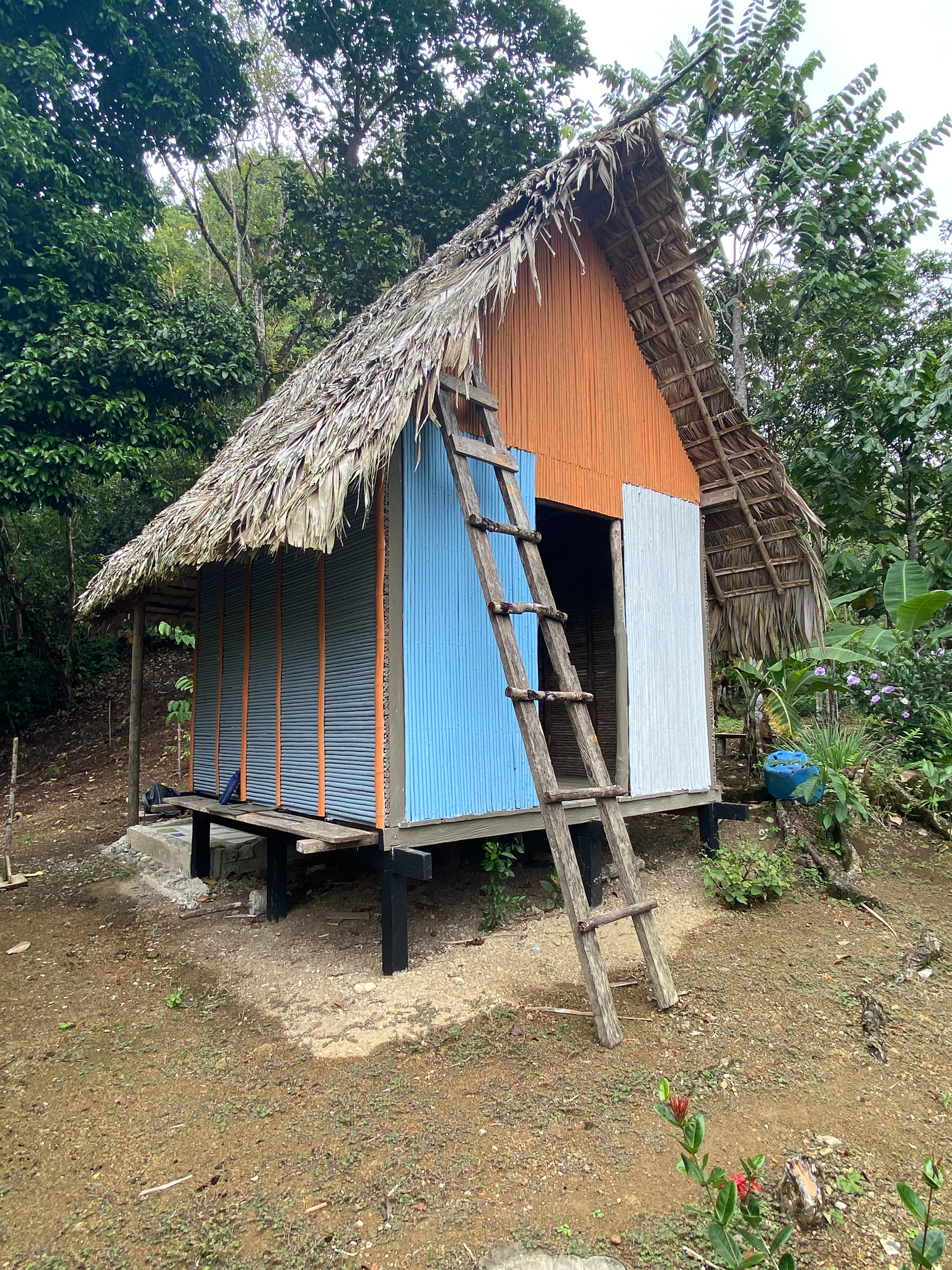
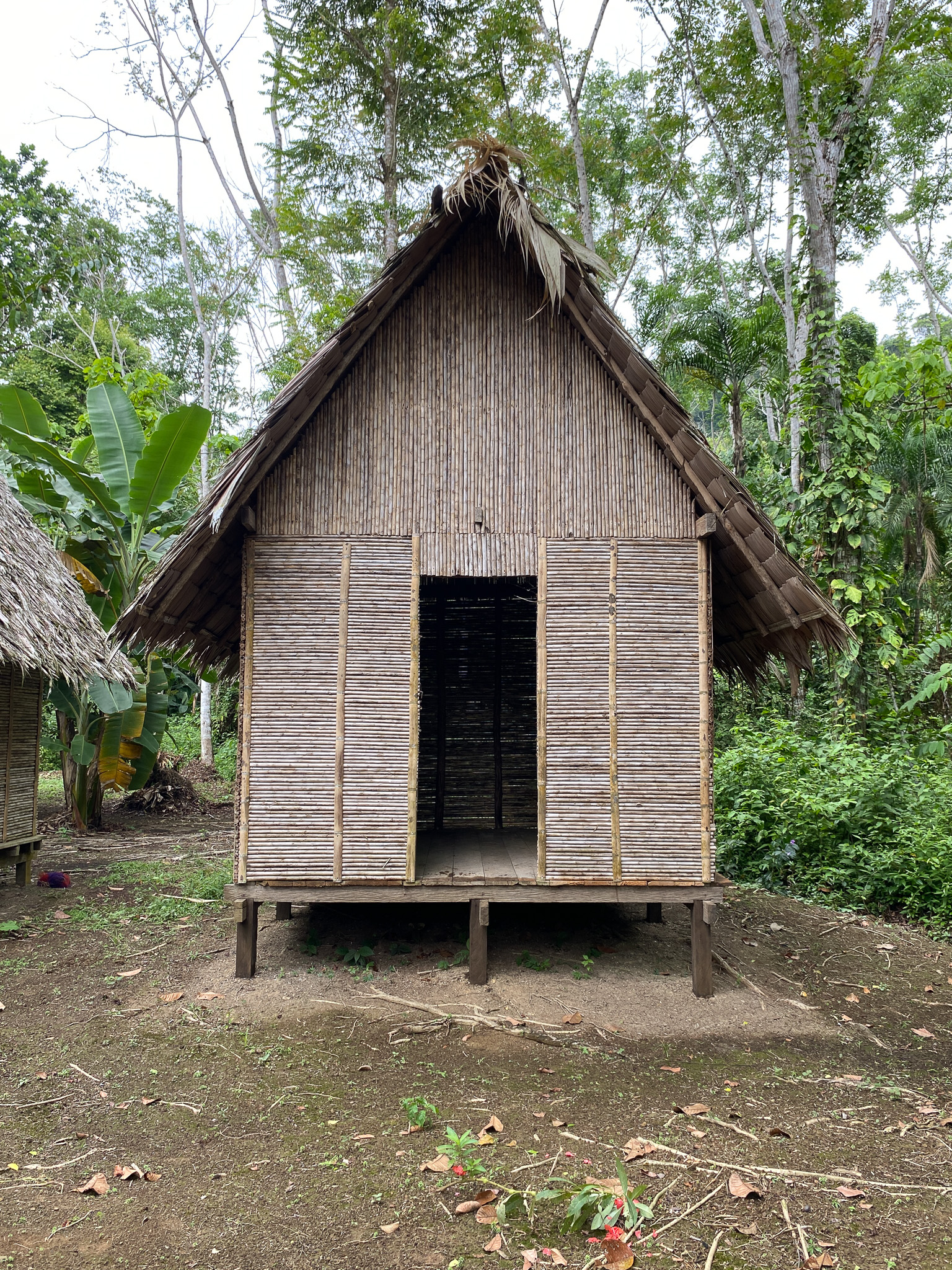
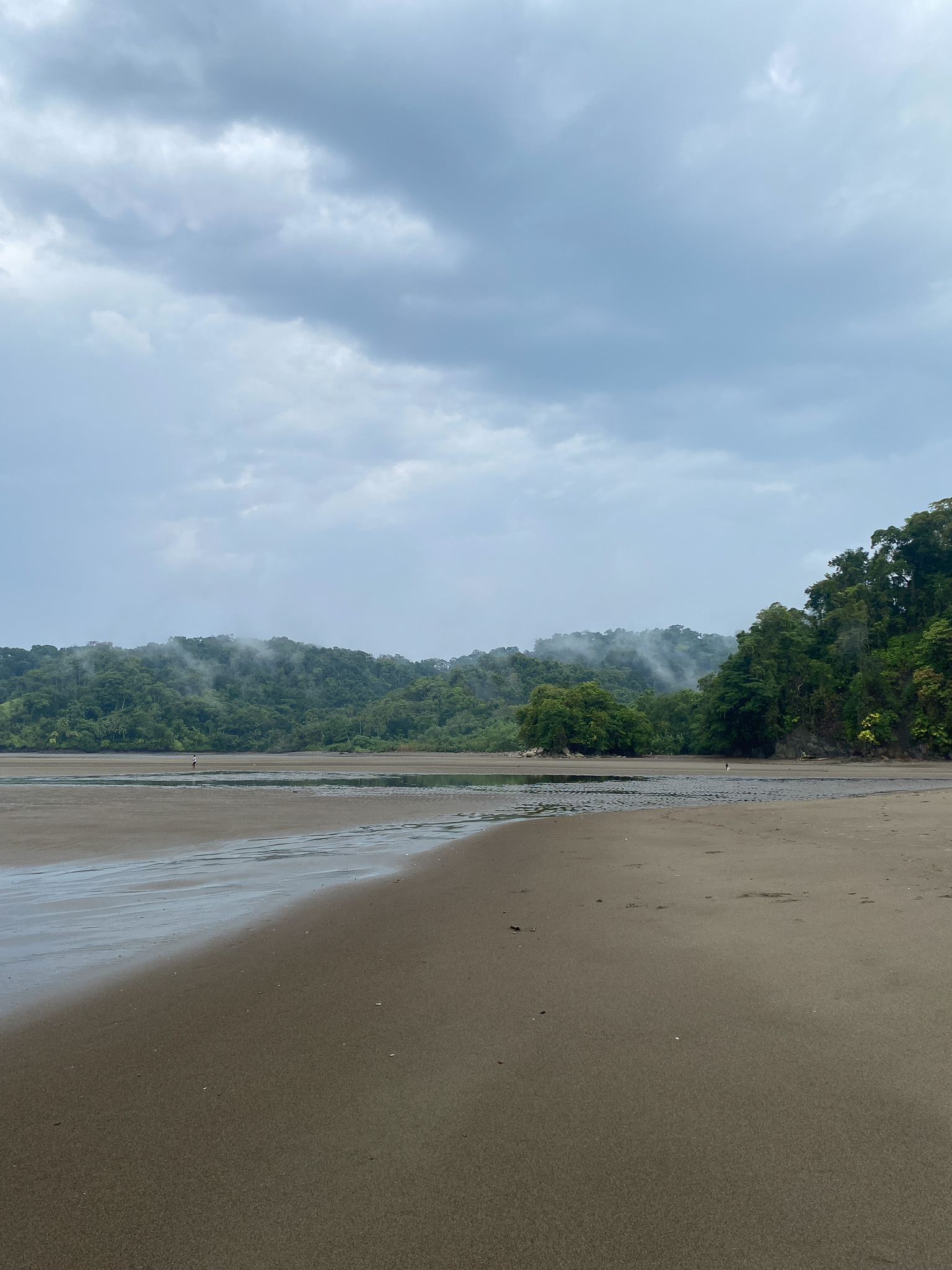
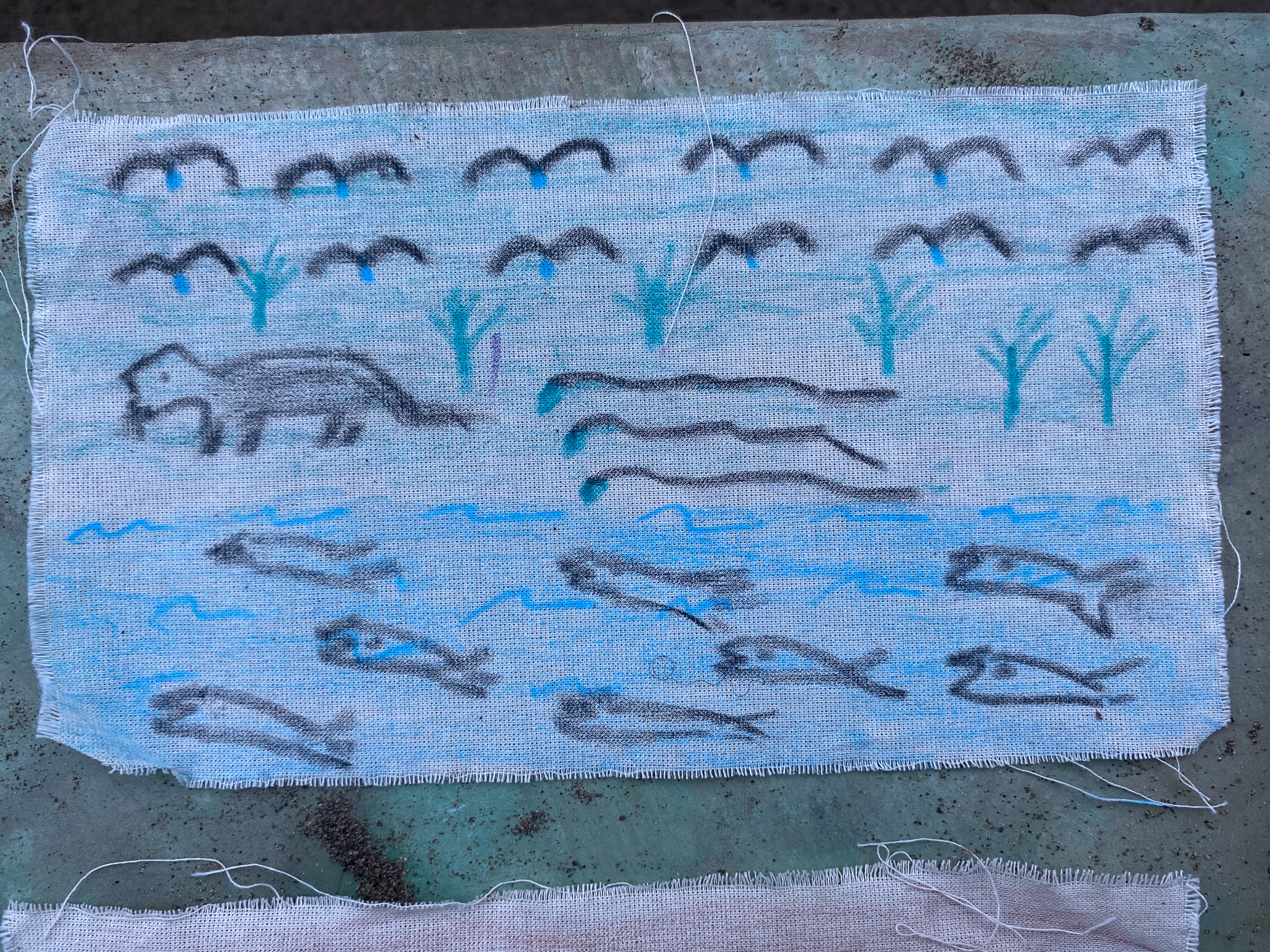
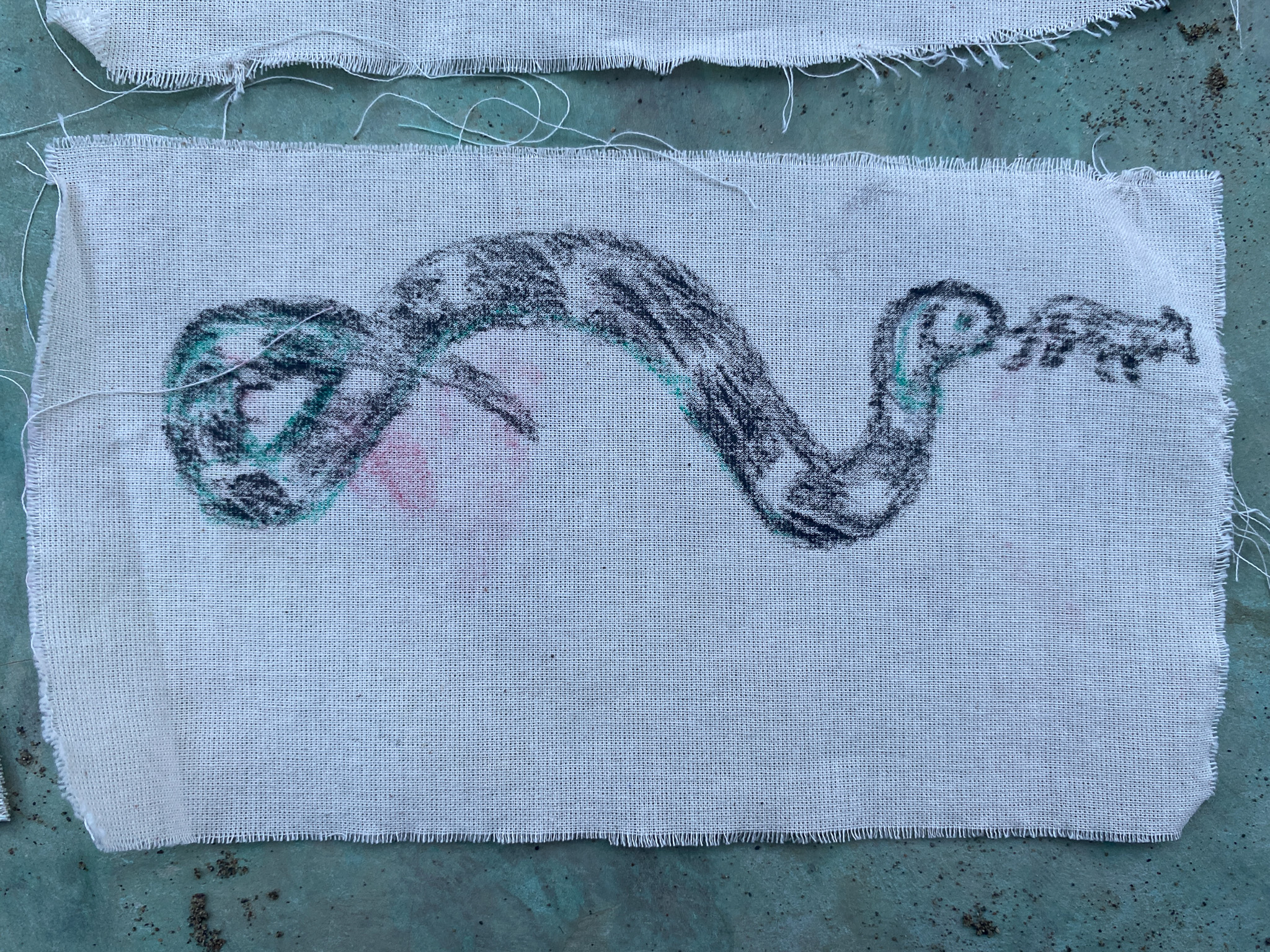
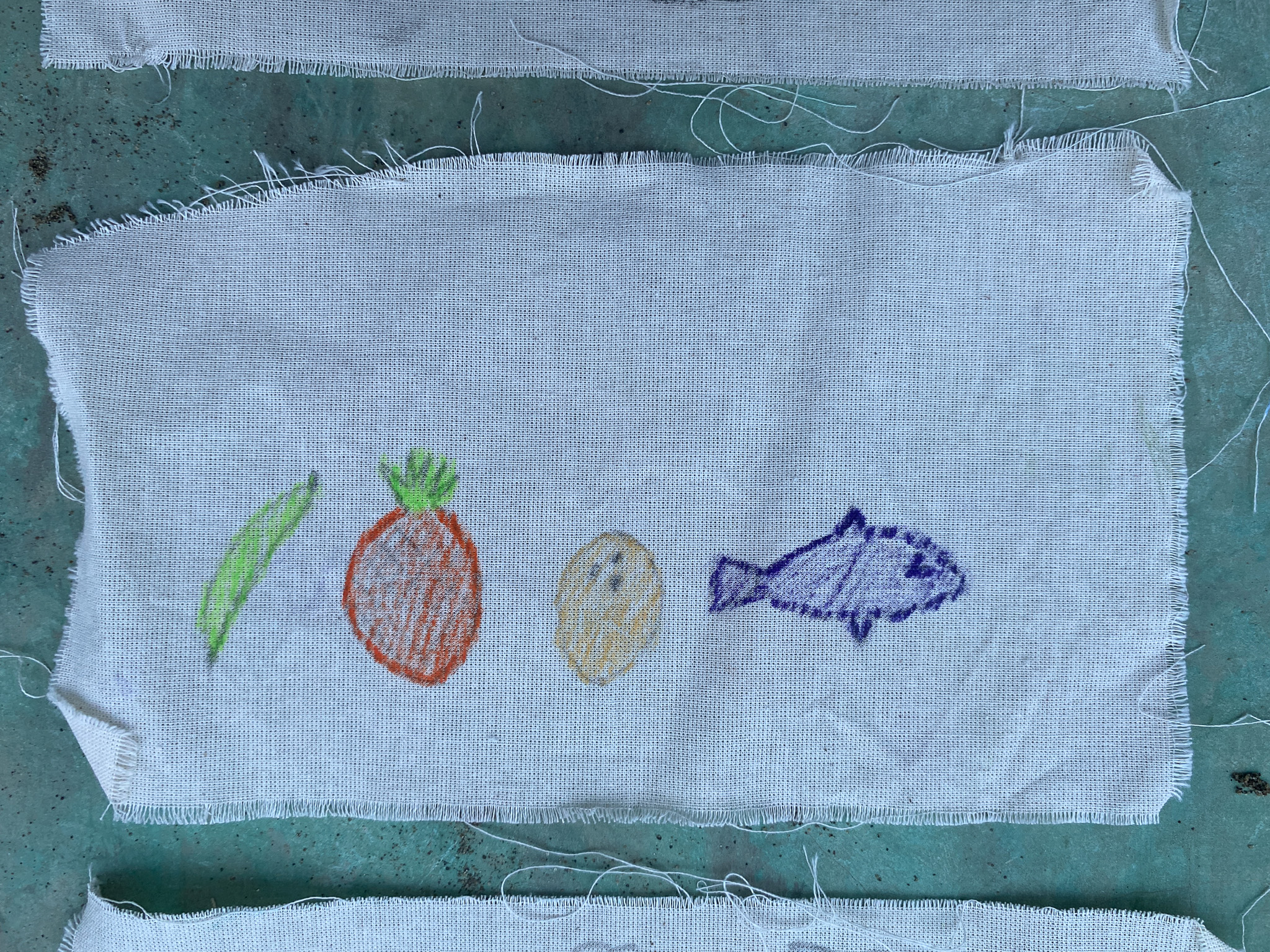
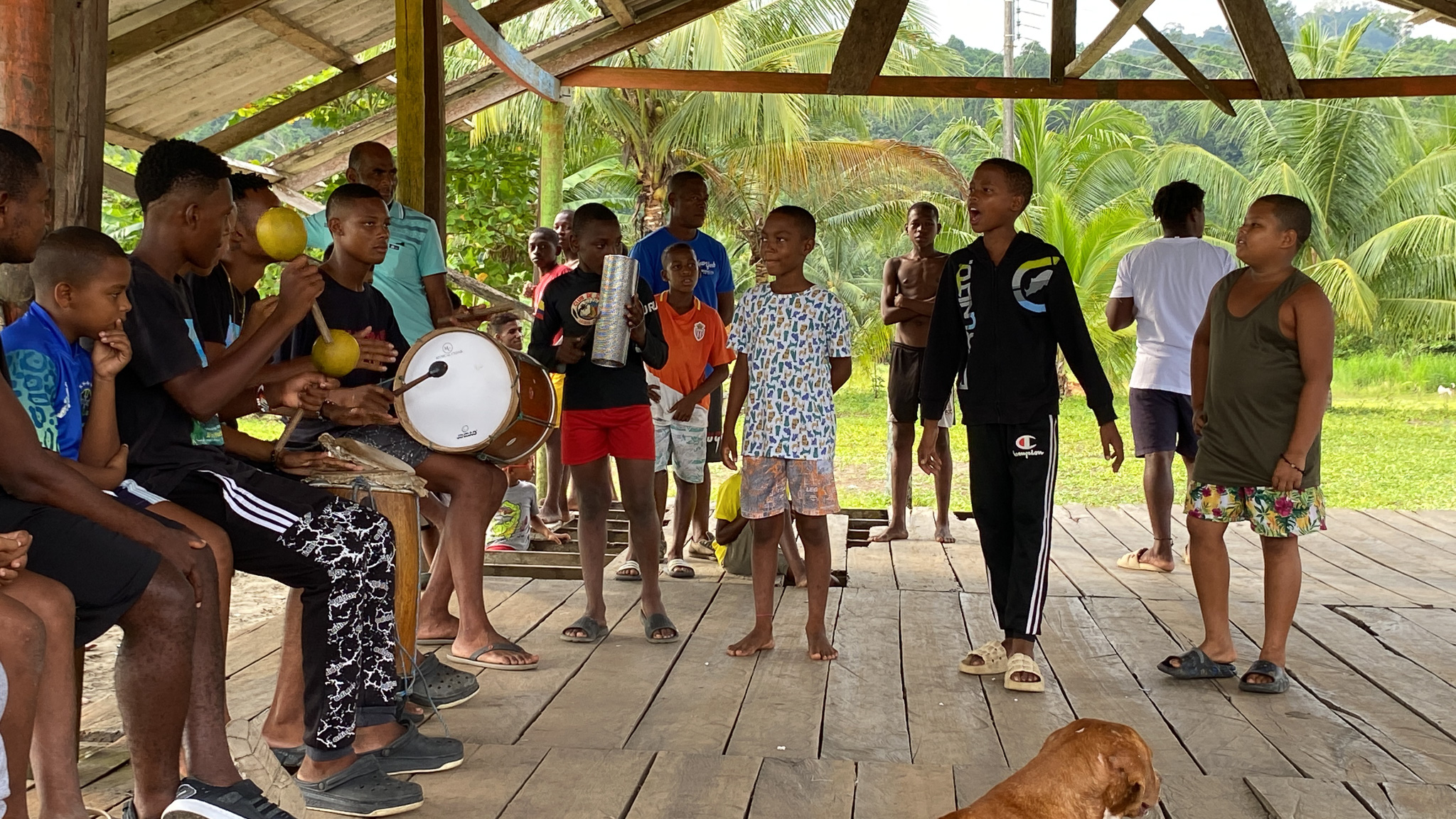
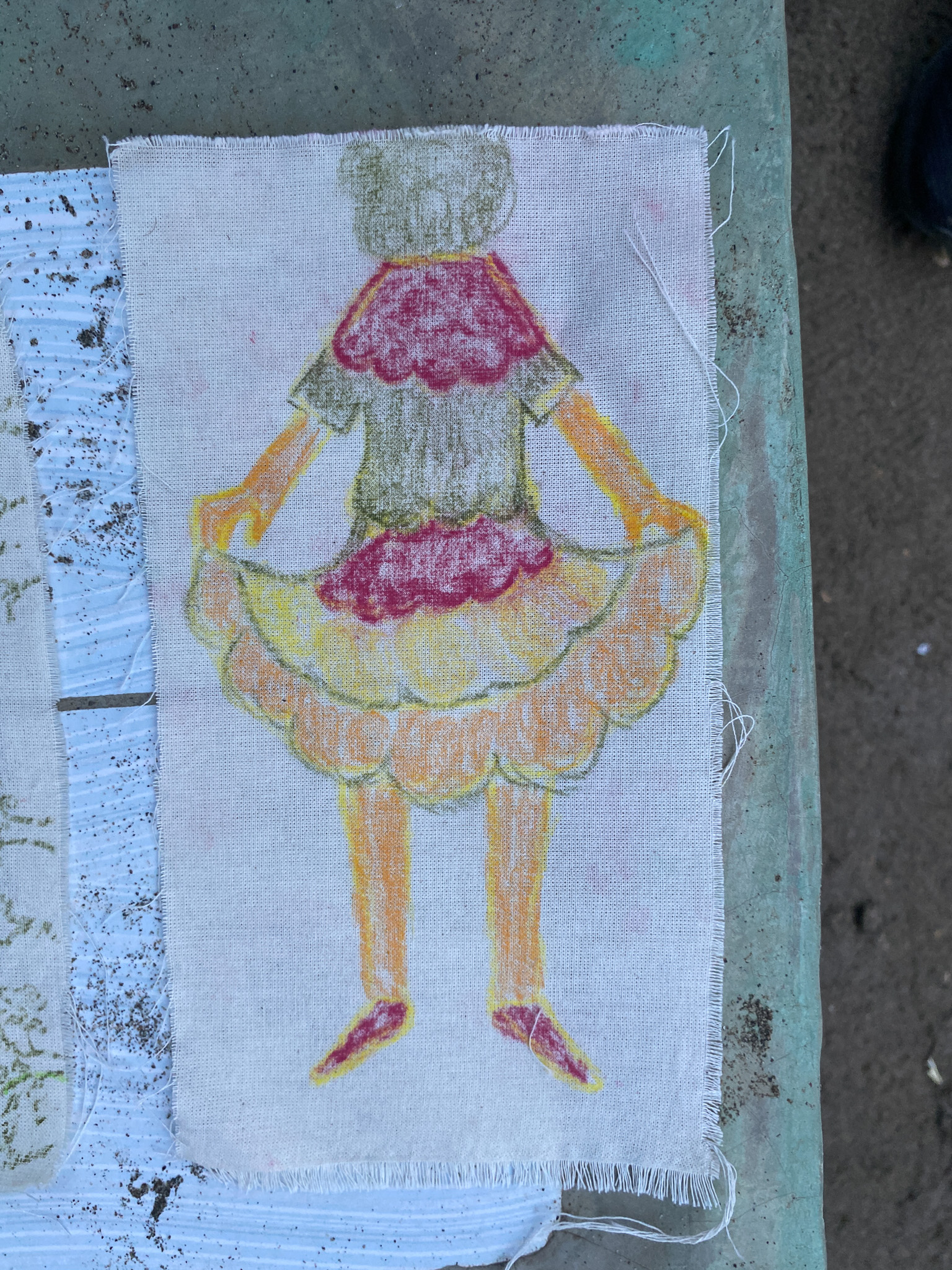
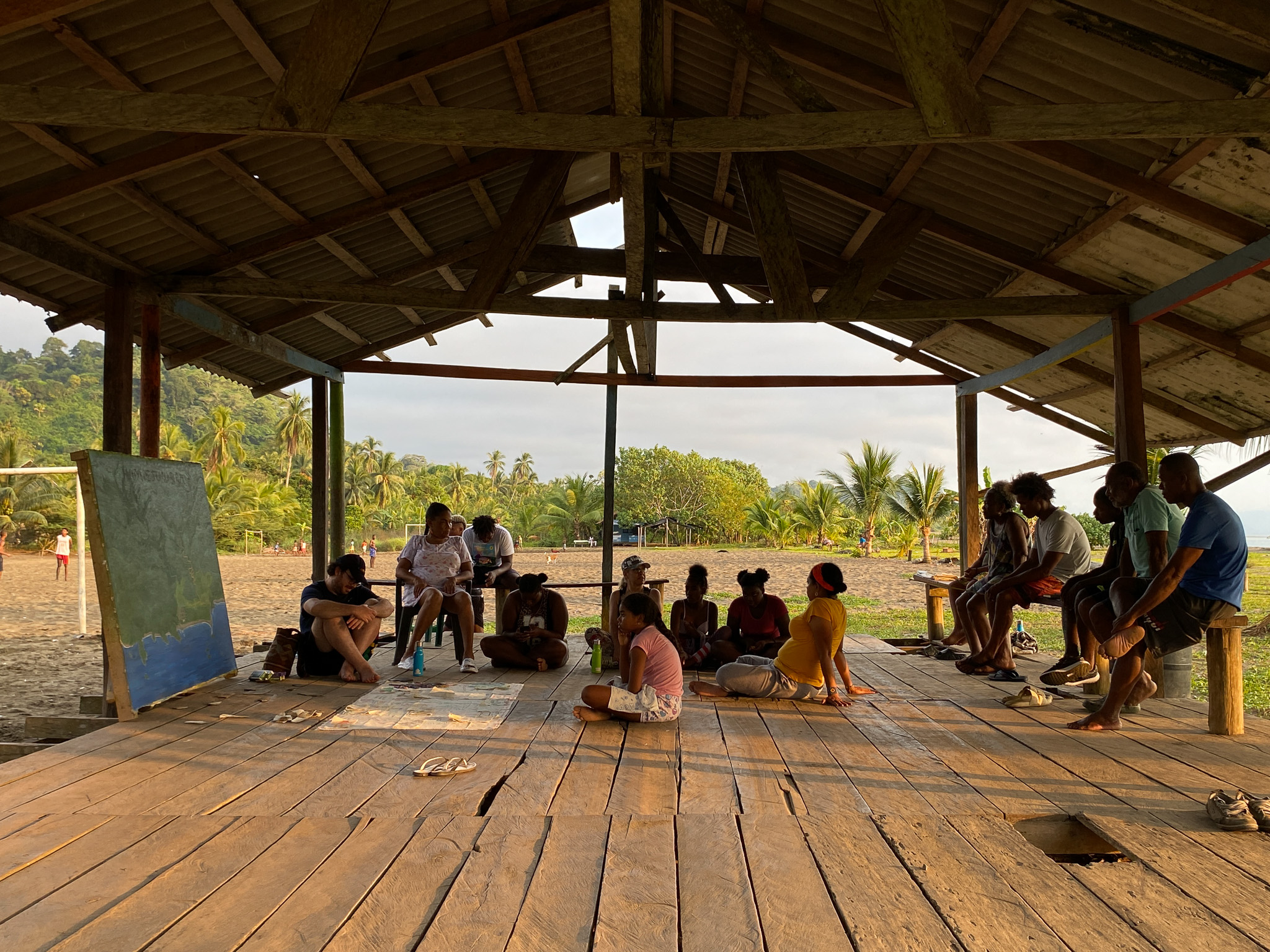
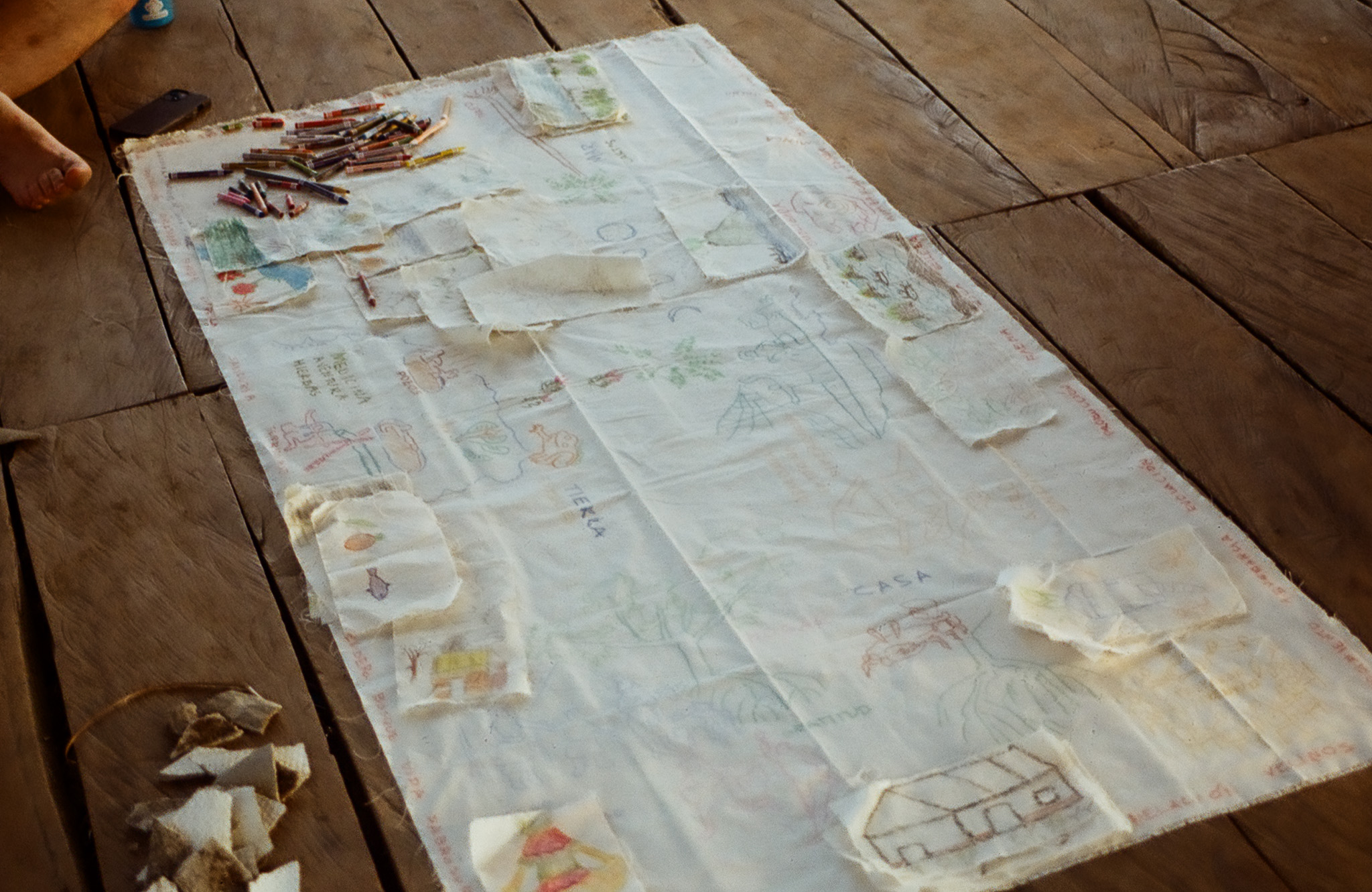
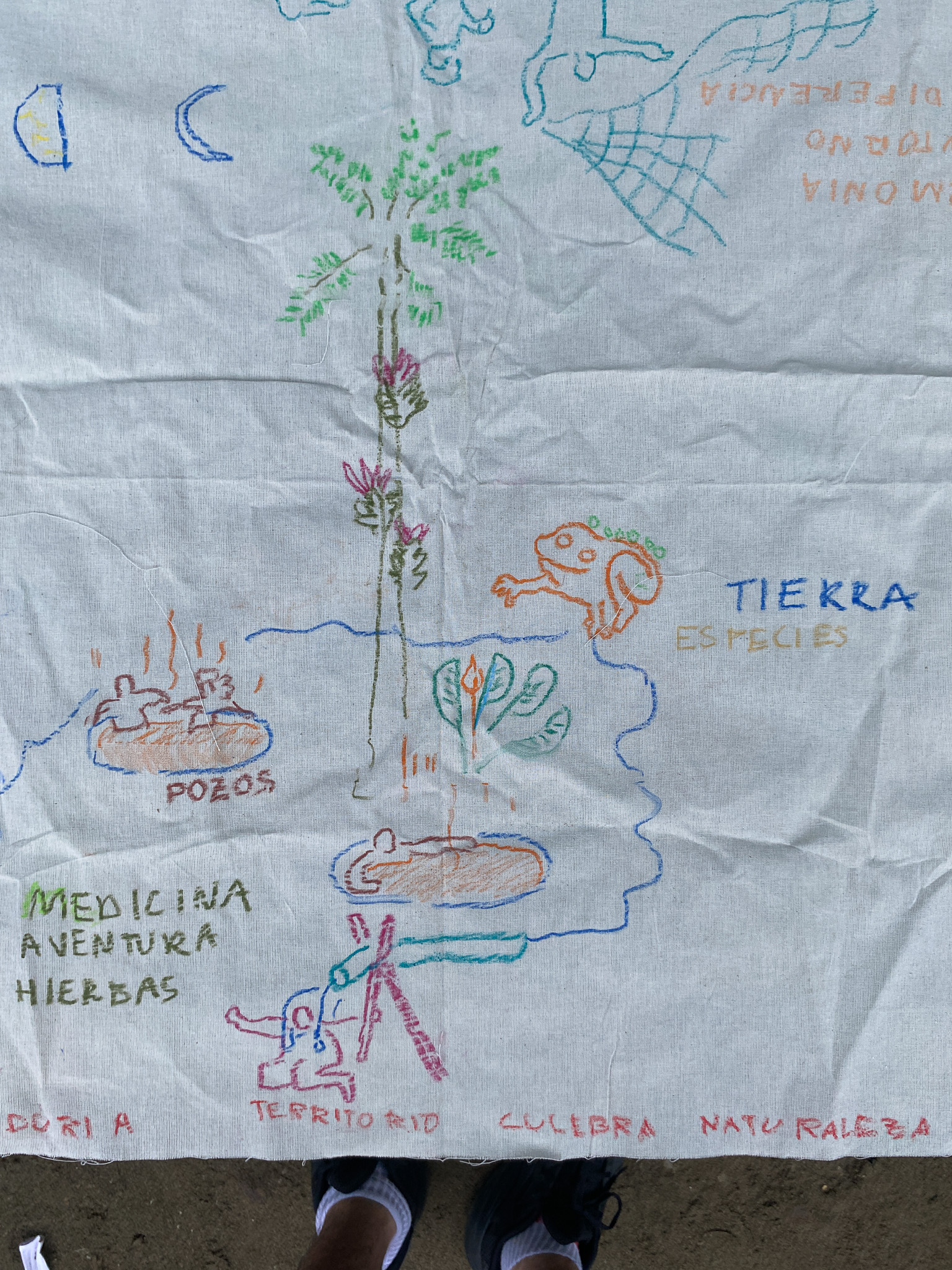
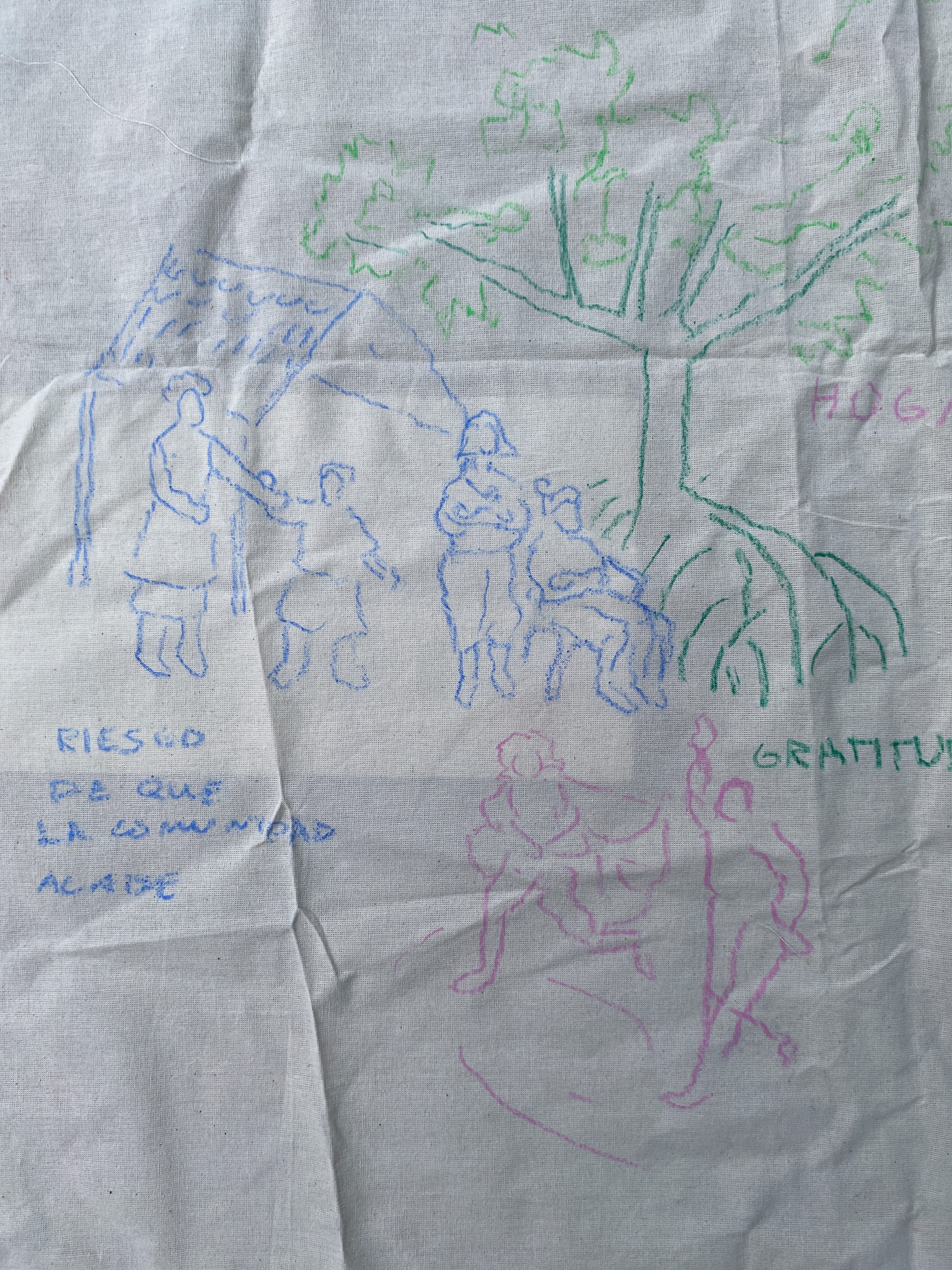
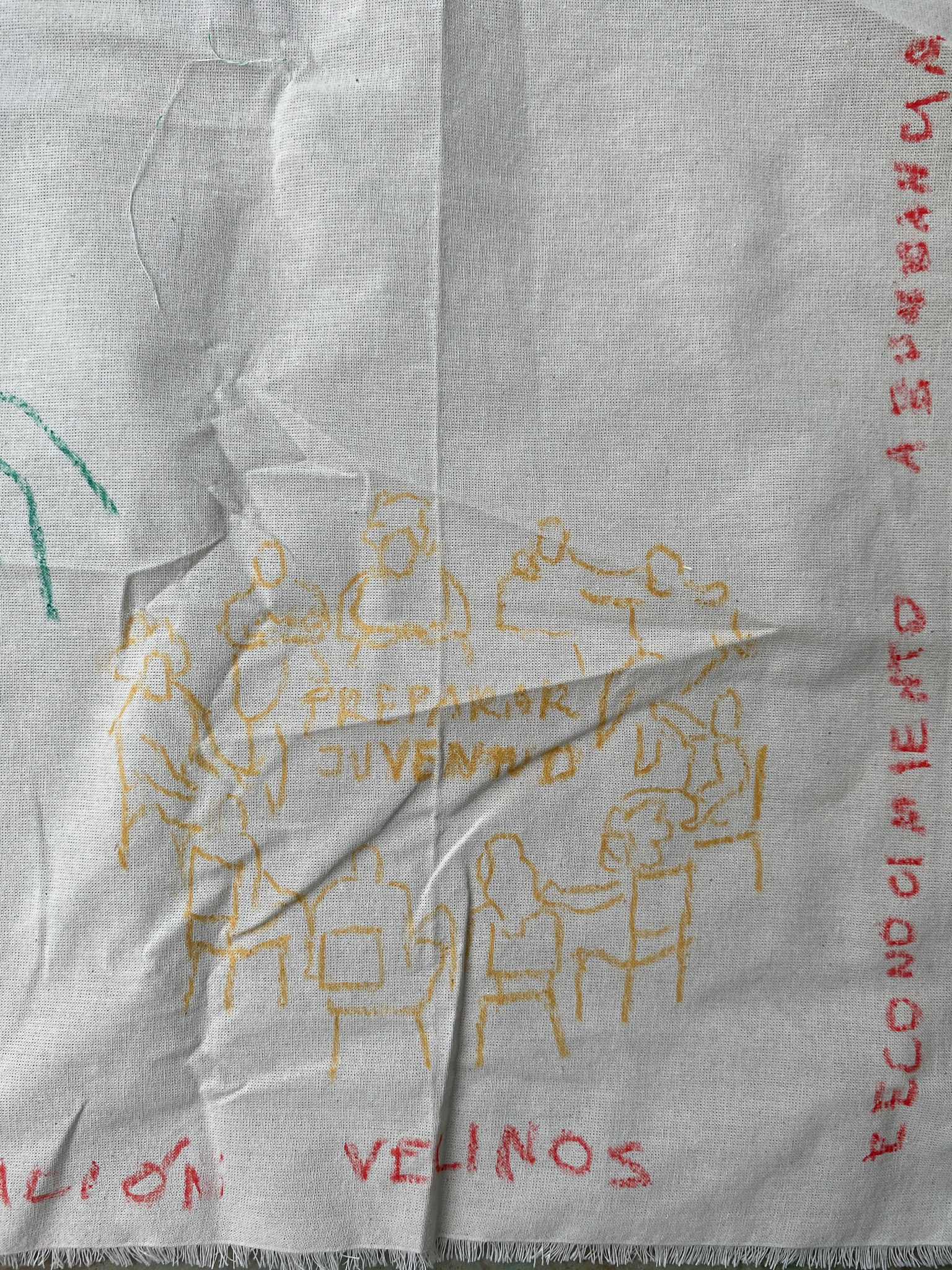
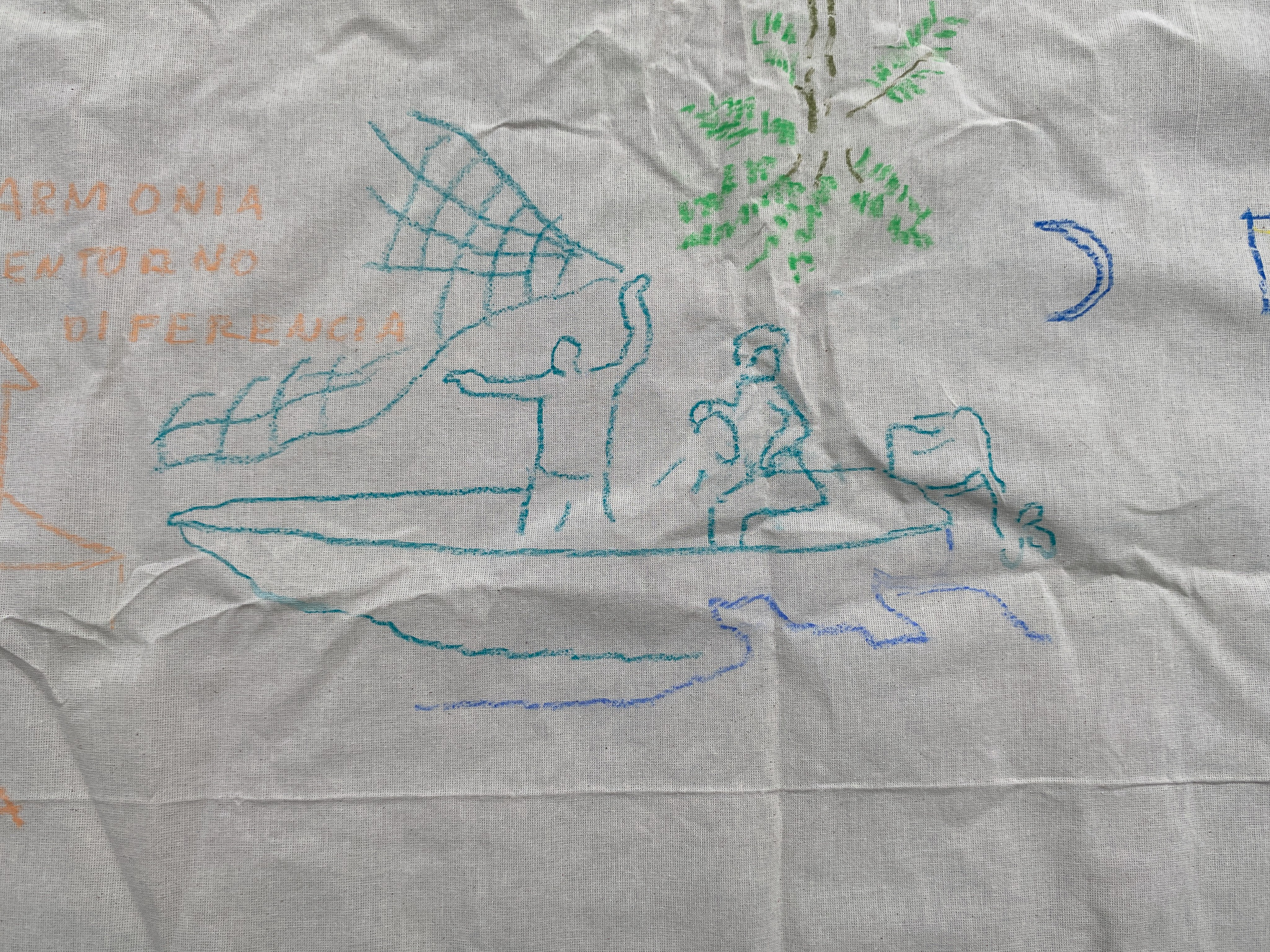
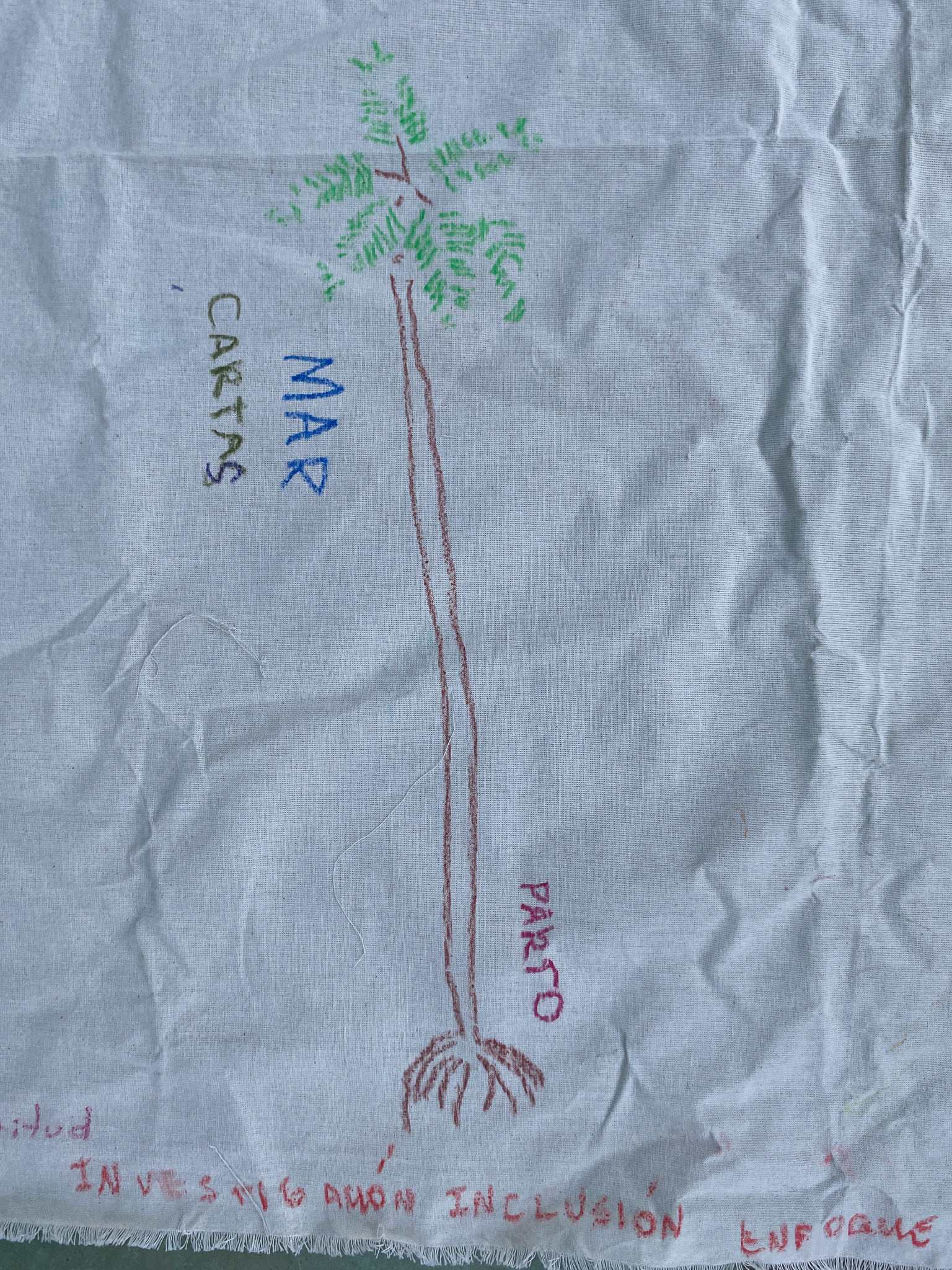
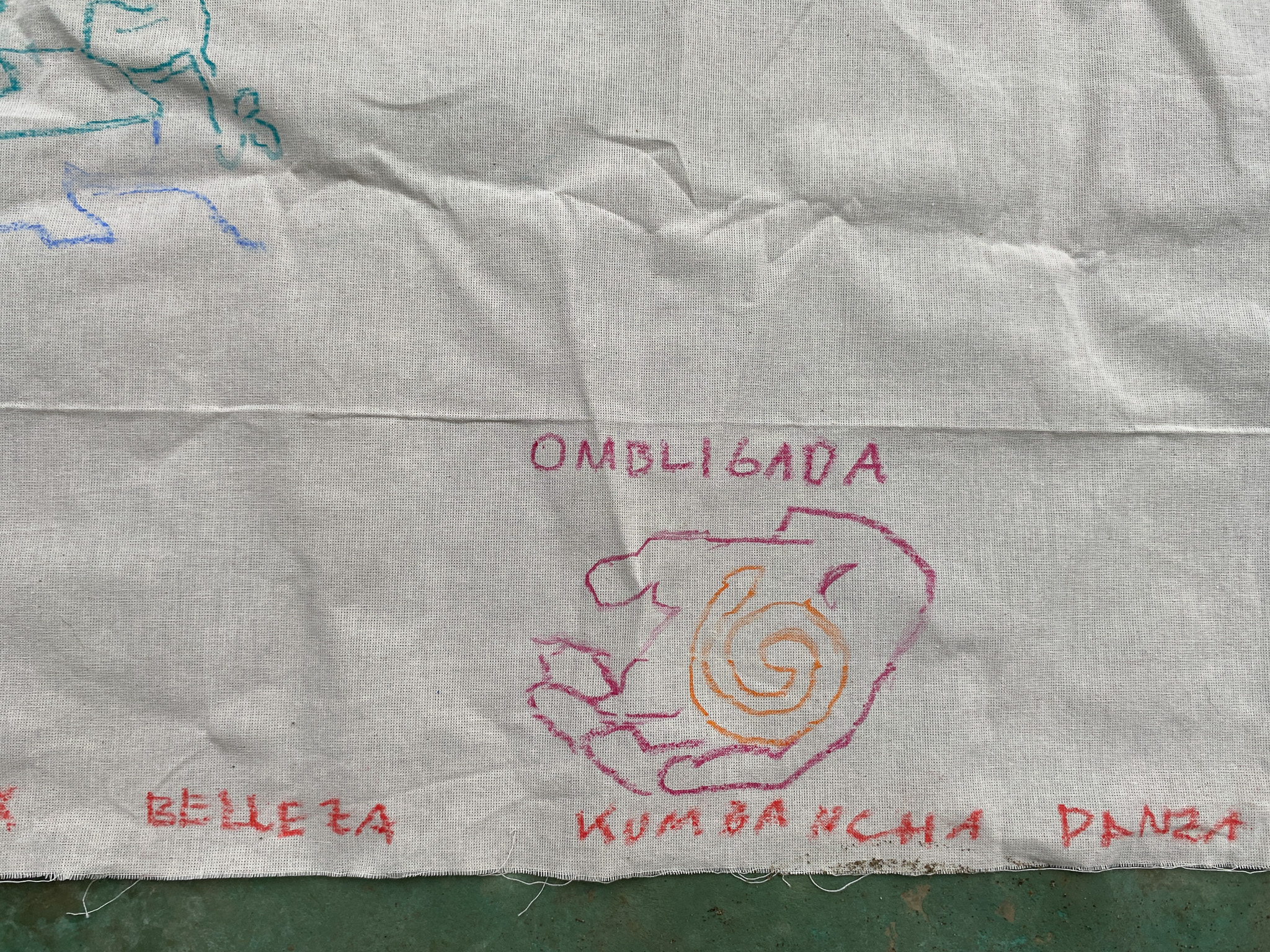
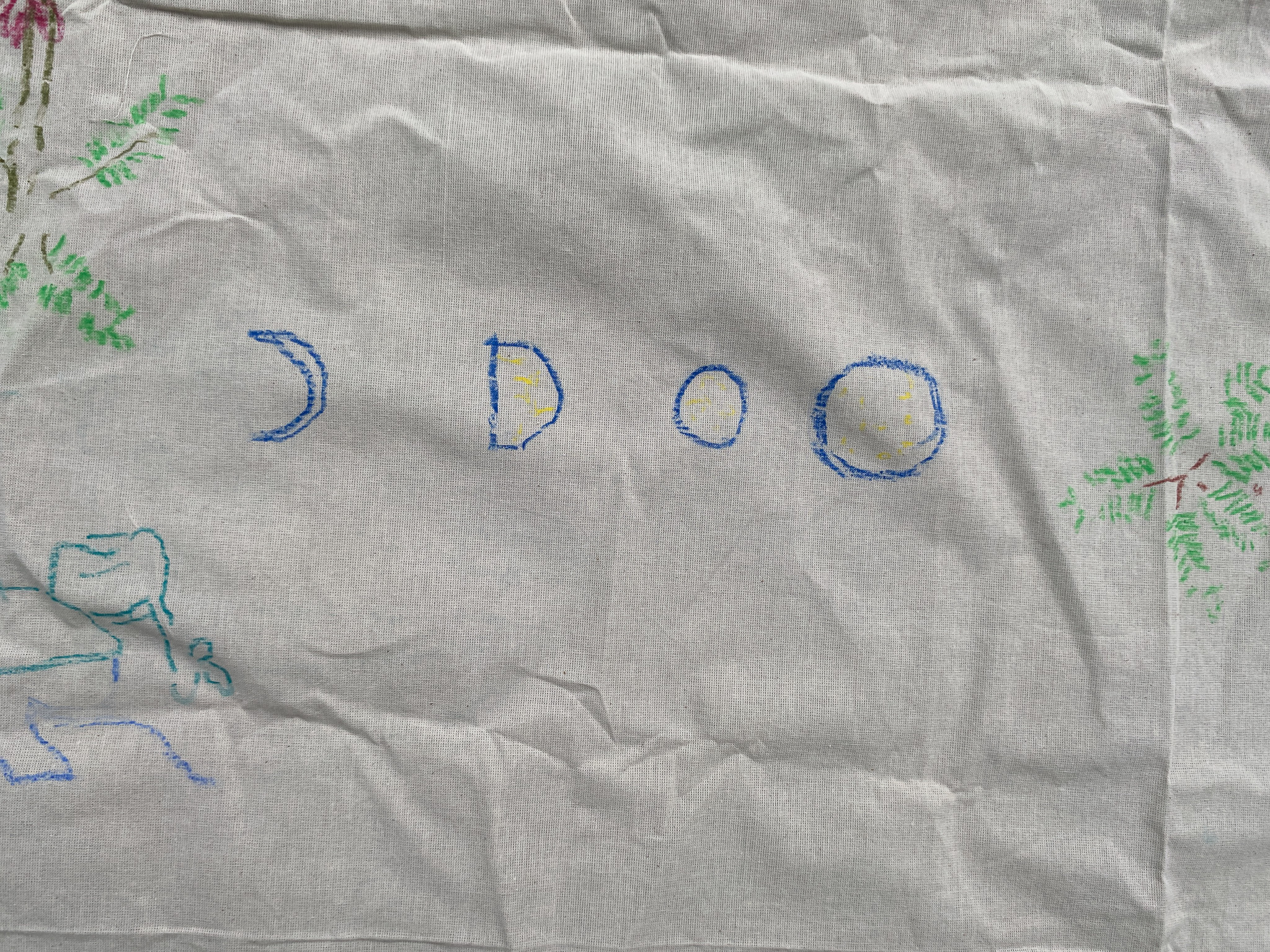
Dirección
Pedro Aparicio Llorente
Producción
APLO
Corporación Mano Cambiada
Producción Asociada
Asociación Los Manglares
Asociación Ecológica de Operadores Turísticos Agua Caliente los Anturios de Jurubirá
Guión y edición
Emily Blanco Lozano
Narración
Franklin Moreno
Everto Lopez
Noelia Mosquera
Investigación
Josefina Klinger Zúñiga
Aida Suescun
Metodología pedagógica
Daniel Blanco Lozano
Ilustración
Daniel Blanco Lozano
Fotografía análoga
Pedro Aparicio Llorente
Daniel Blanco Lozano
Fotografía aérea con dron
Alberto Ortiz Garcia
Archivo sonoro
Leonel Vásquez
Tipografía
Juan Pablo Fajardo
Piedra Tijera Papel
Fuente JAGUAR
Agradecimientos
Miembros de la comunidad de Jurubira que participaron en los talleres colectivos de dibujo.
Everto López Luis Antonio Lloreda Carmen Mosquera Alvarado Zuñiga Franklin Moreno Gustavo Palomeque Nohelia Mosquera Virginia Dagoberto Serna Feder Serna Yam Carlos Moreno Diomedes Mena Luis Emiro Lerma Luis Emiro Lerma Córdoba
A las organizaciones de turismo por su guianza.
A las aguas termales de los volcanes submarinos por ofrecernos un buen dormir.
© 2024
APLO SAS / Corporación Mano Cambiada / Asociación Los Manglares / Asociación Ecológica de Operadores Turísticos Agua Caliente los Anturios de jurubirá